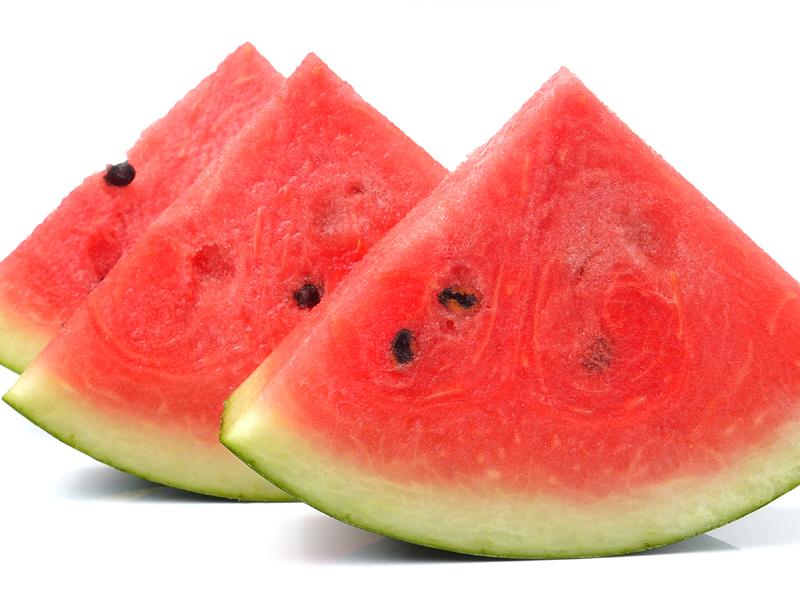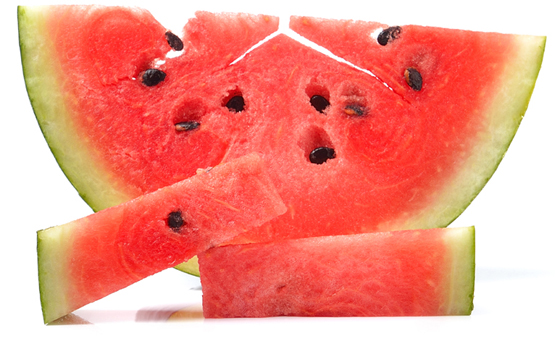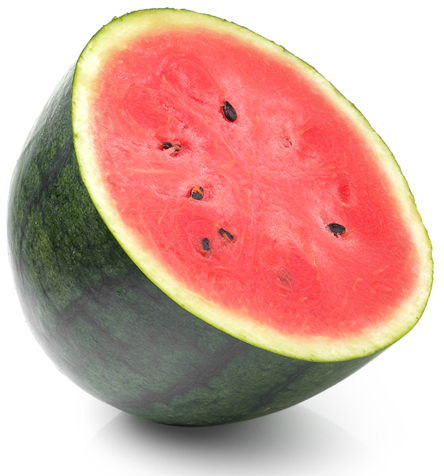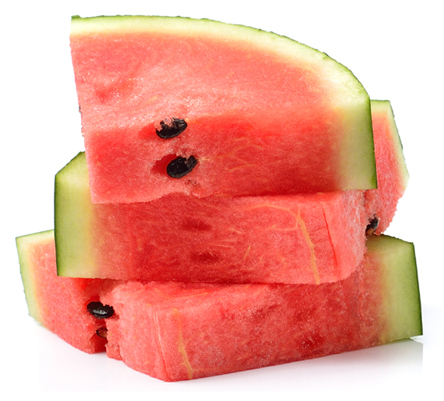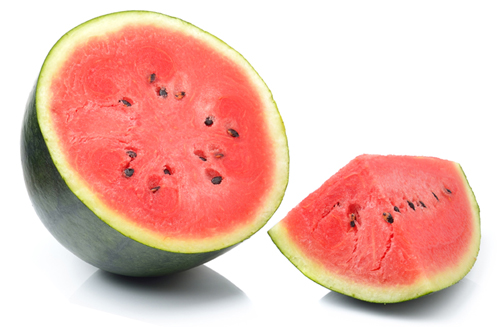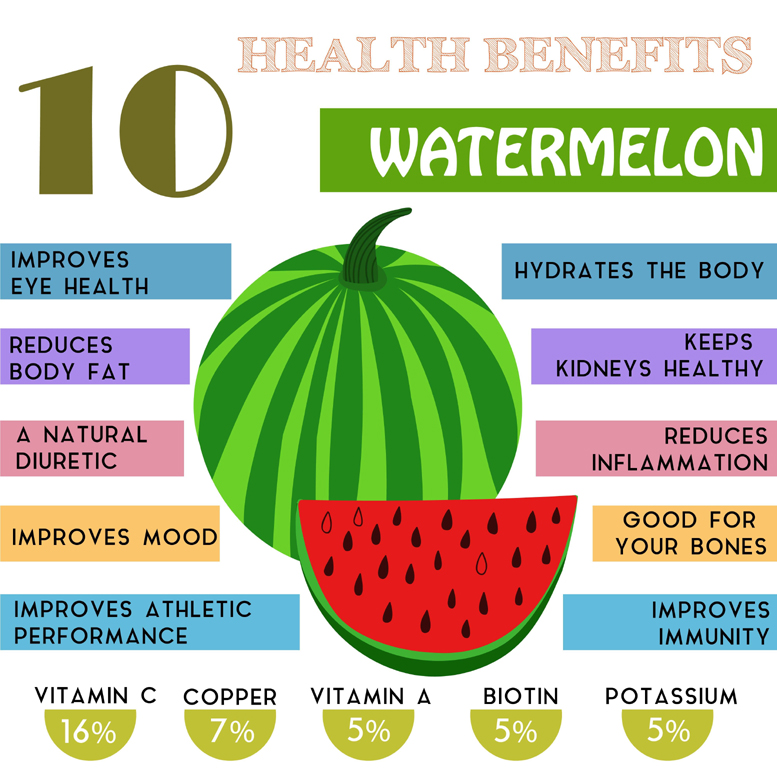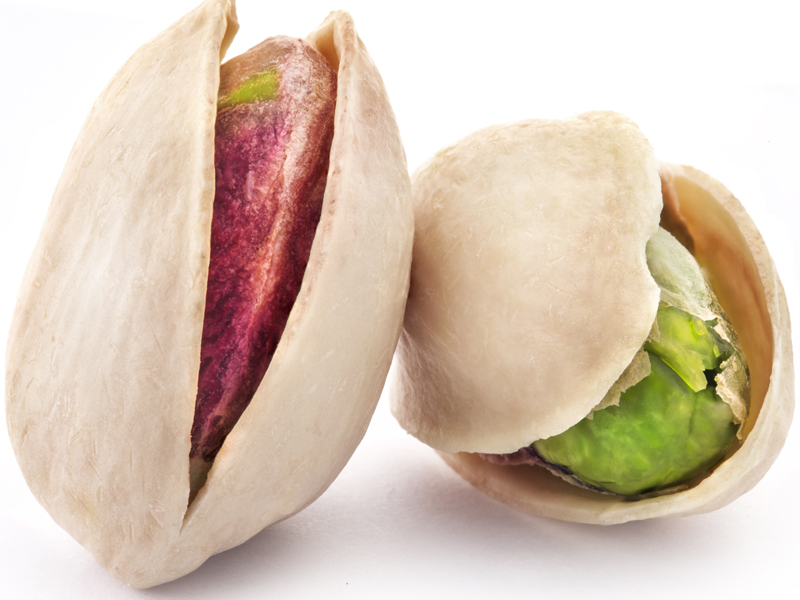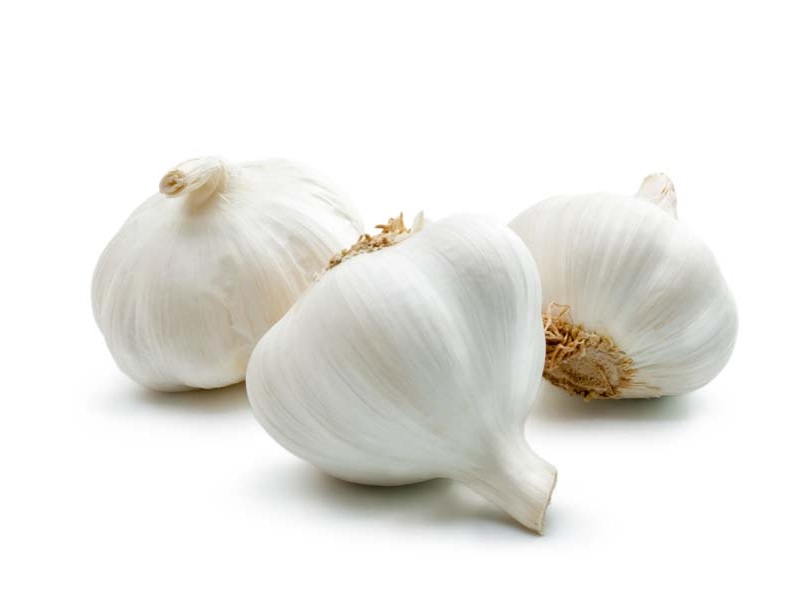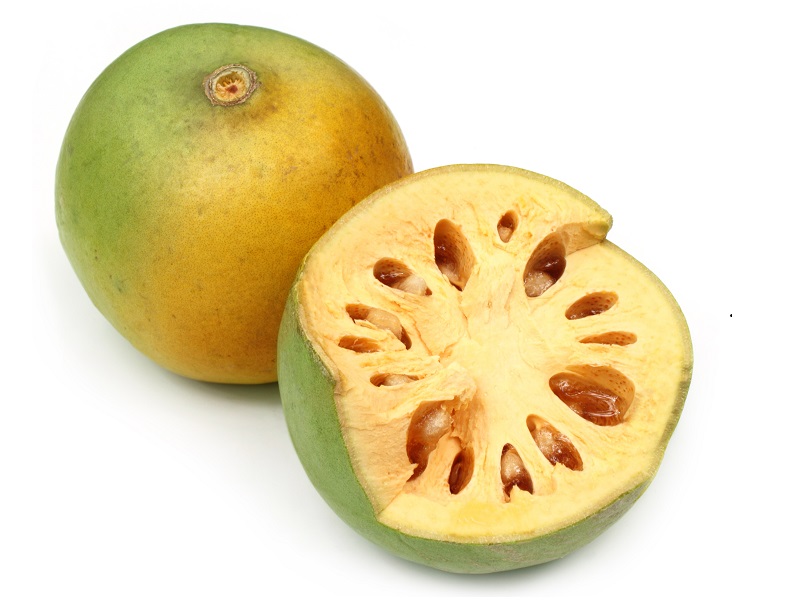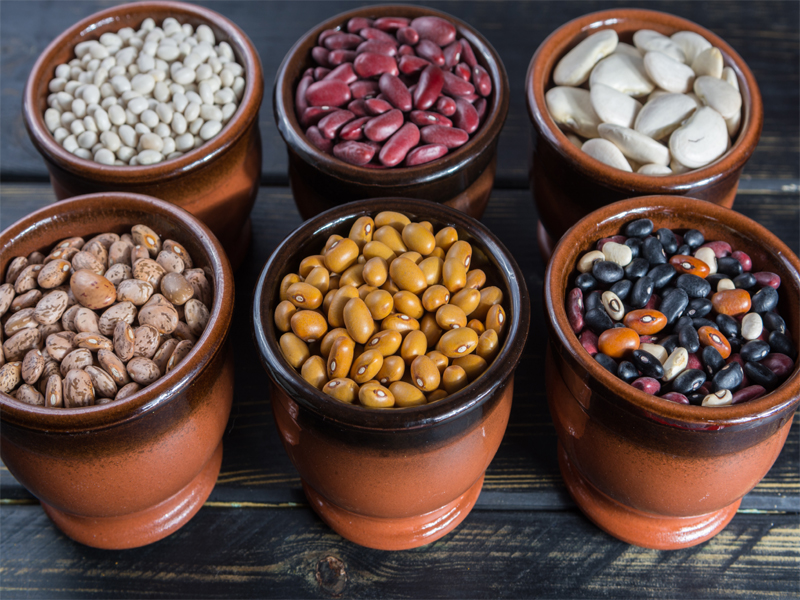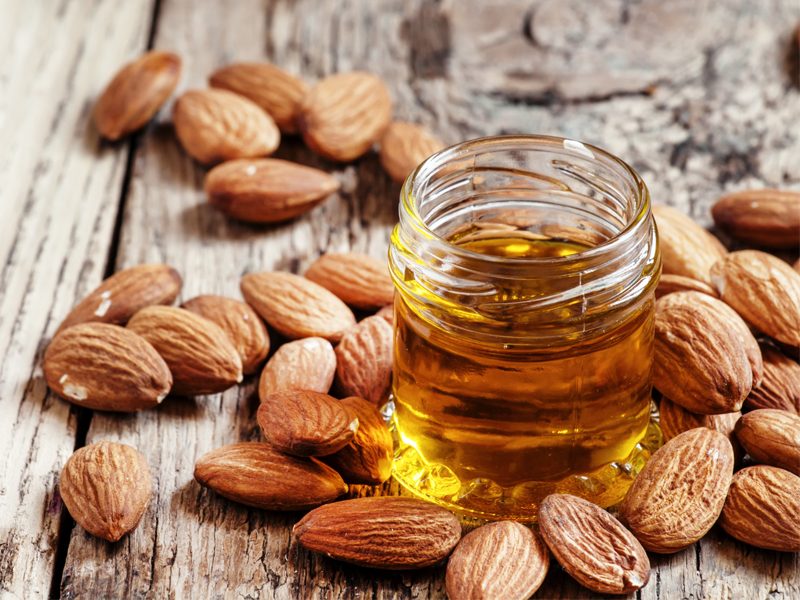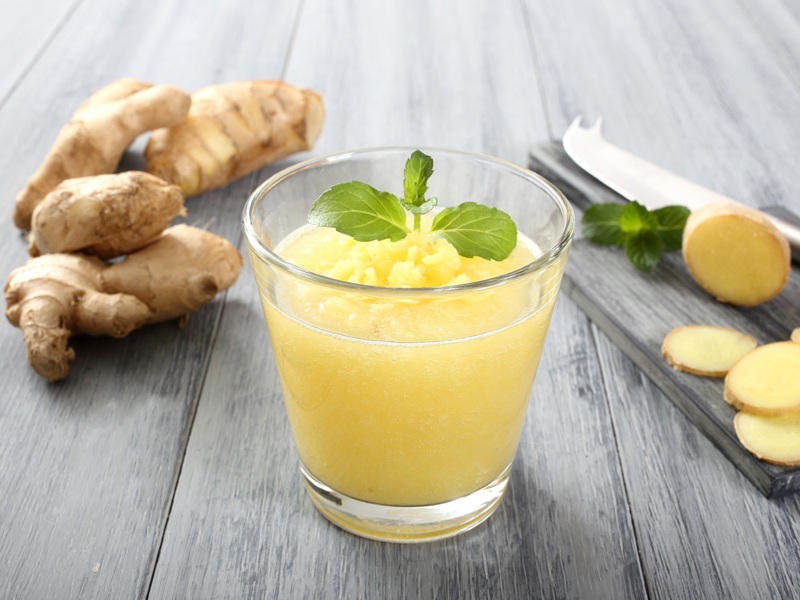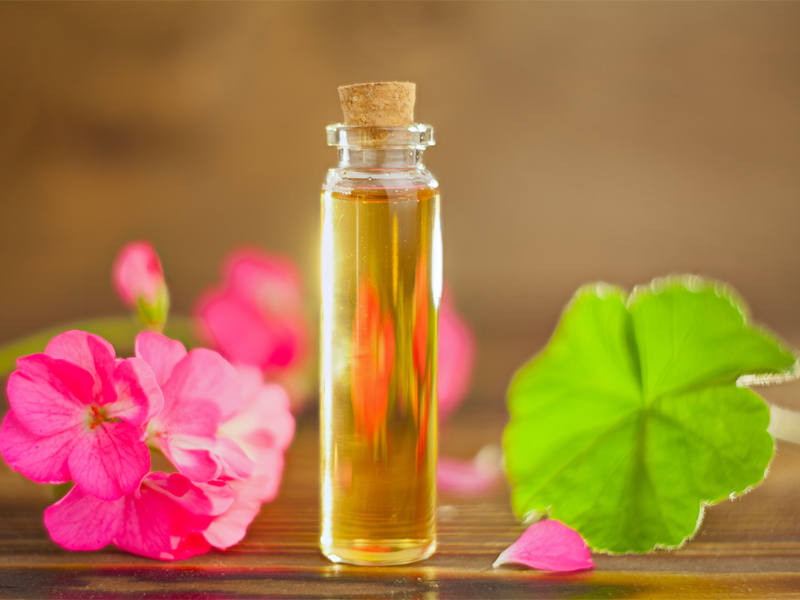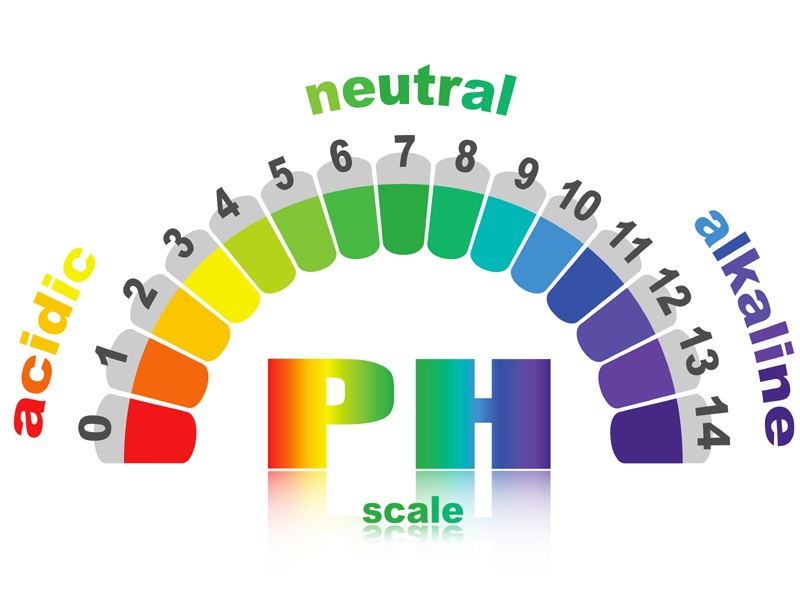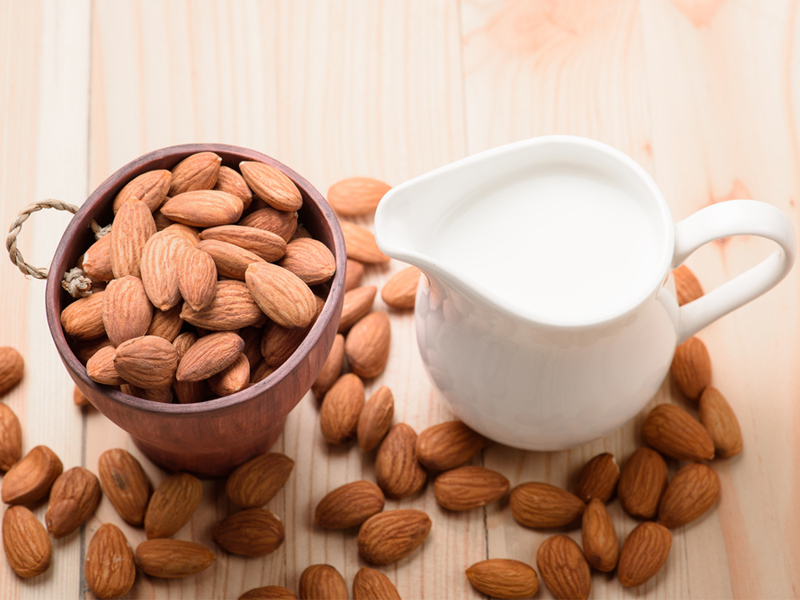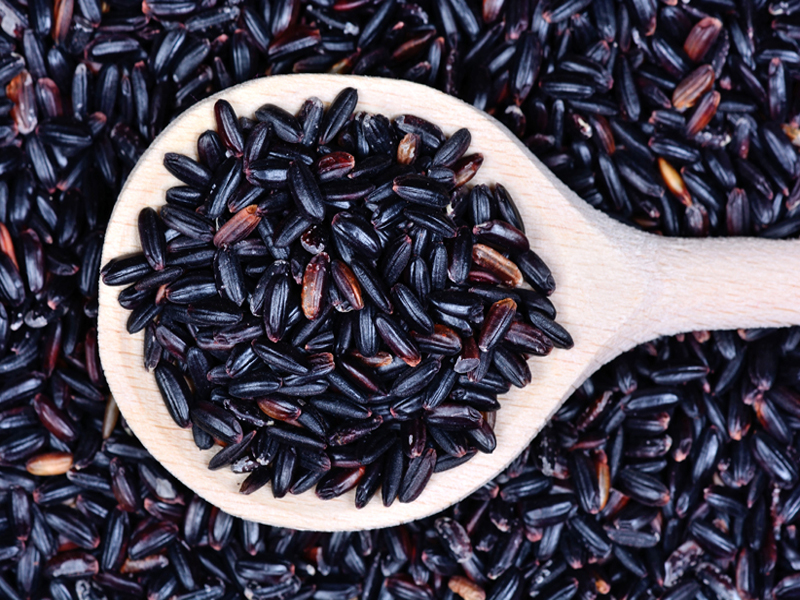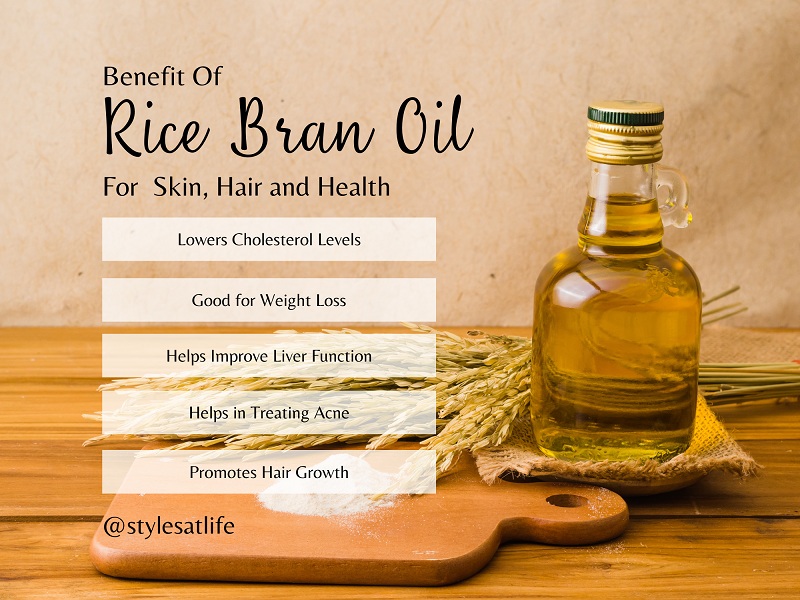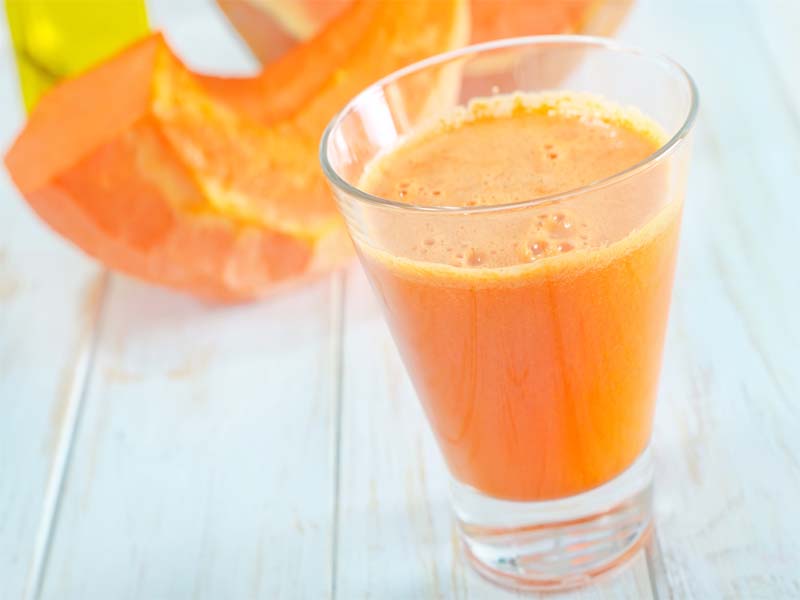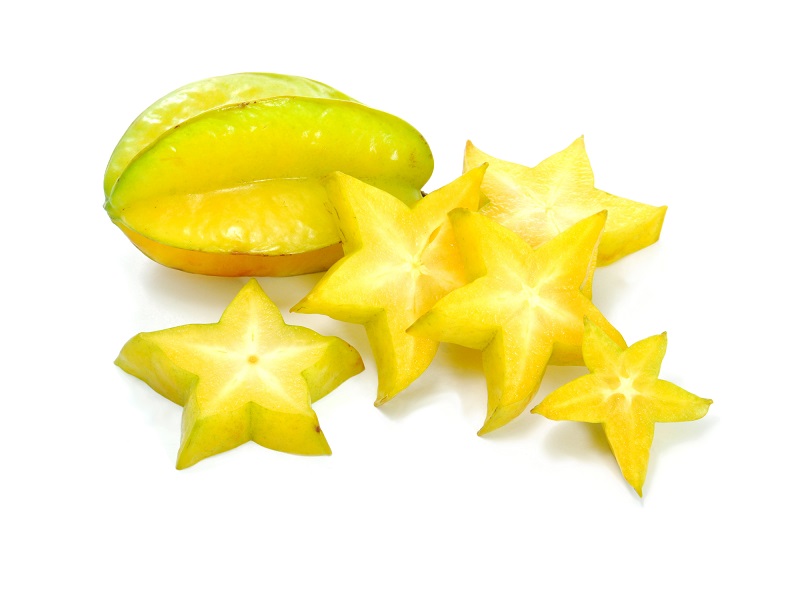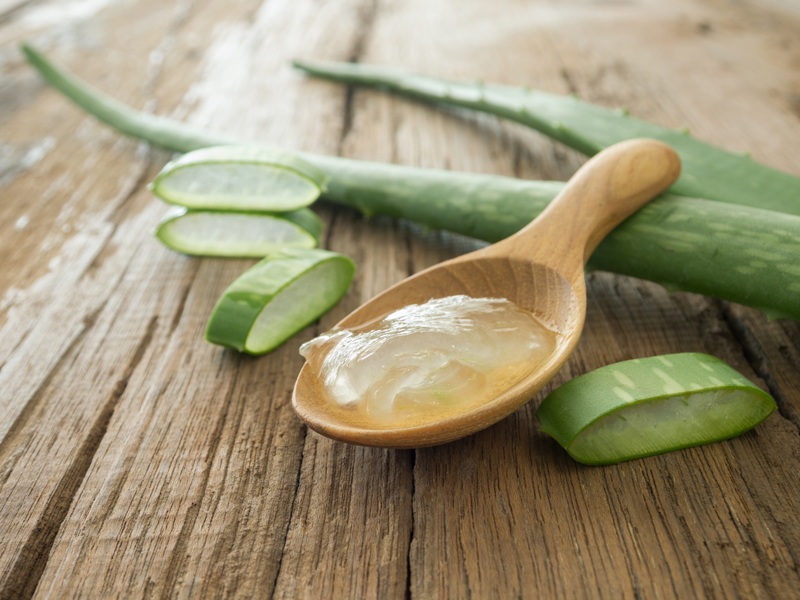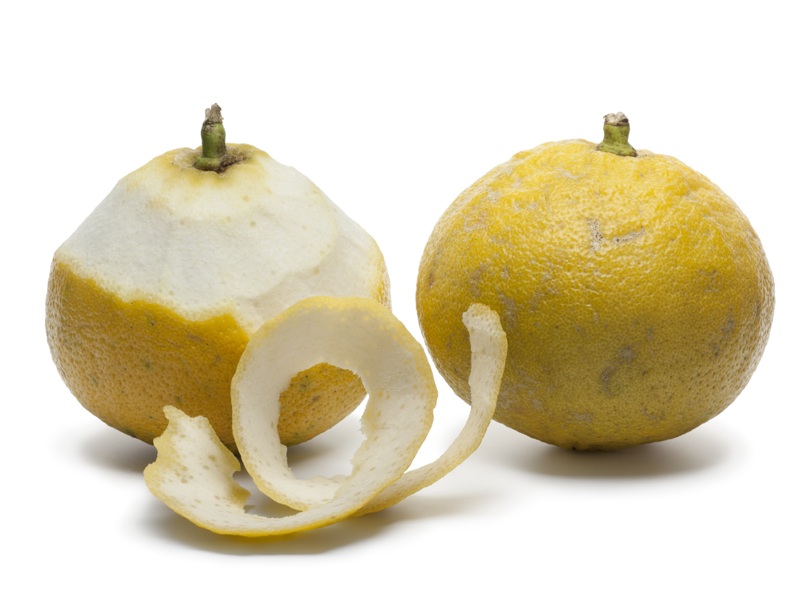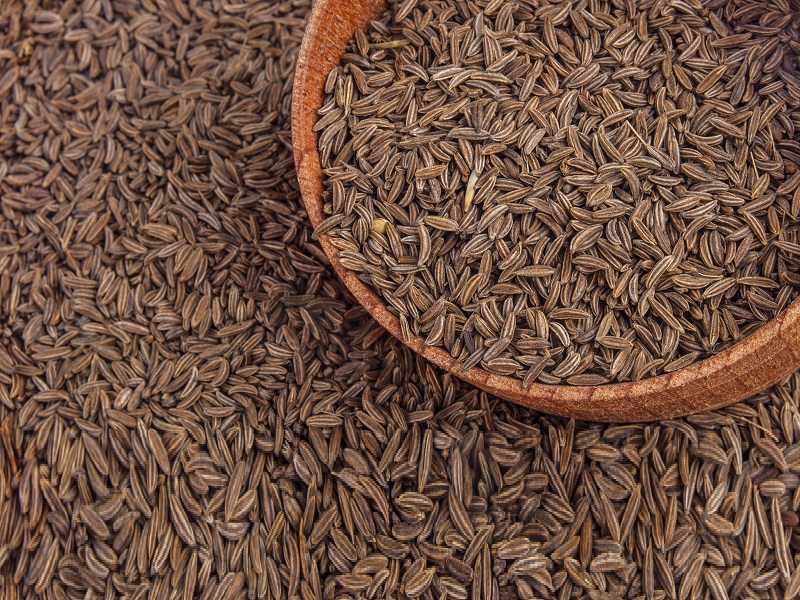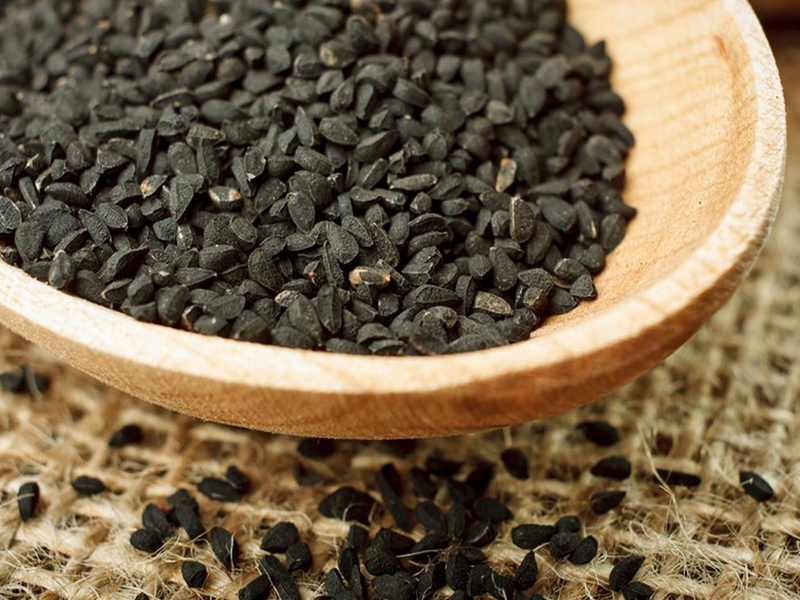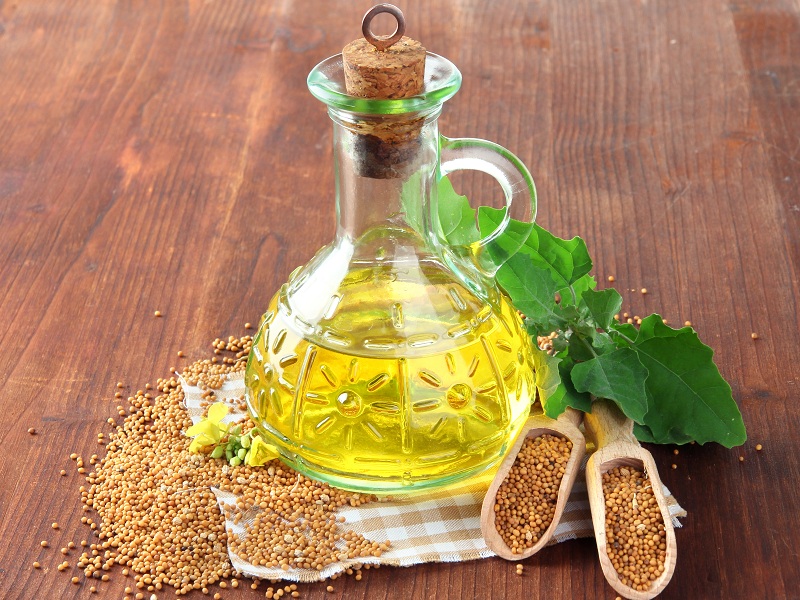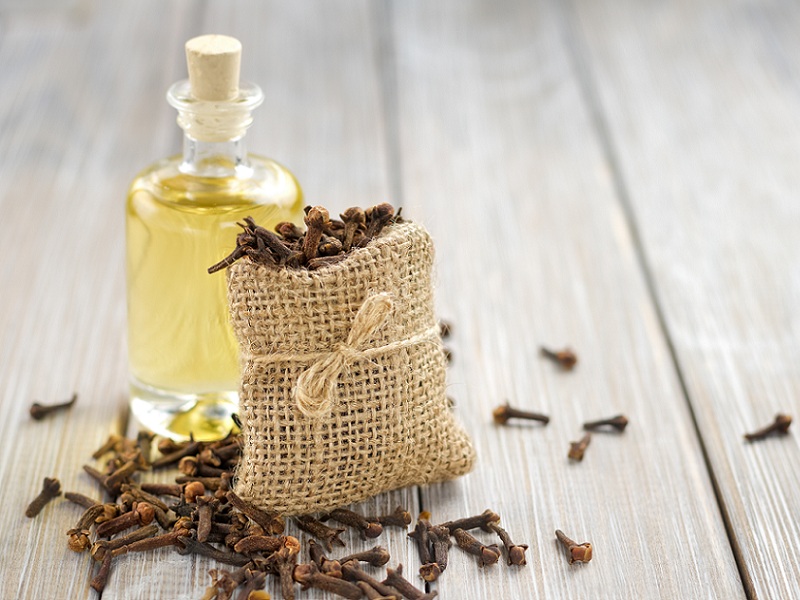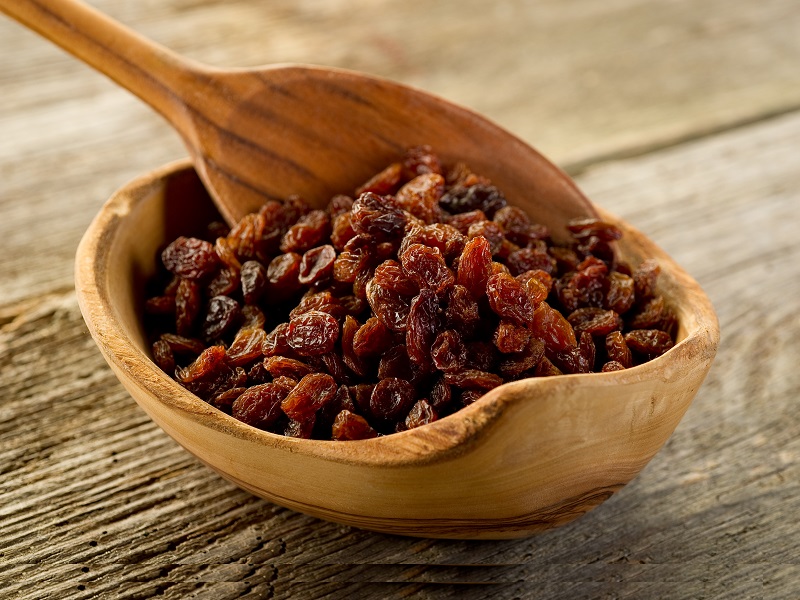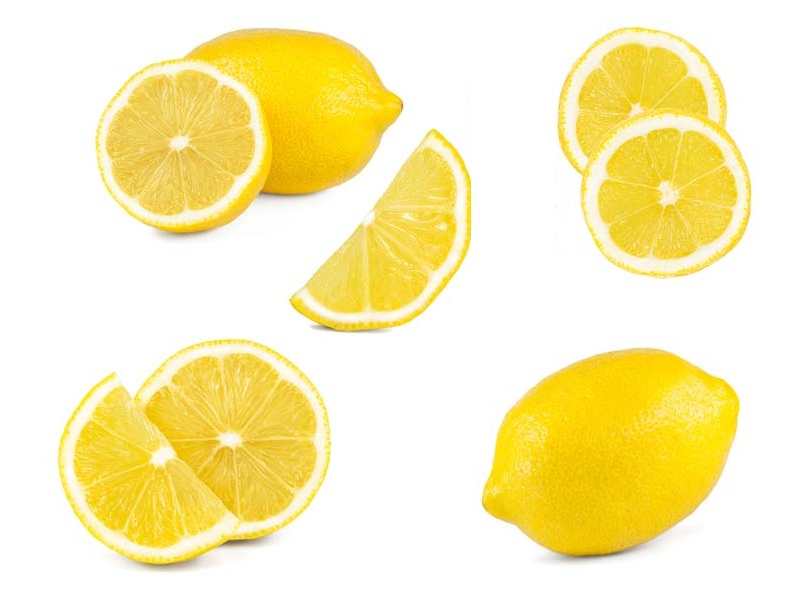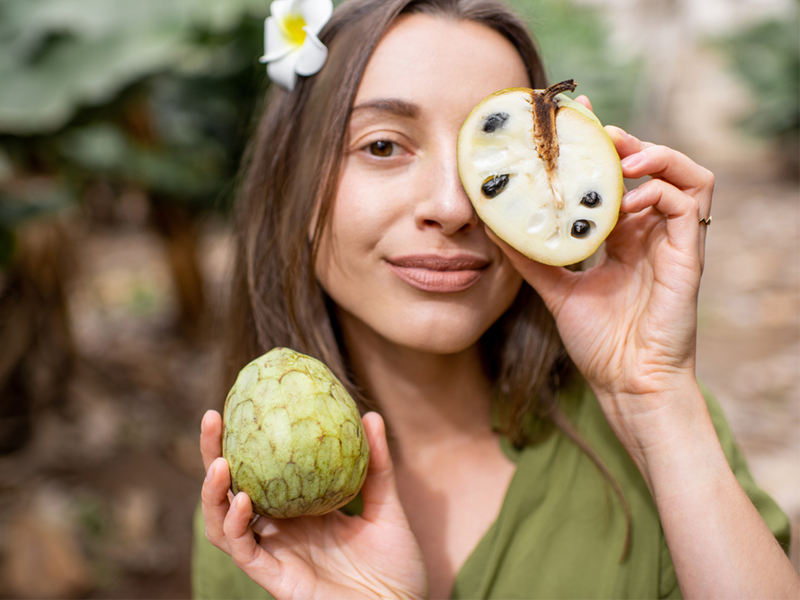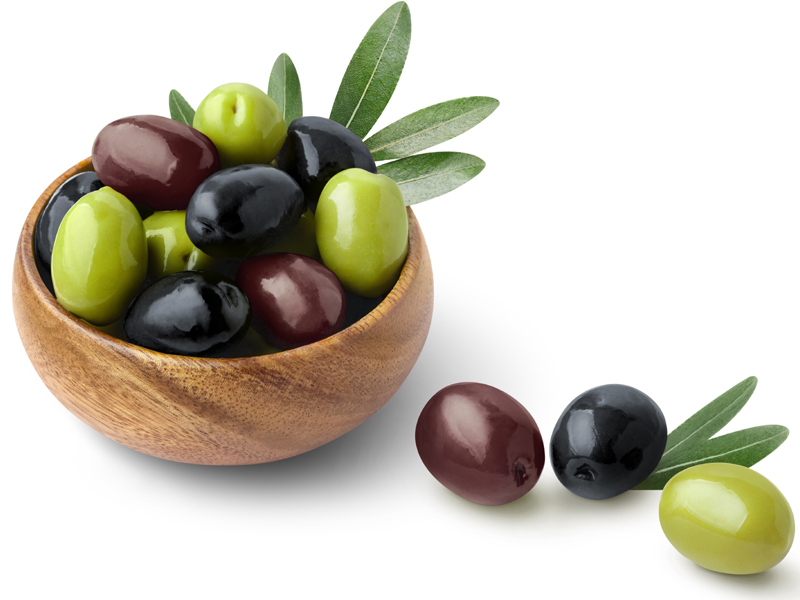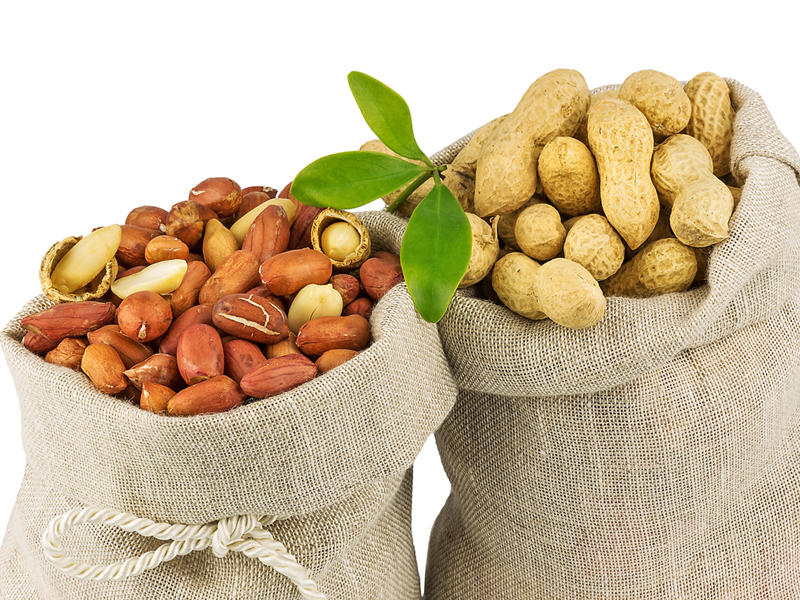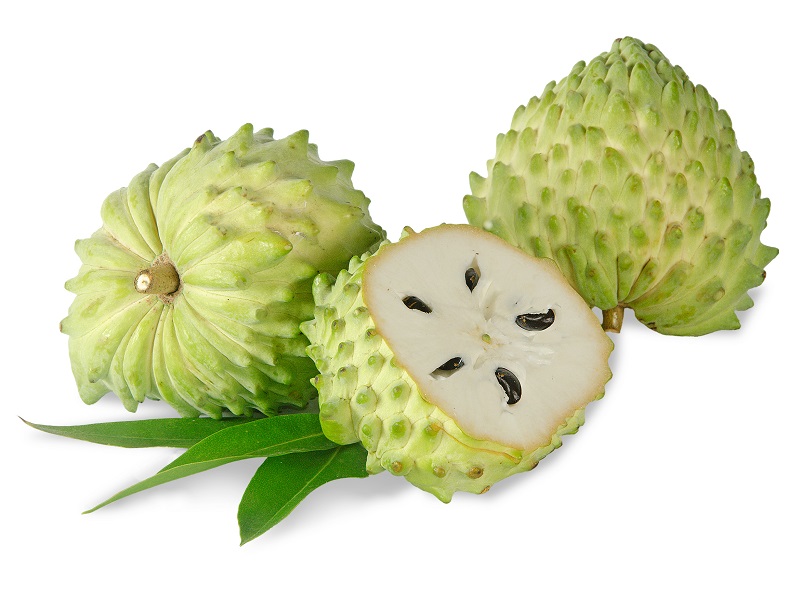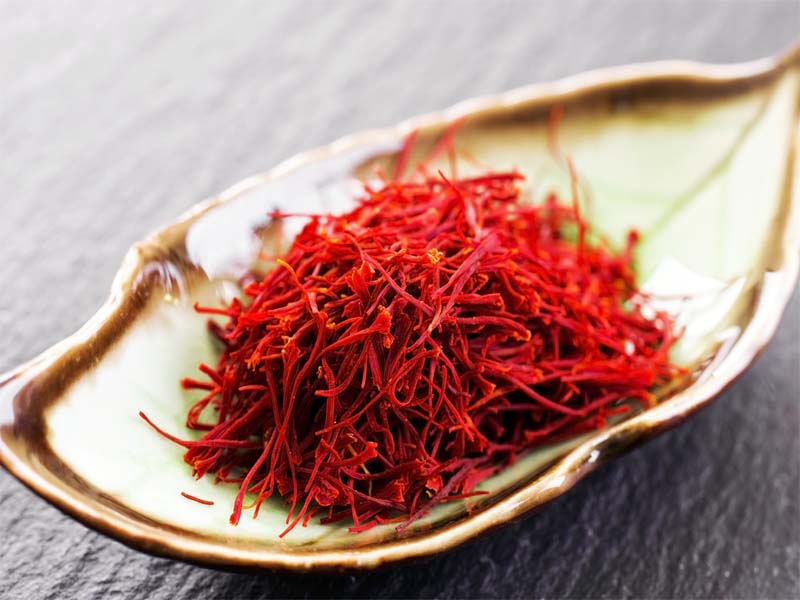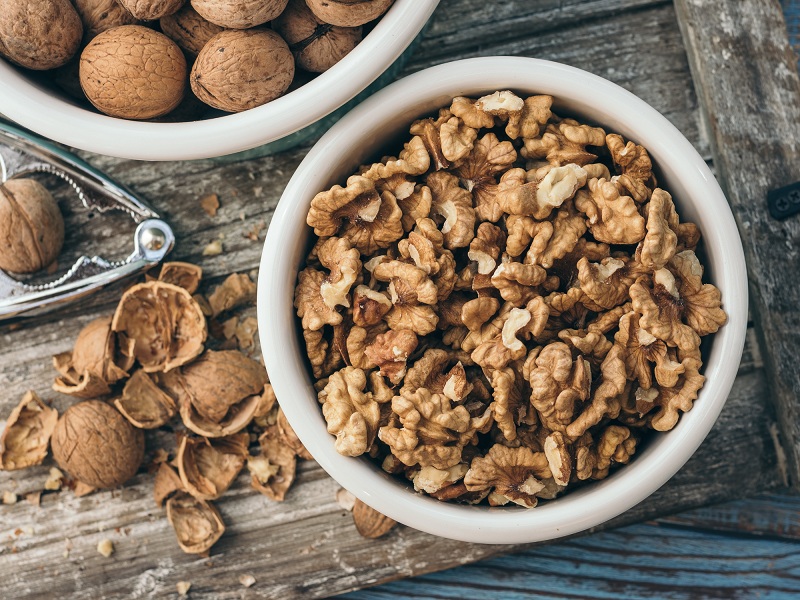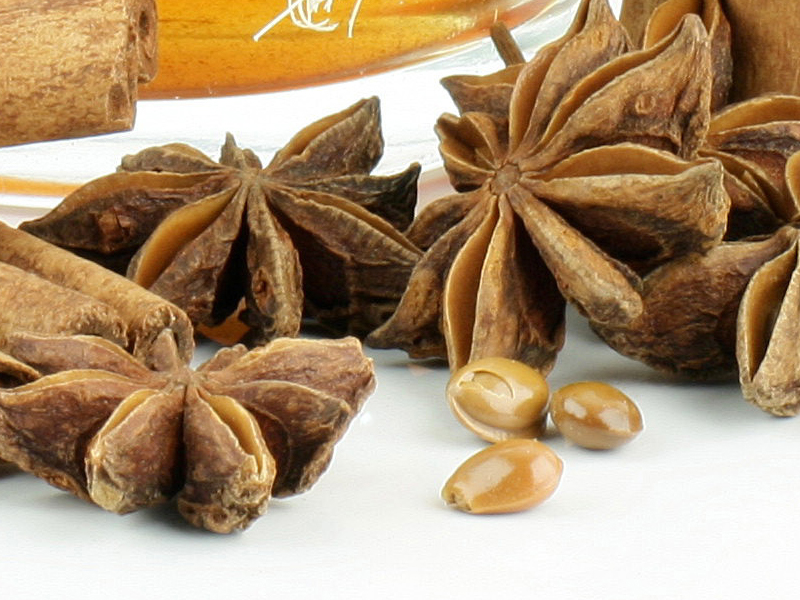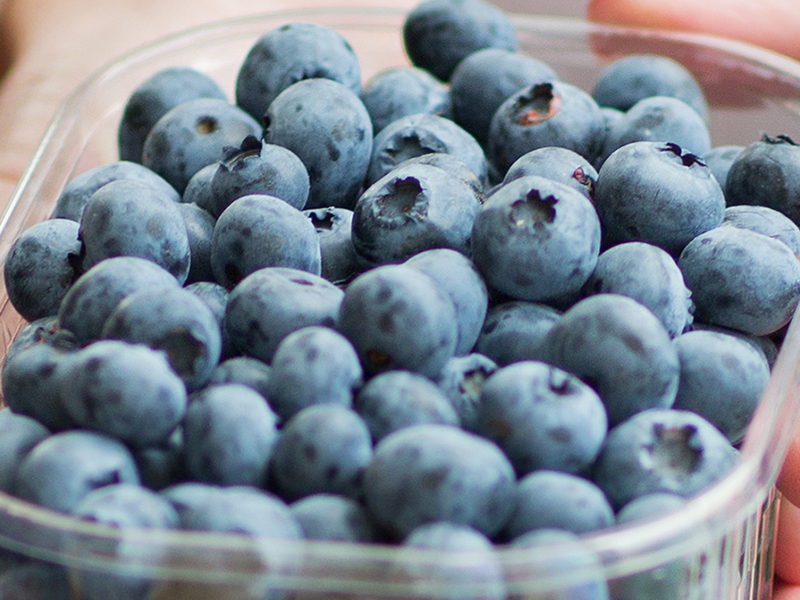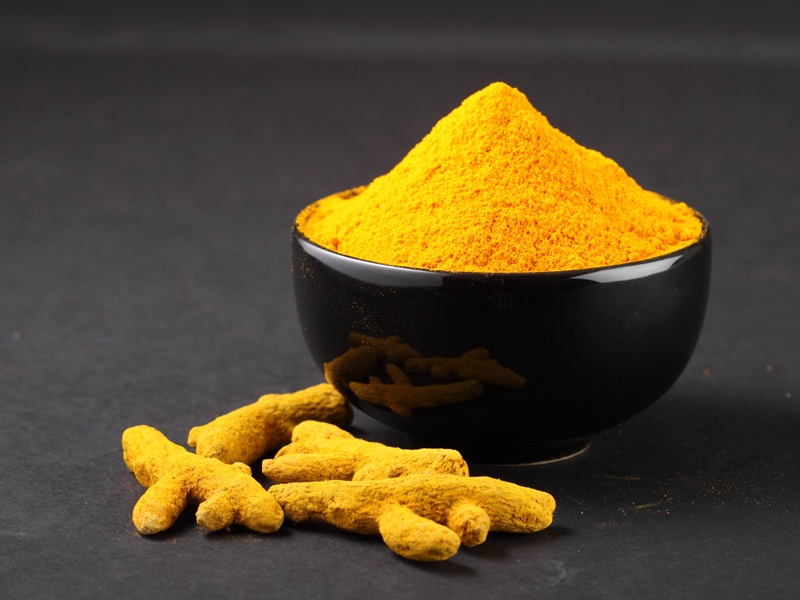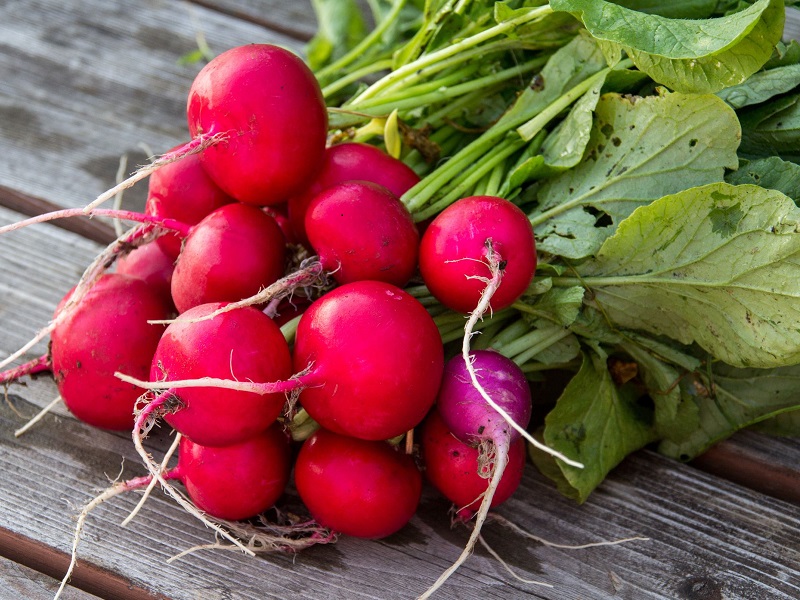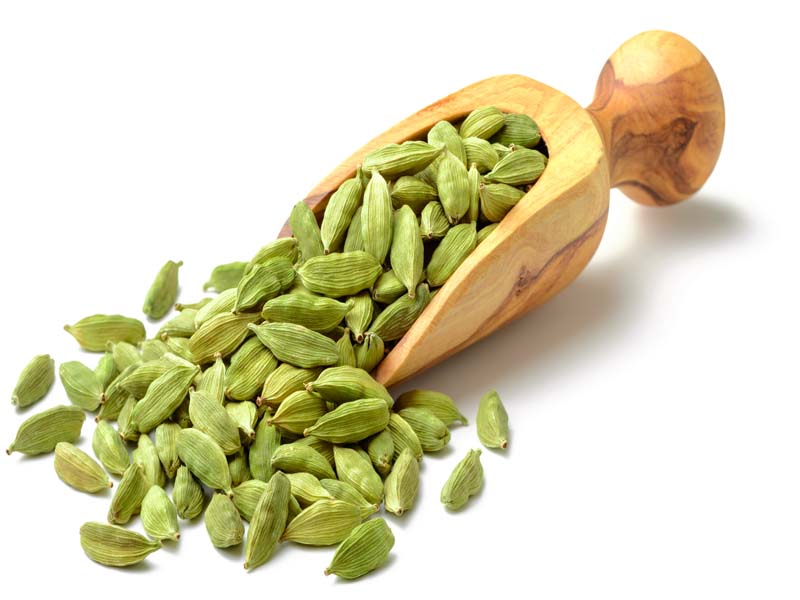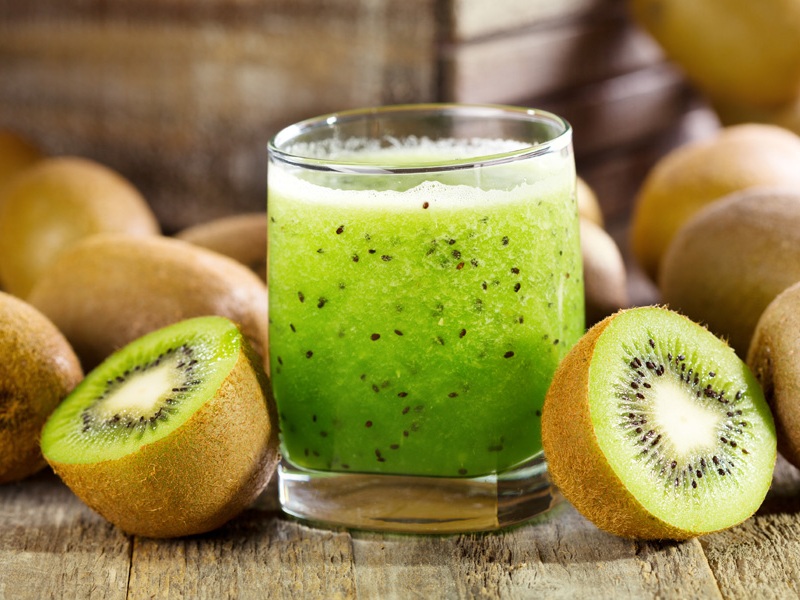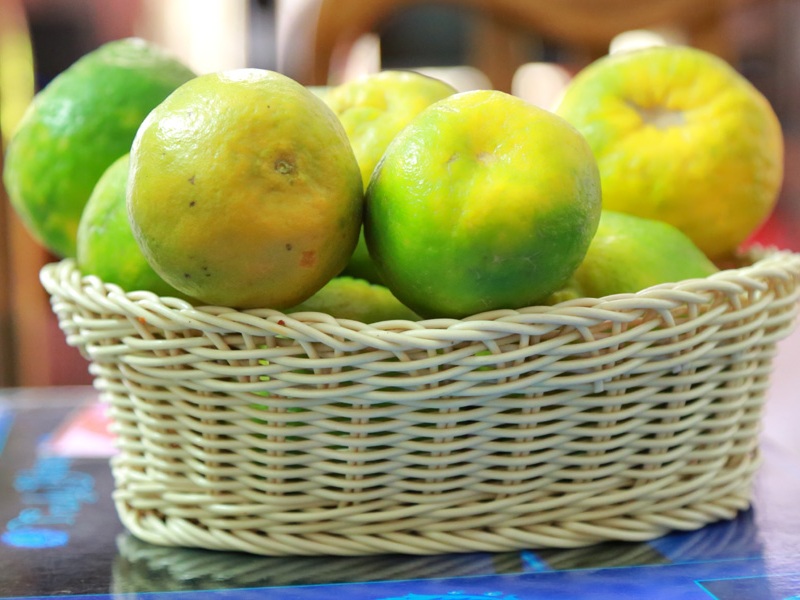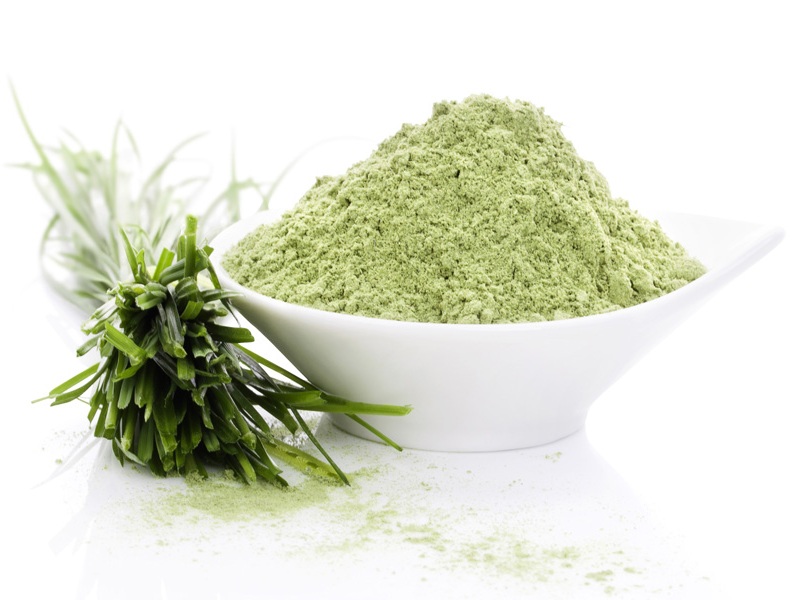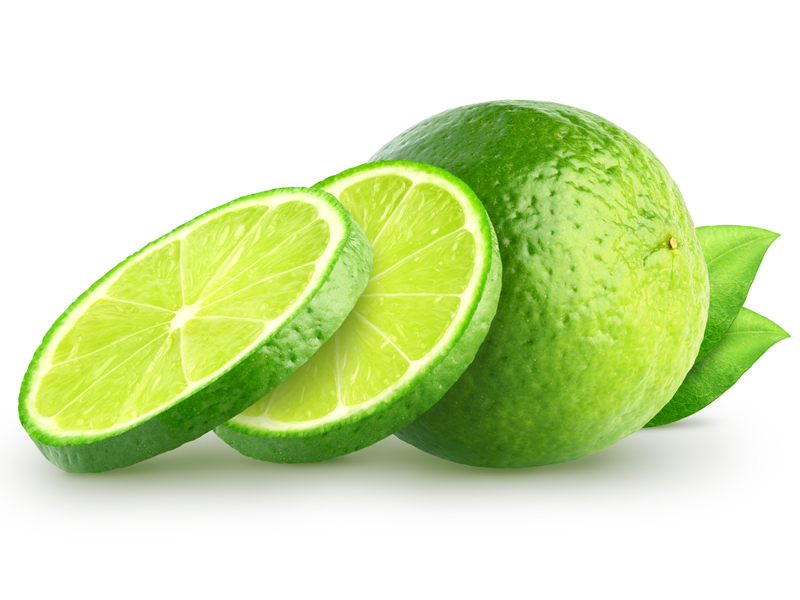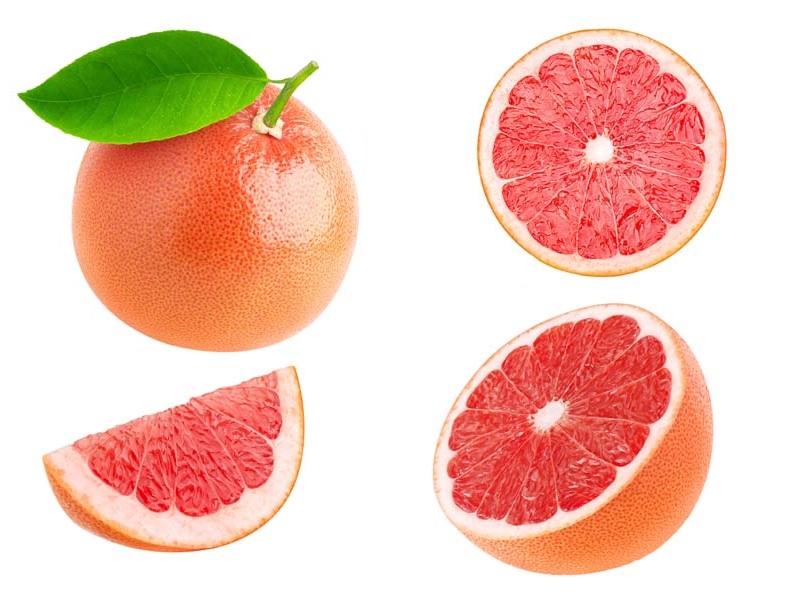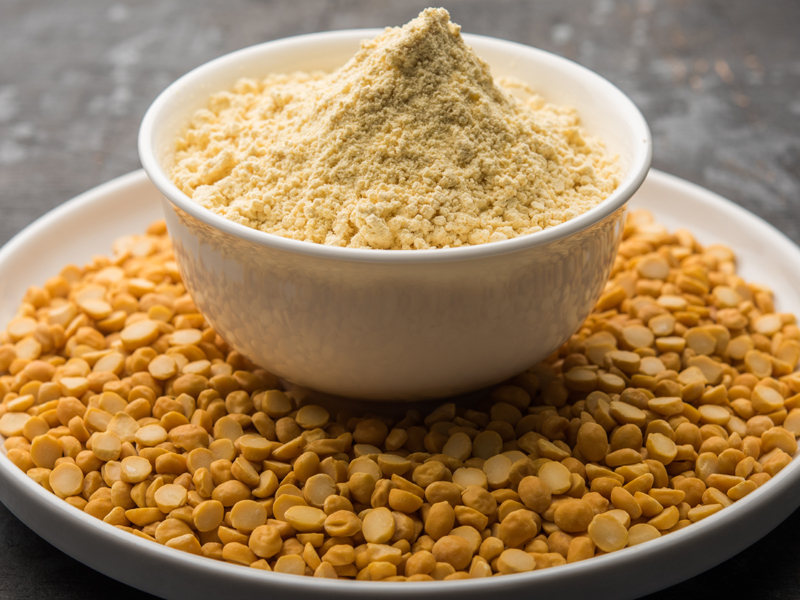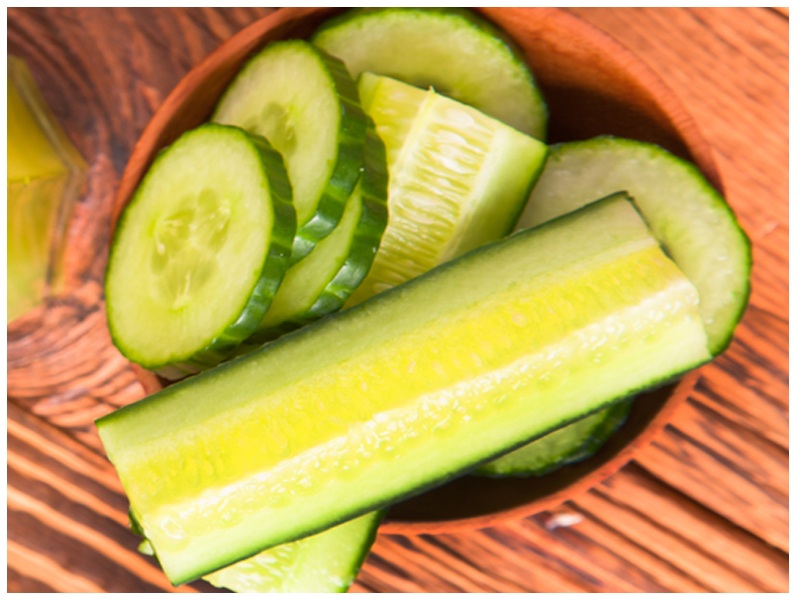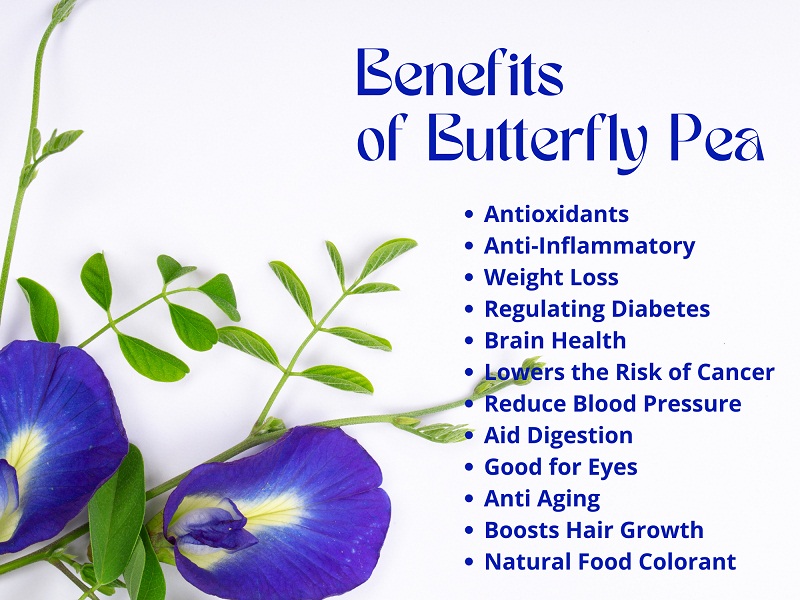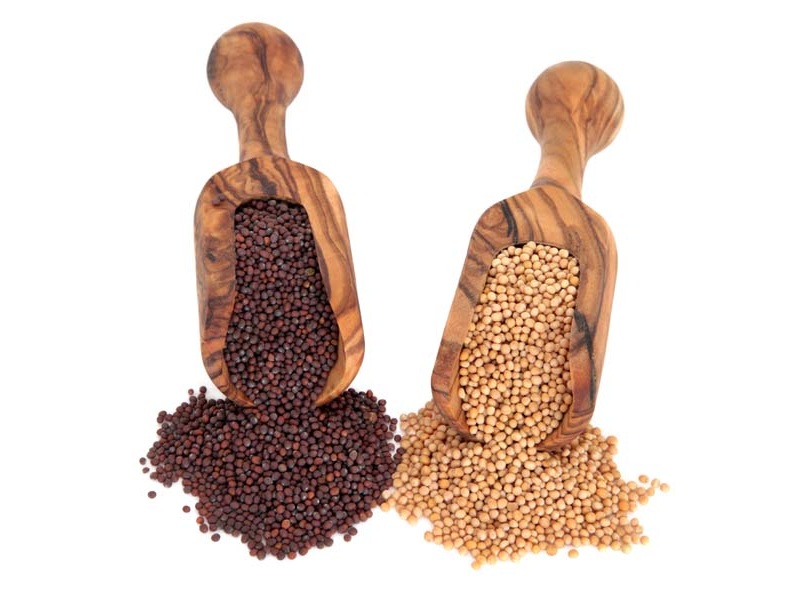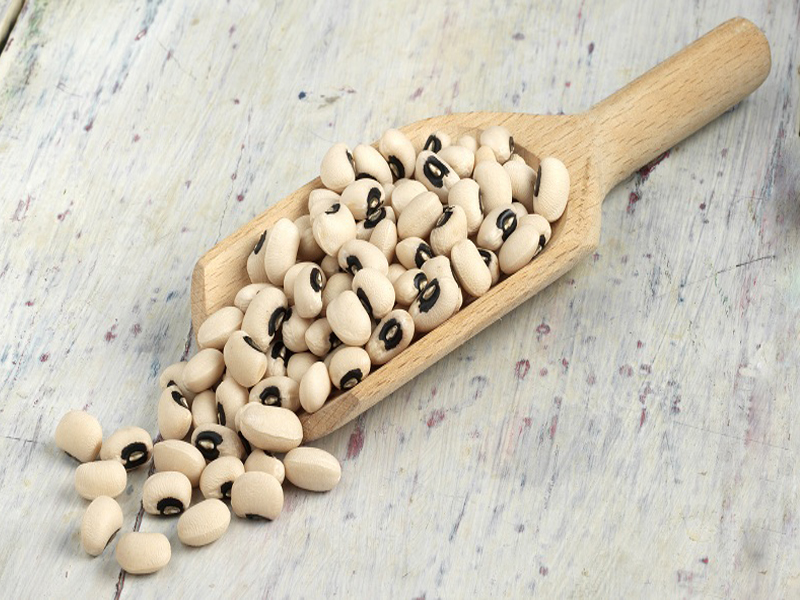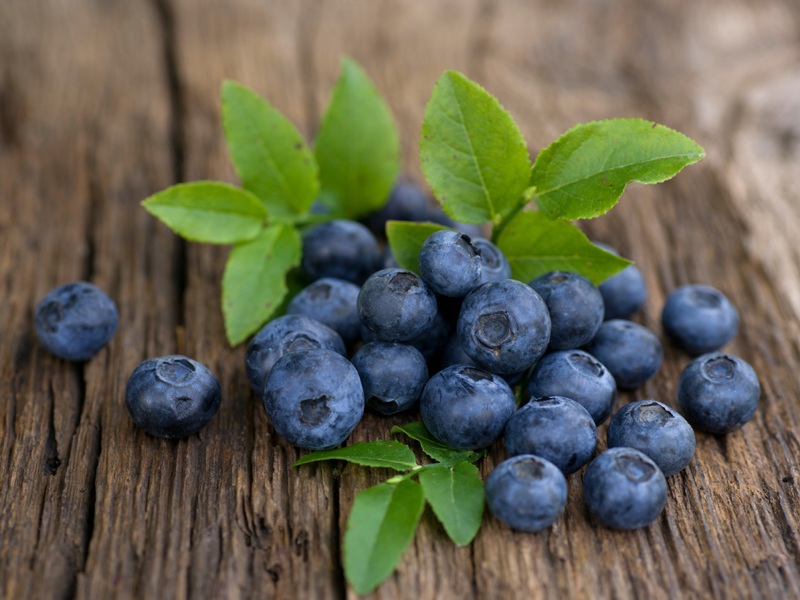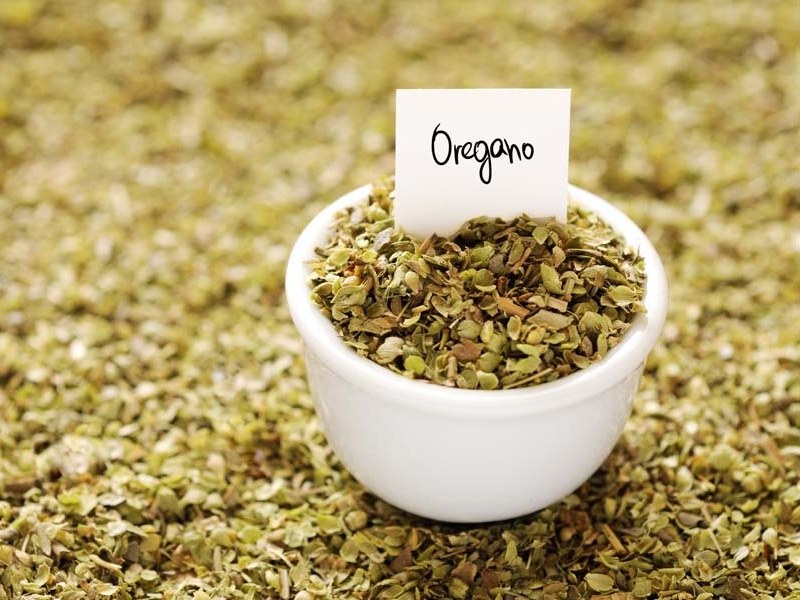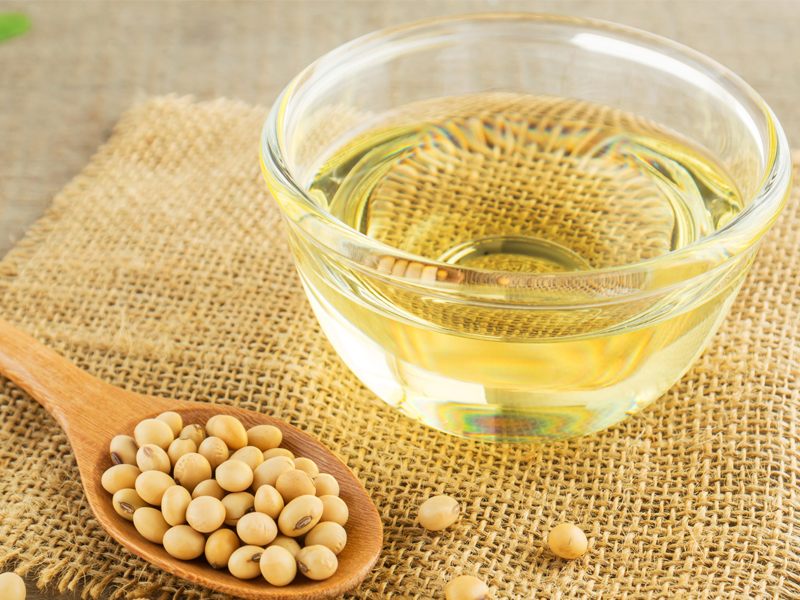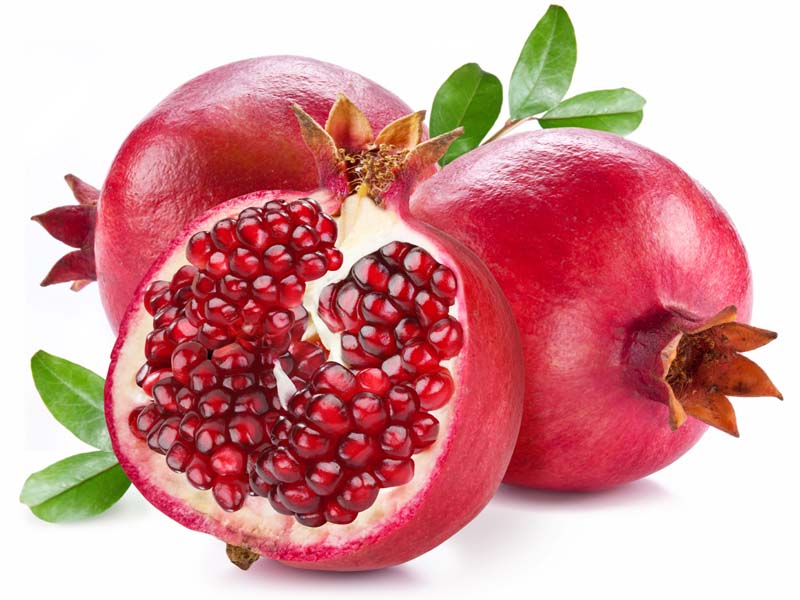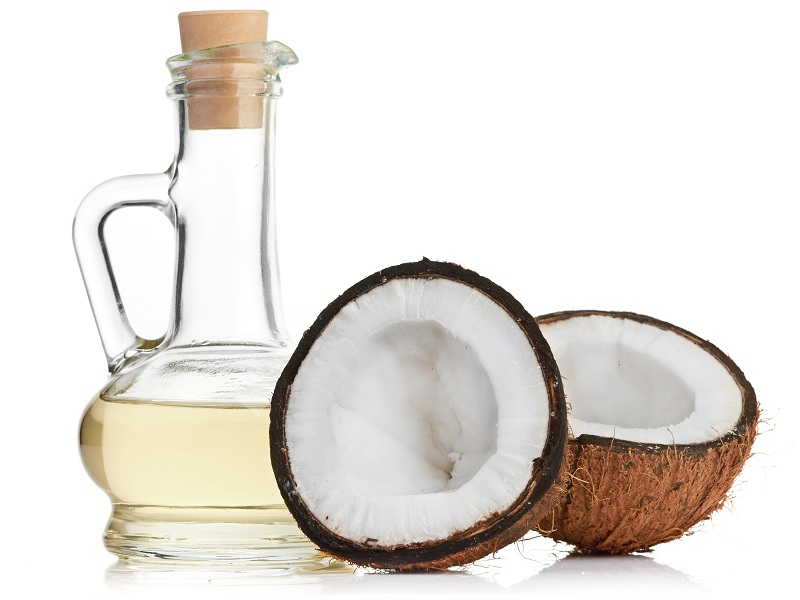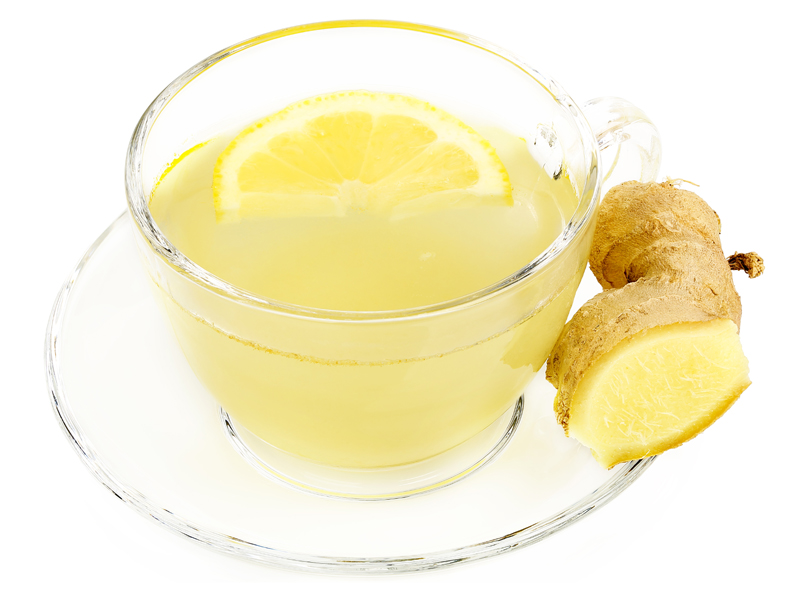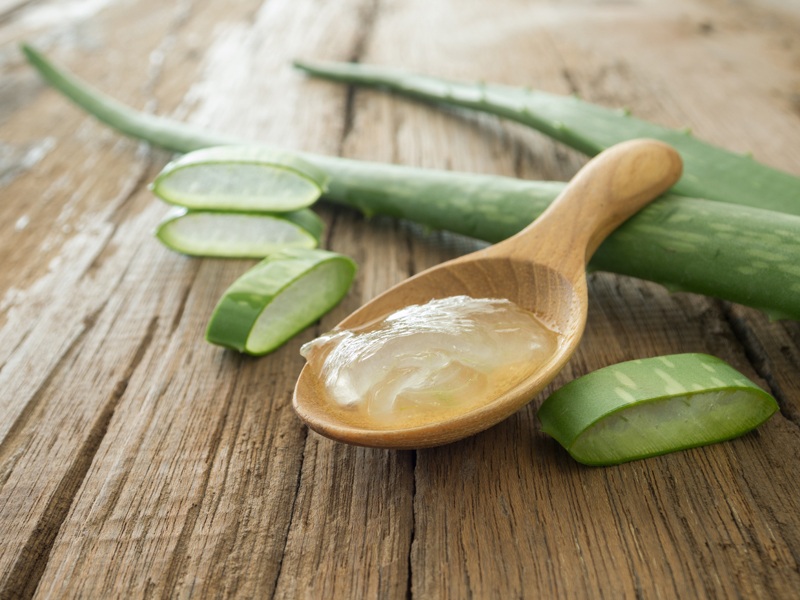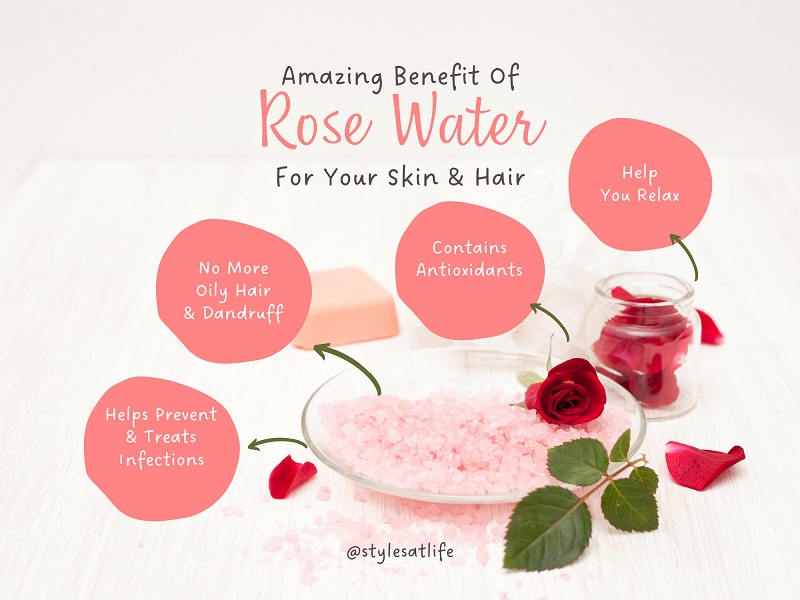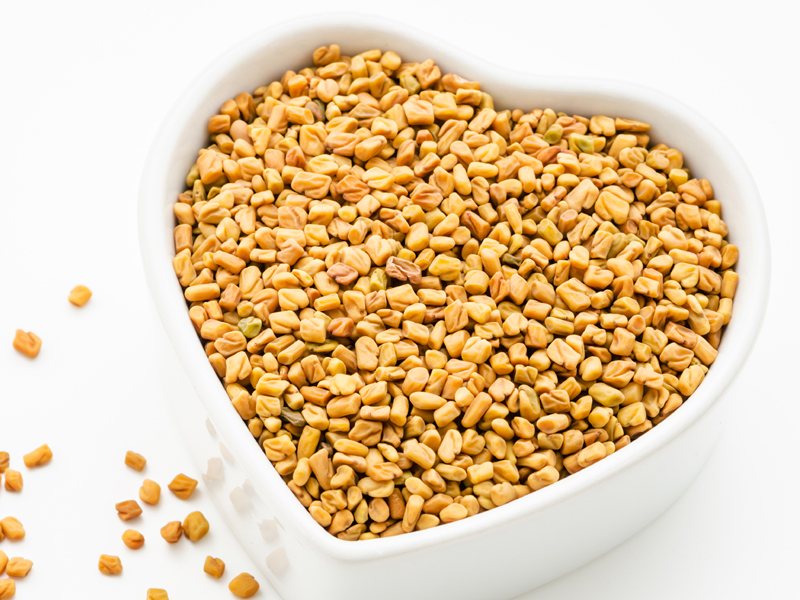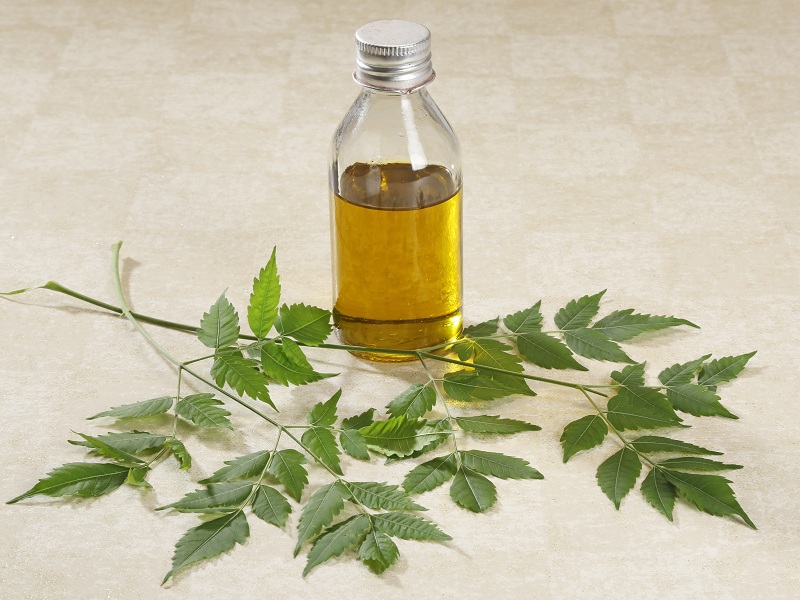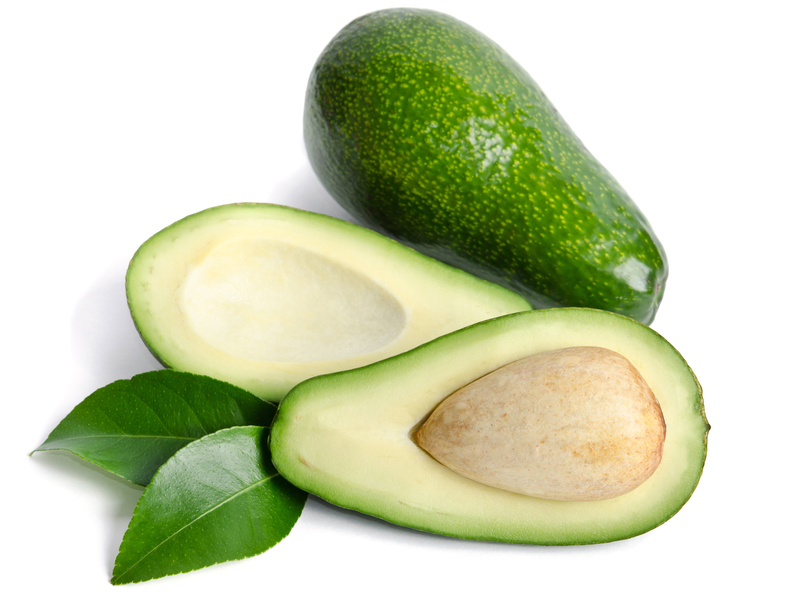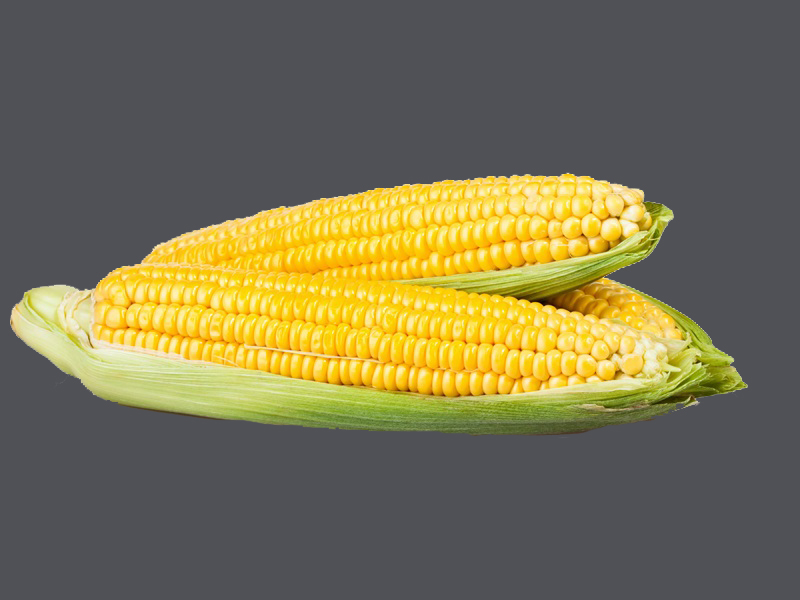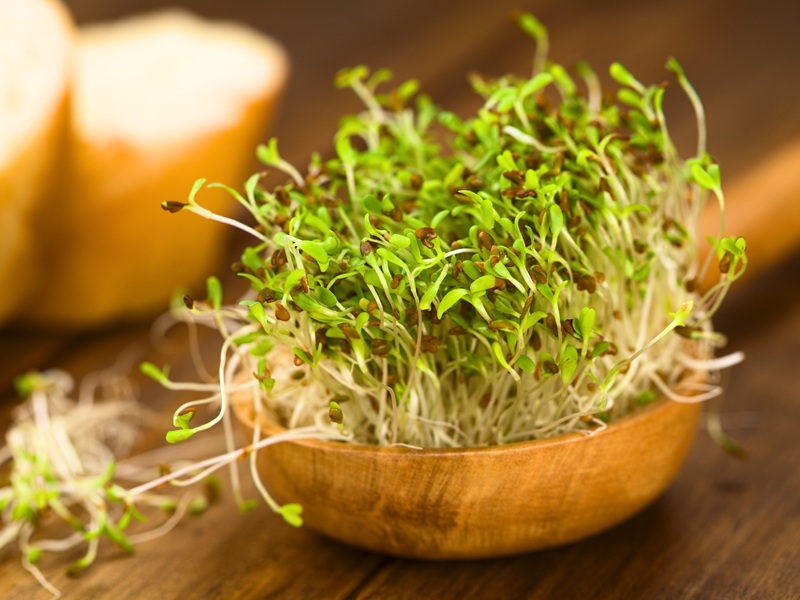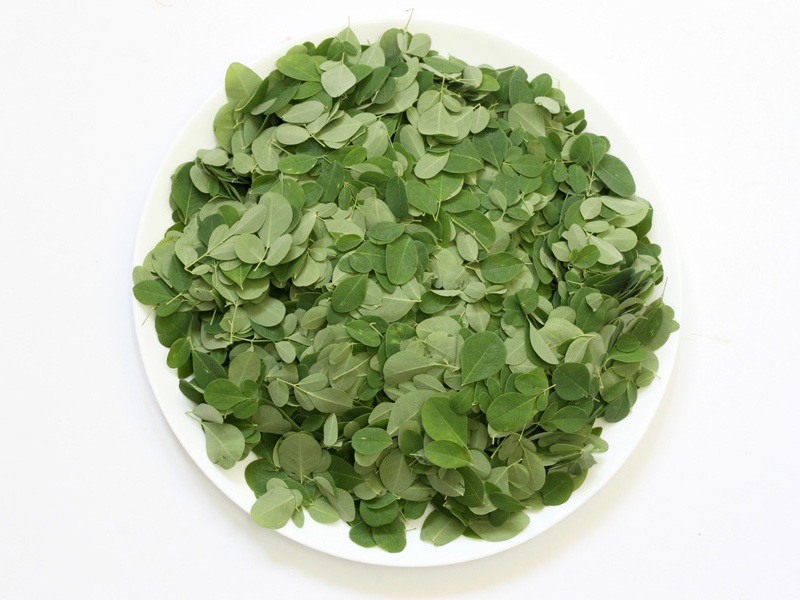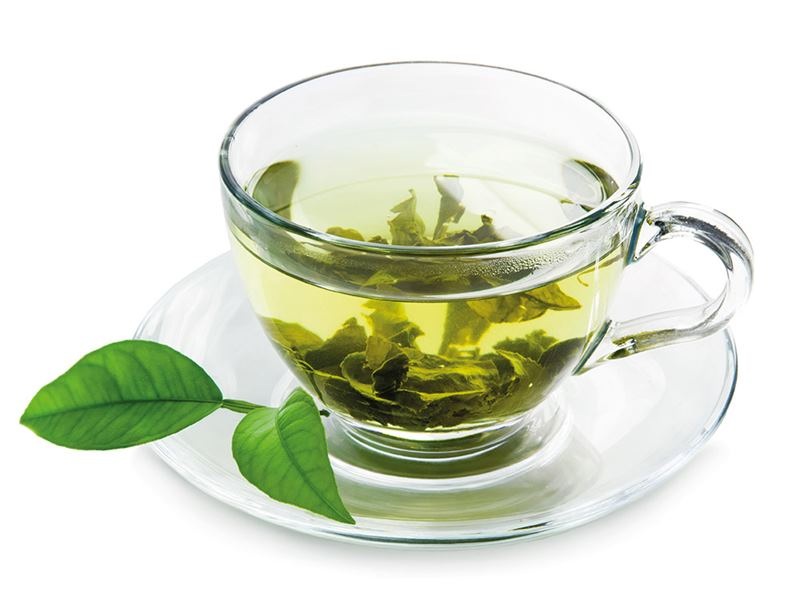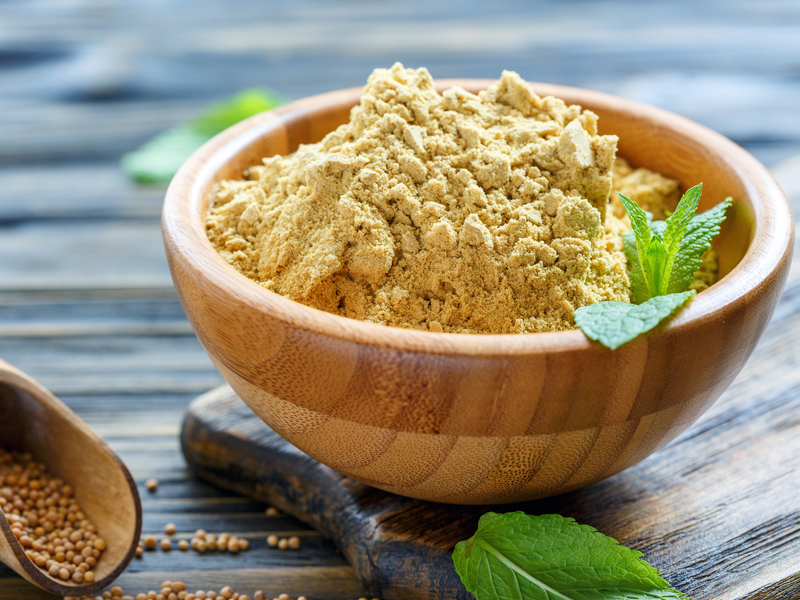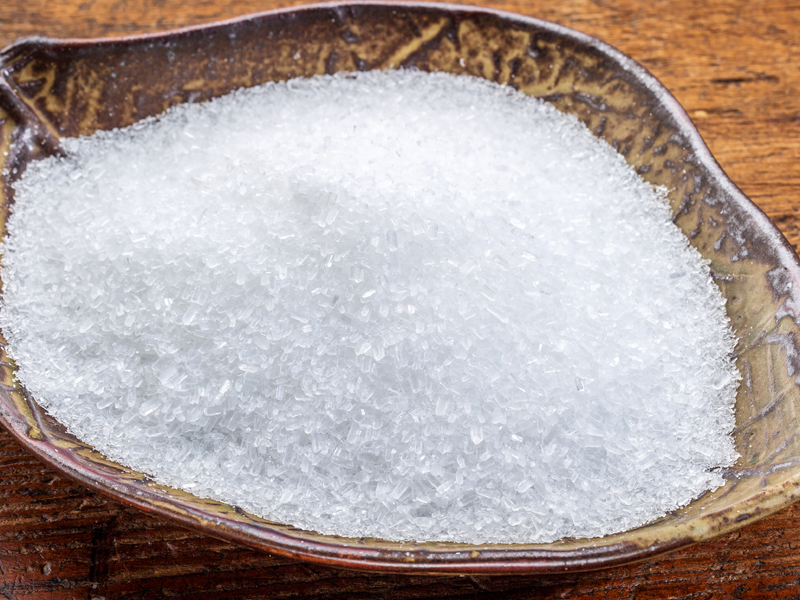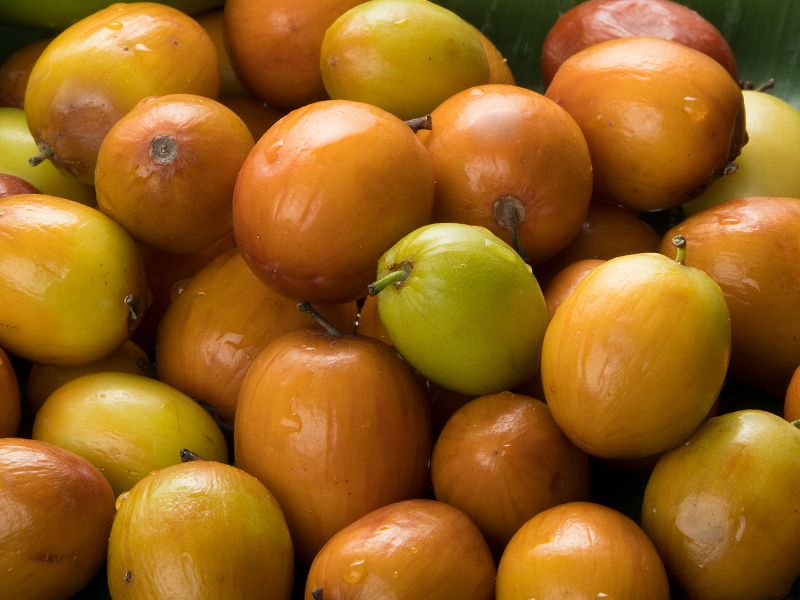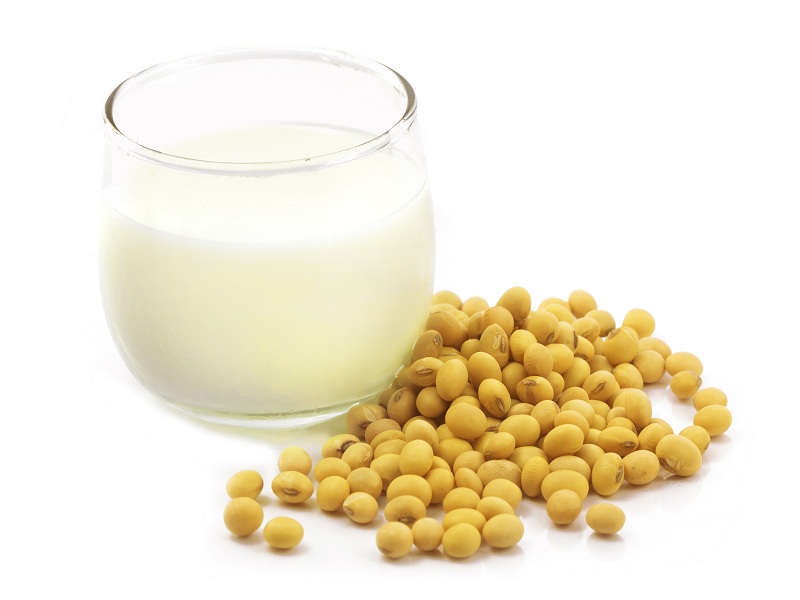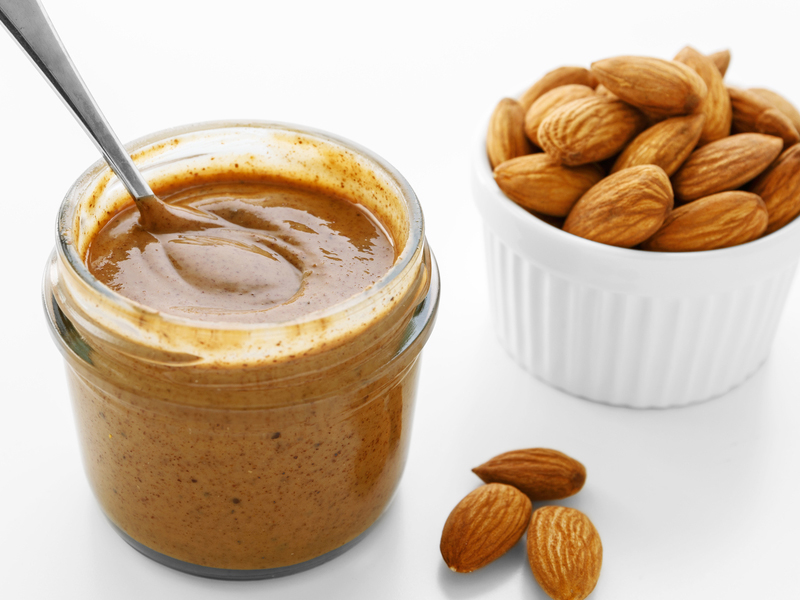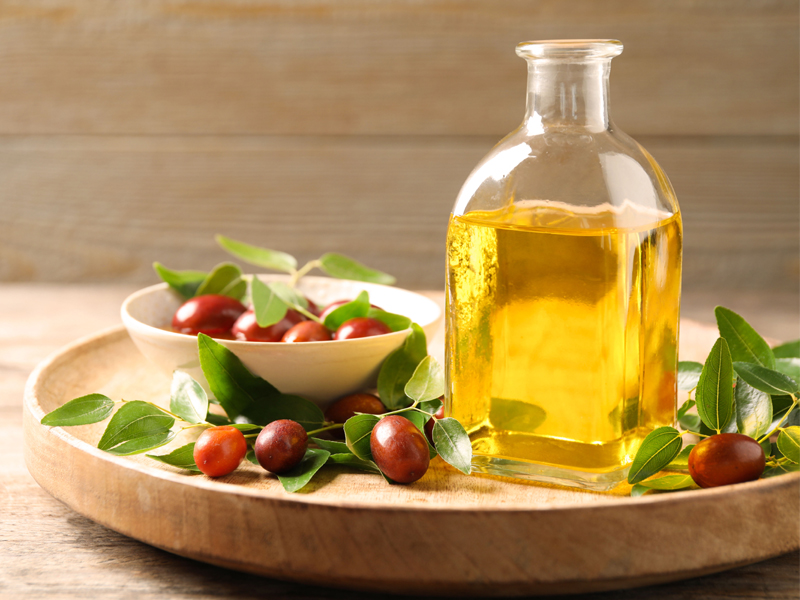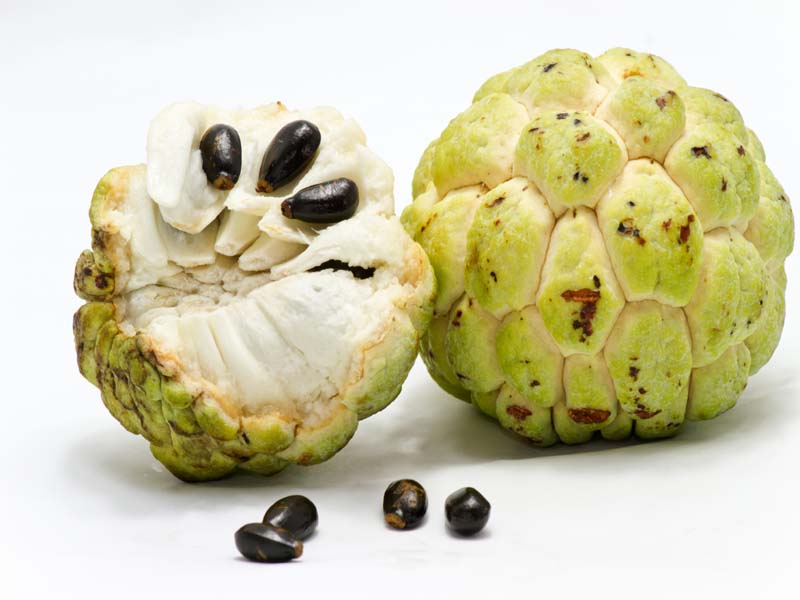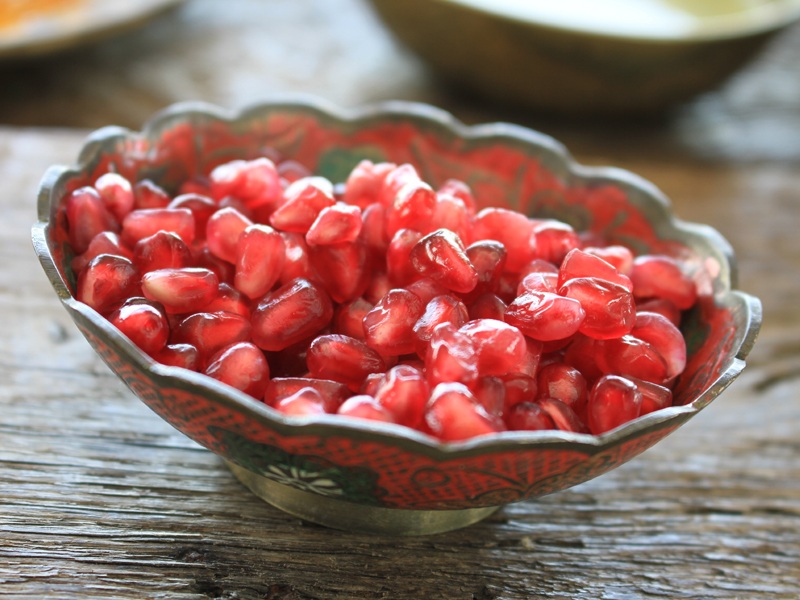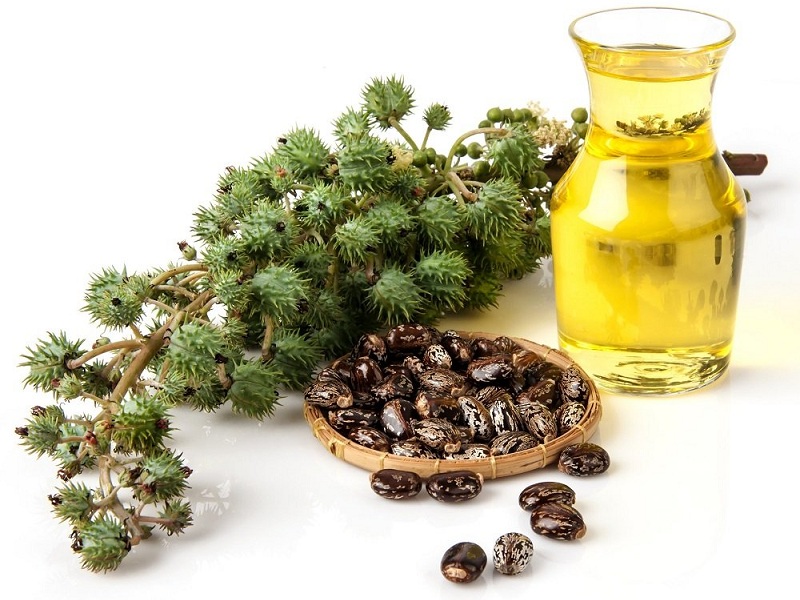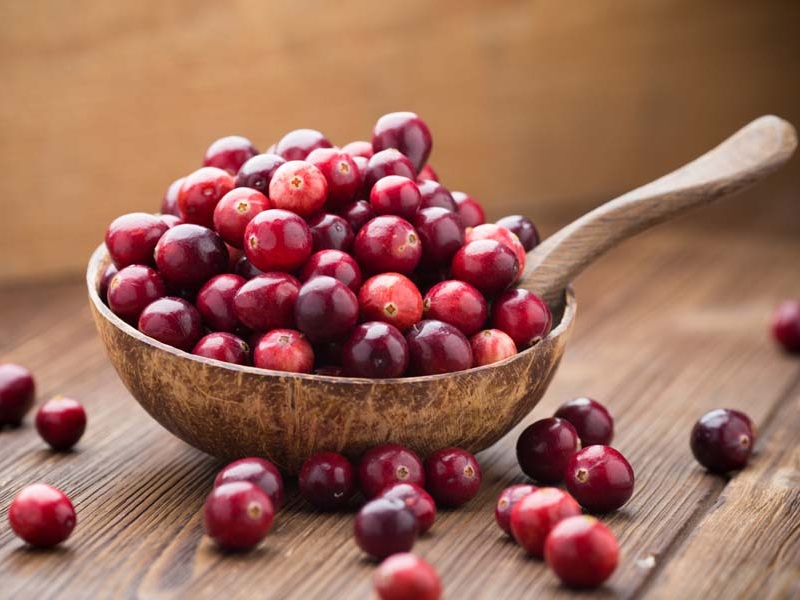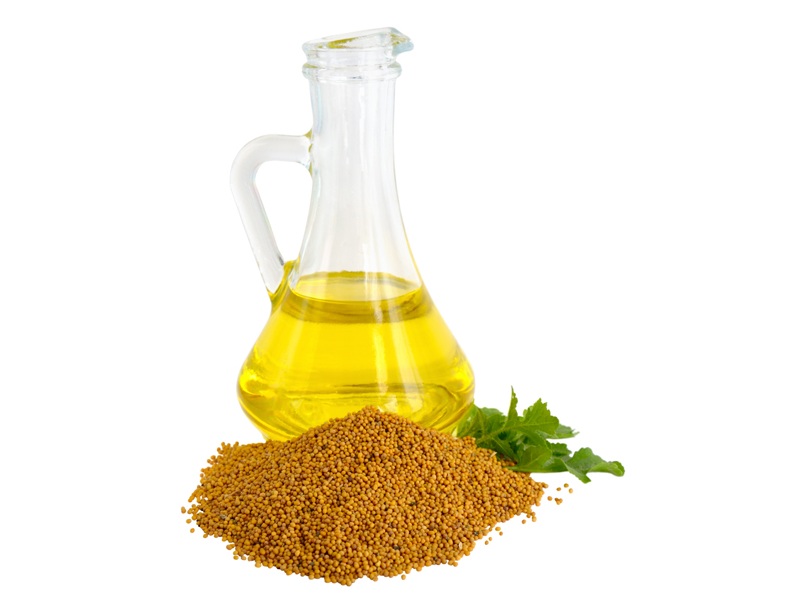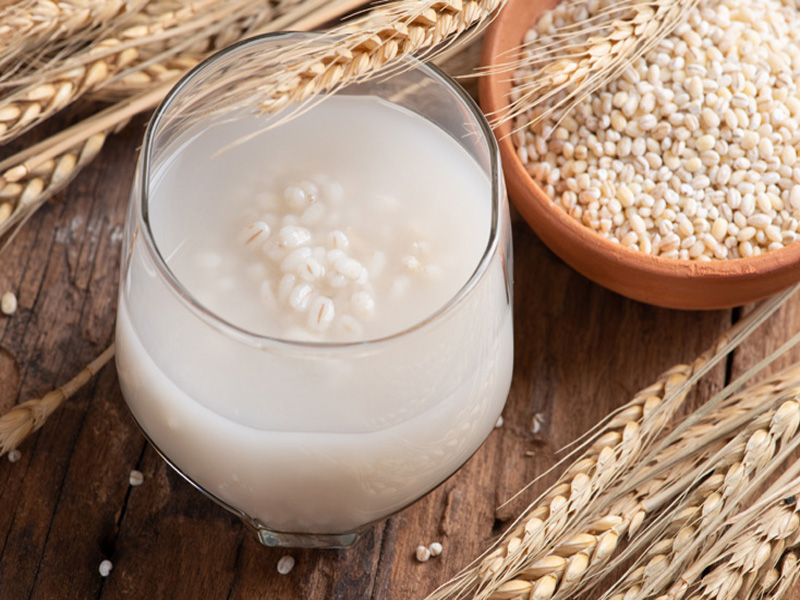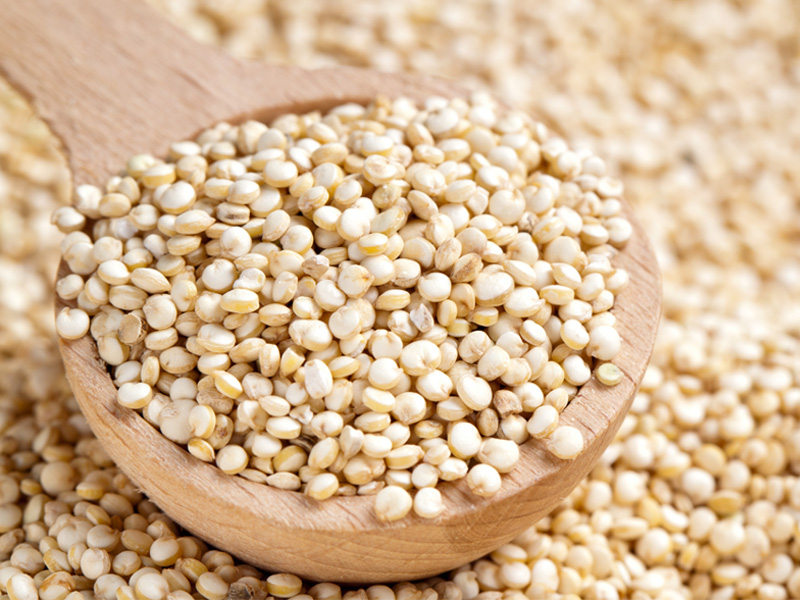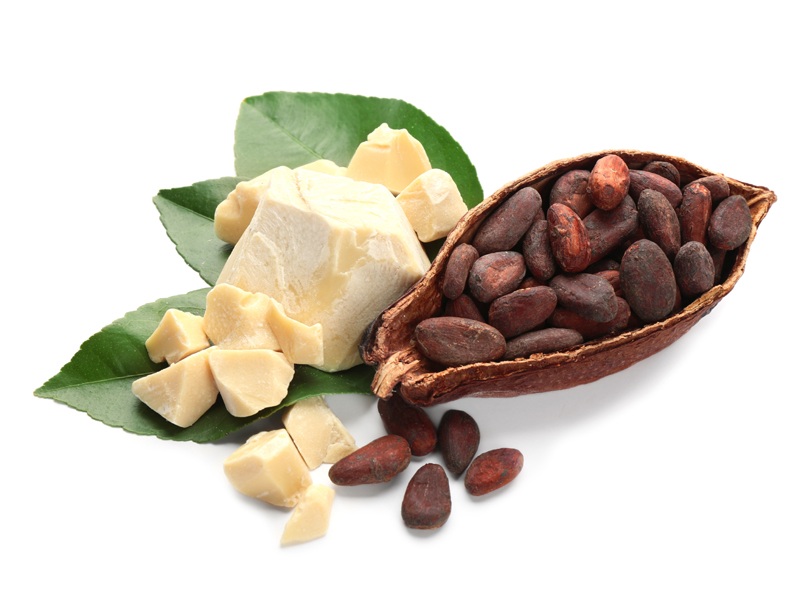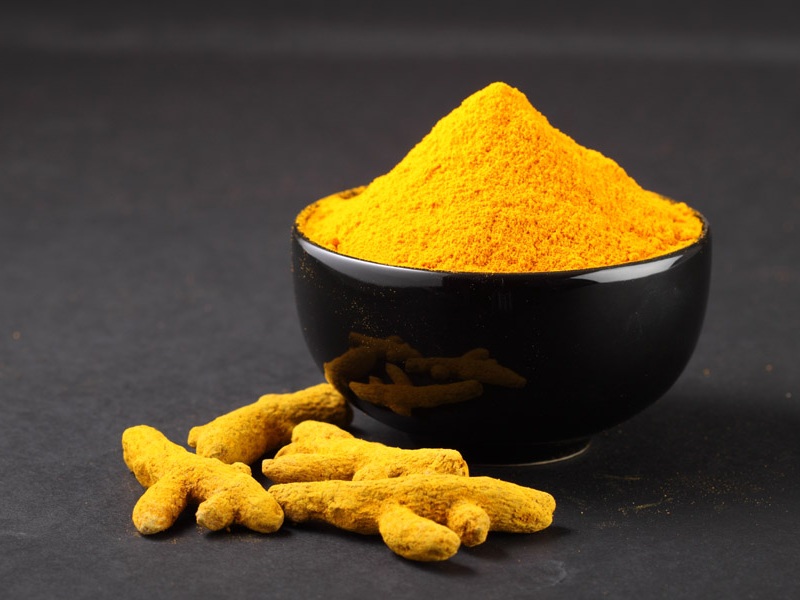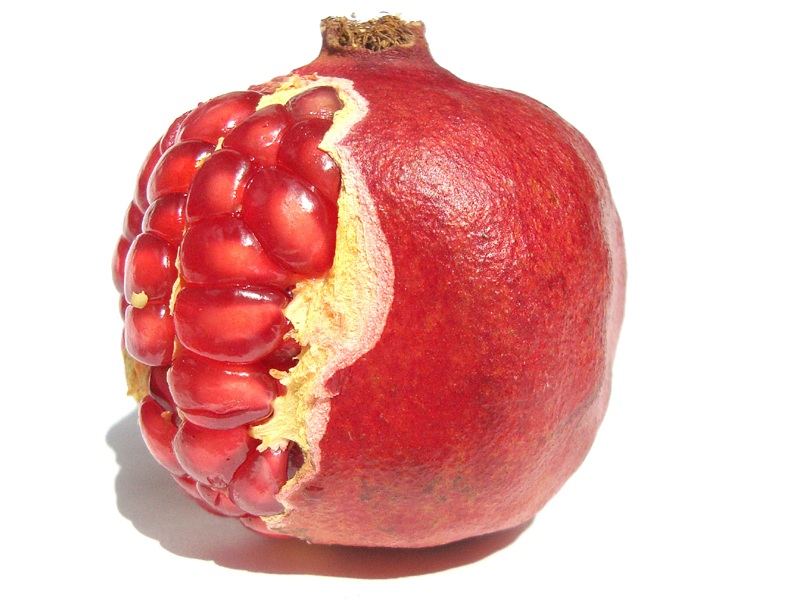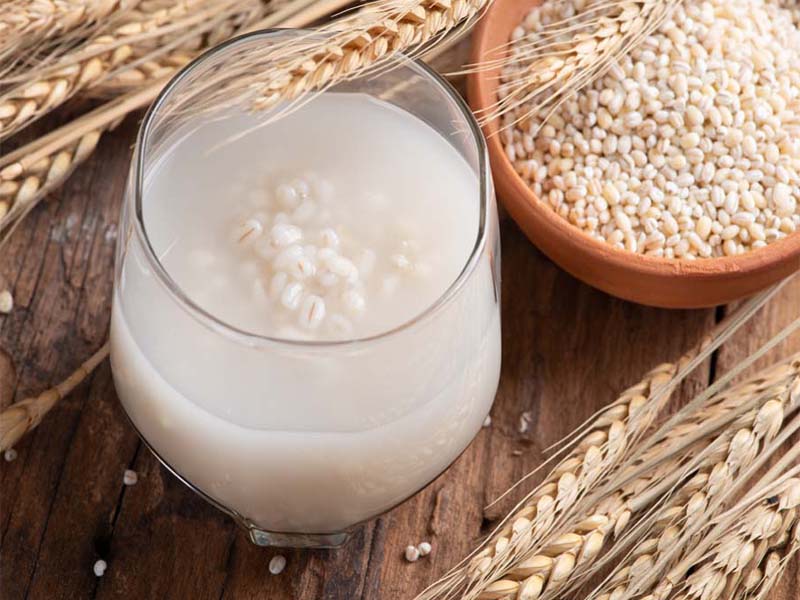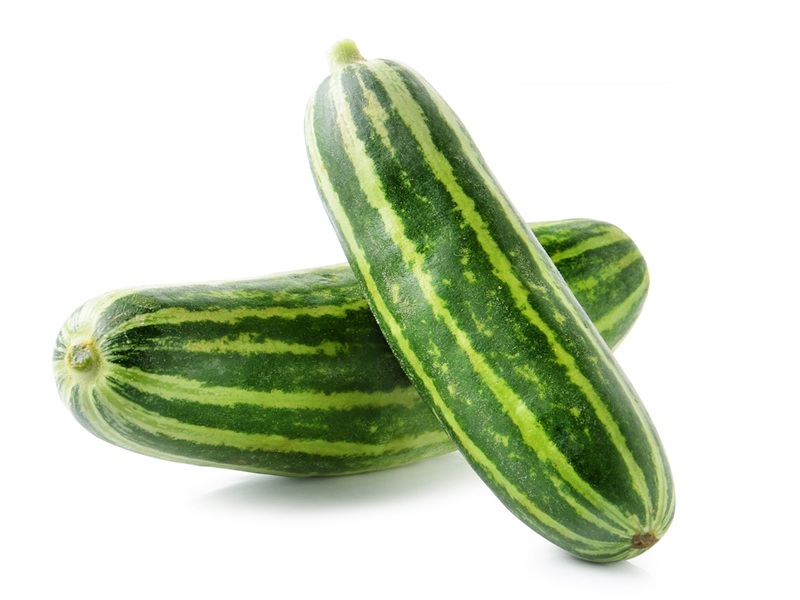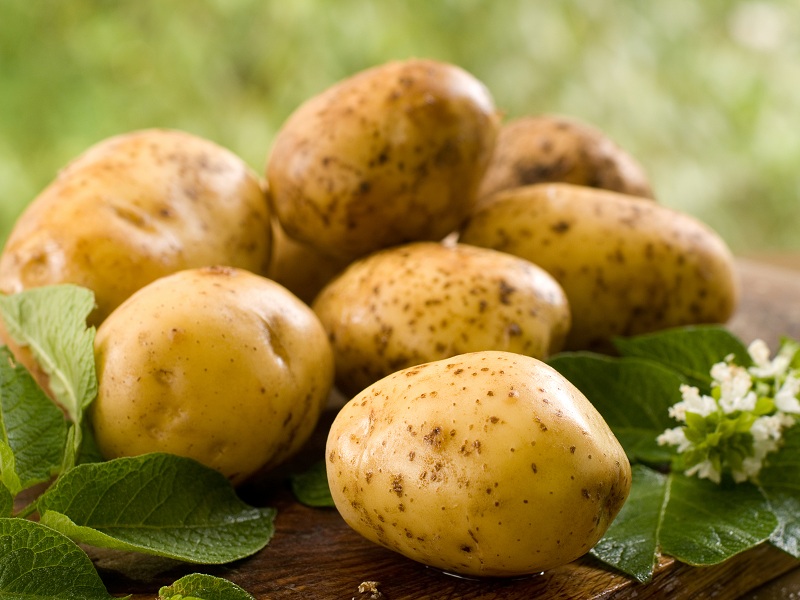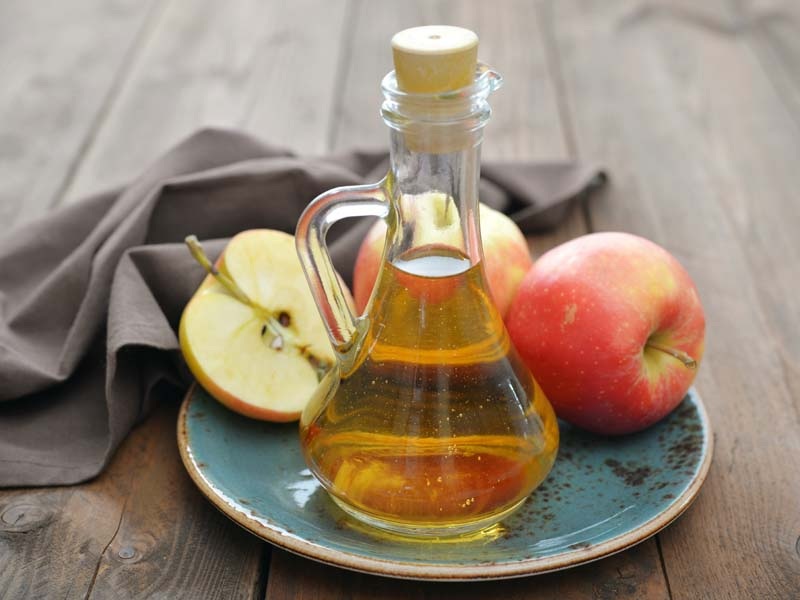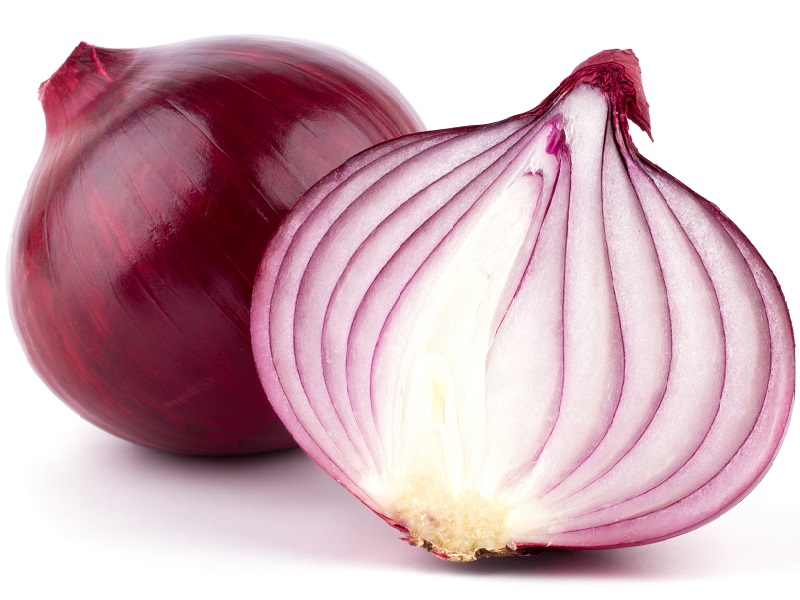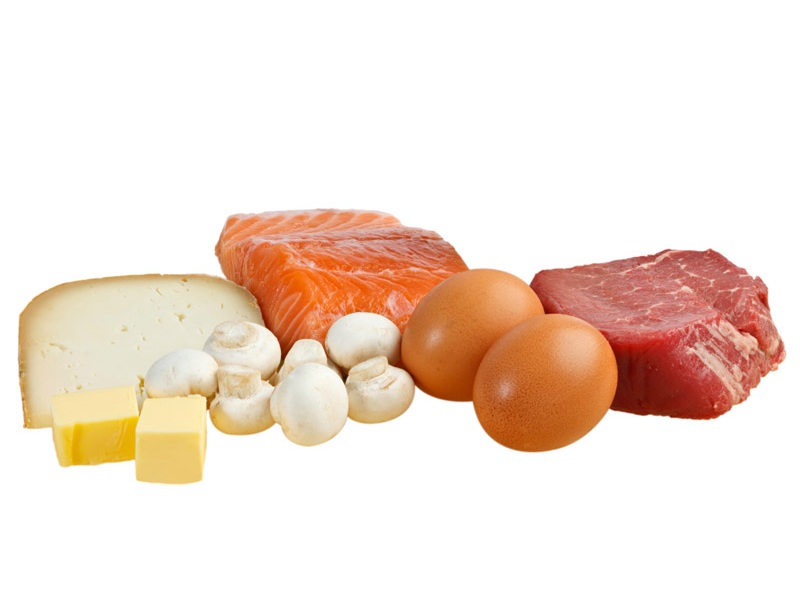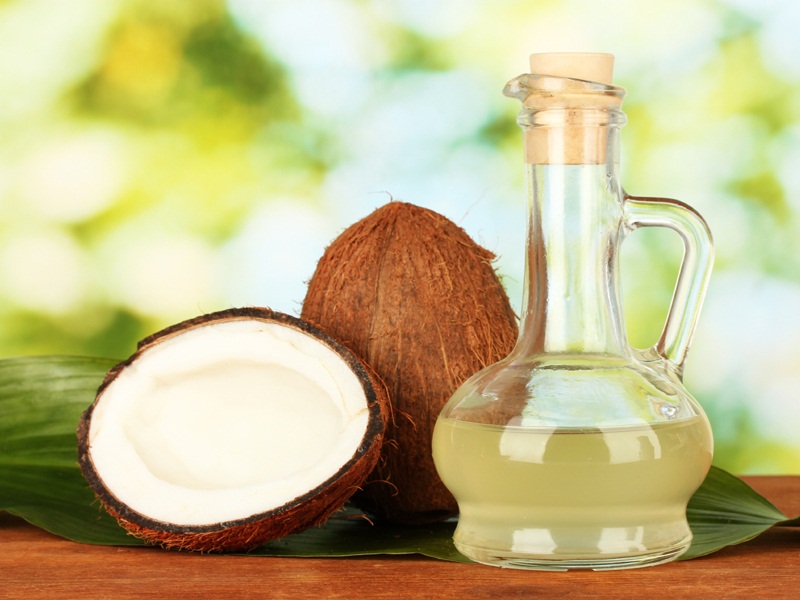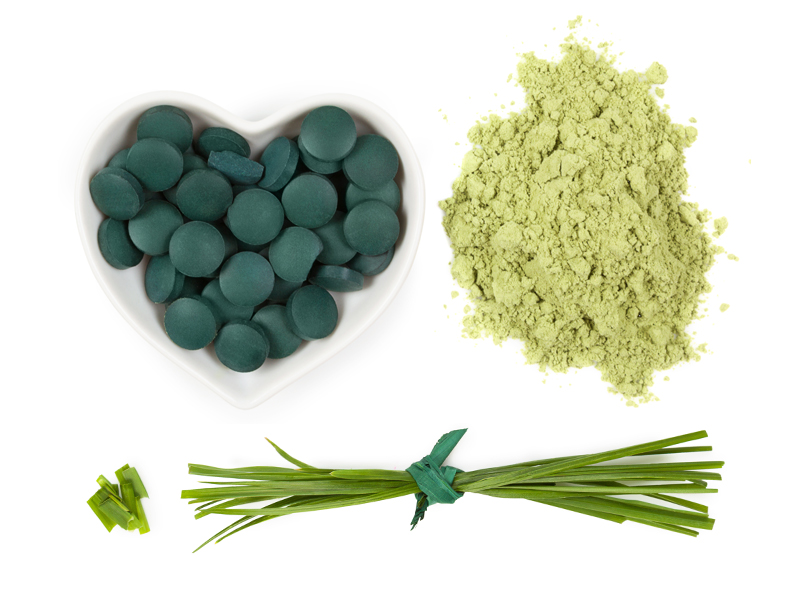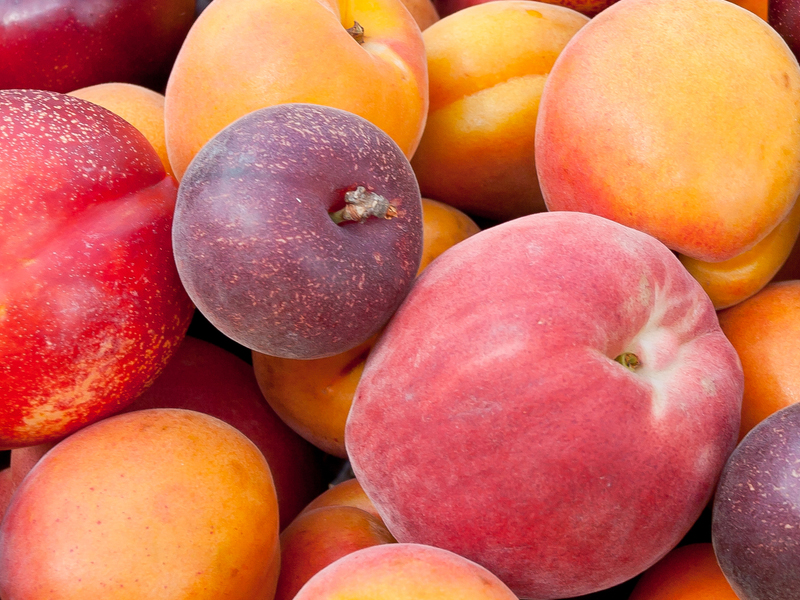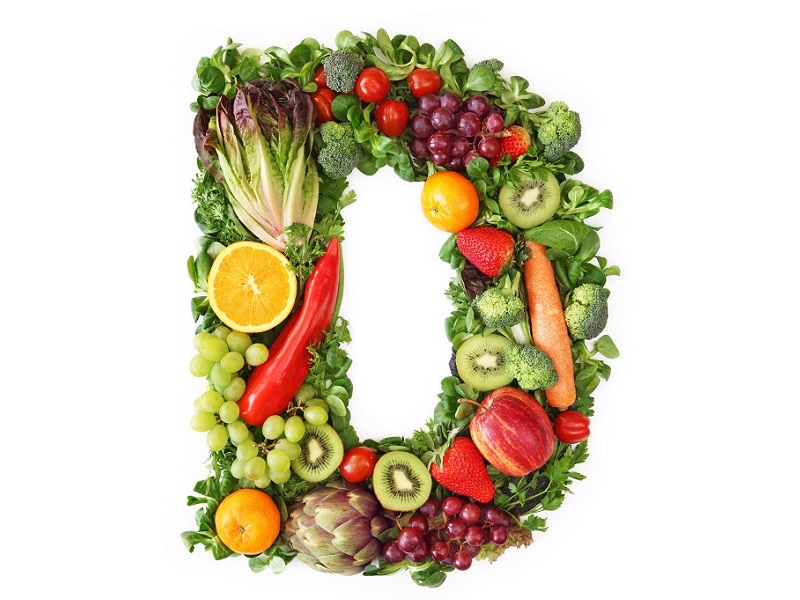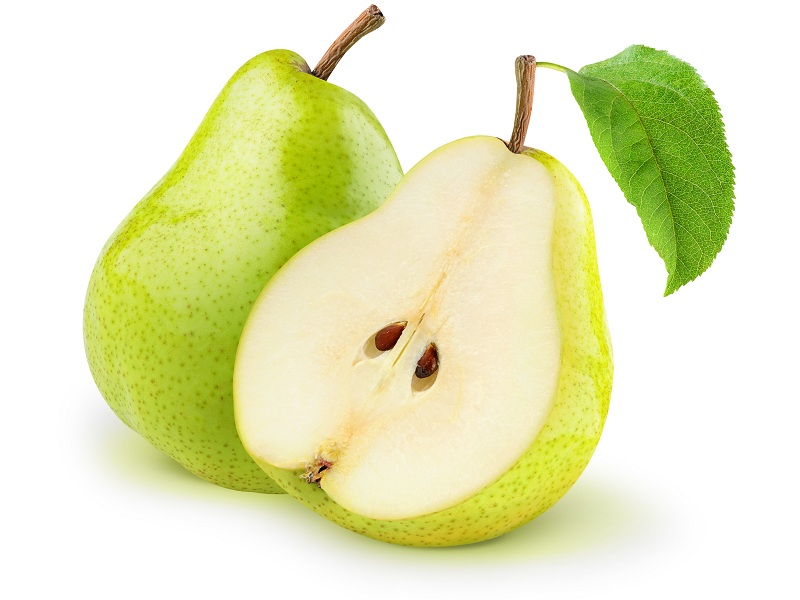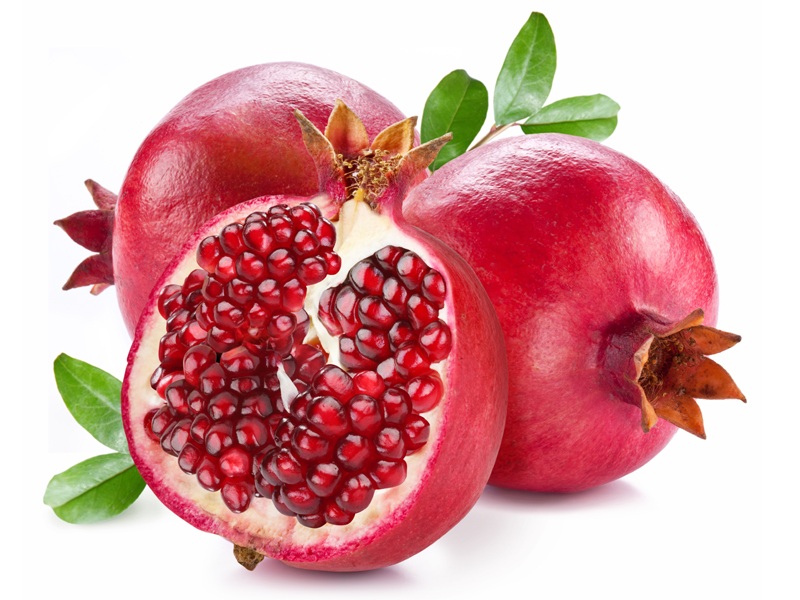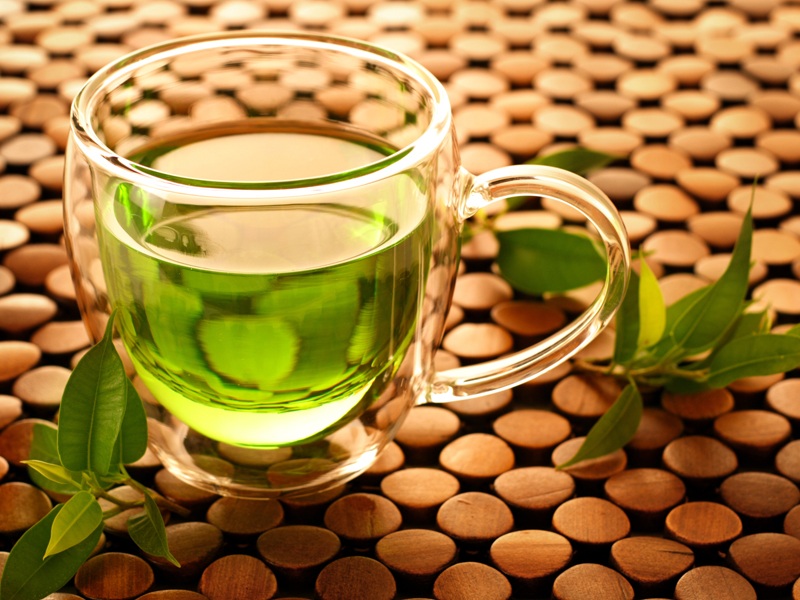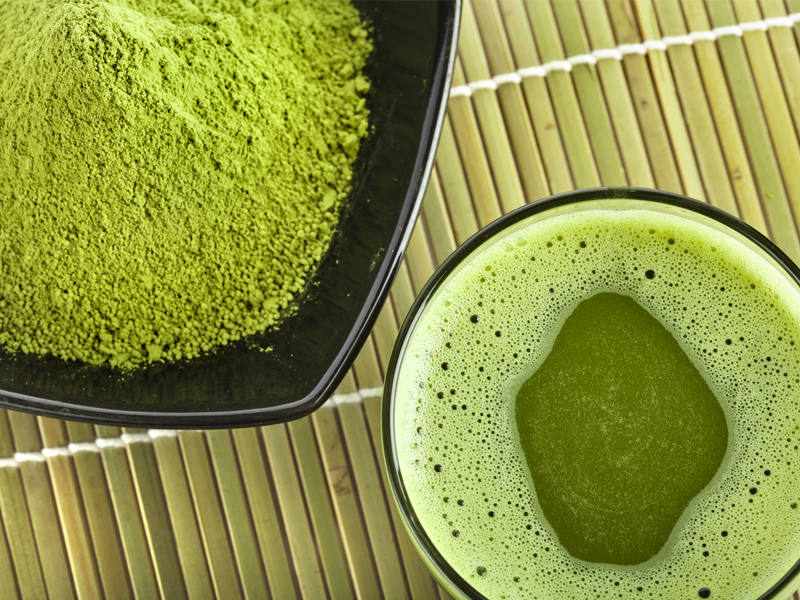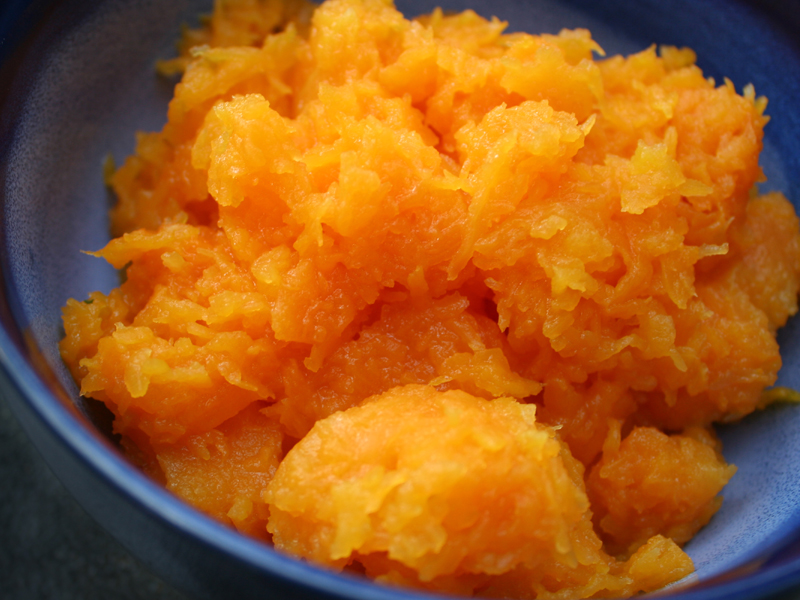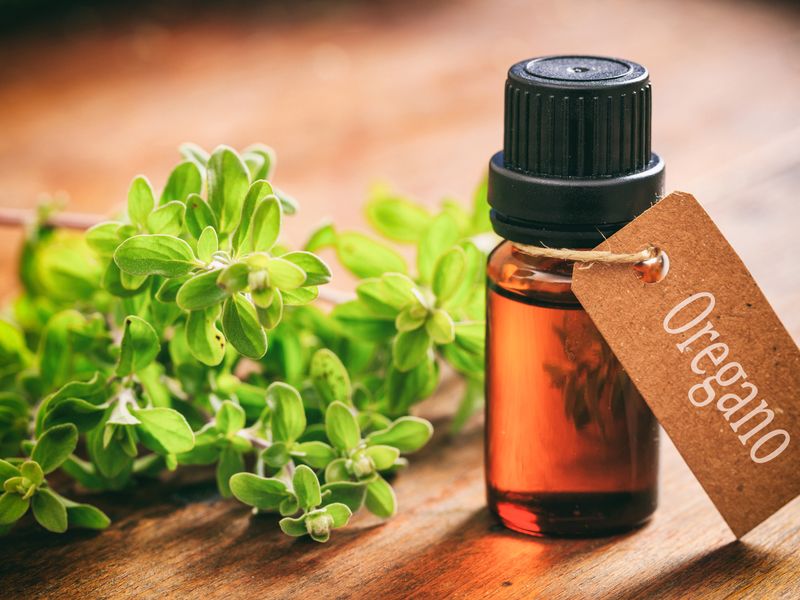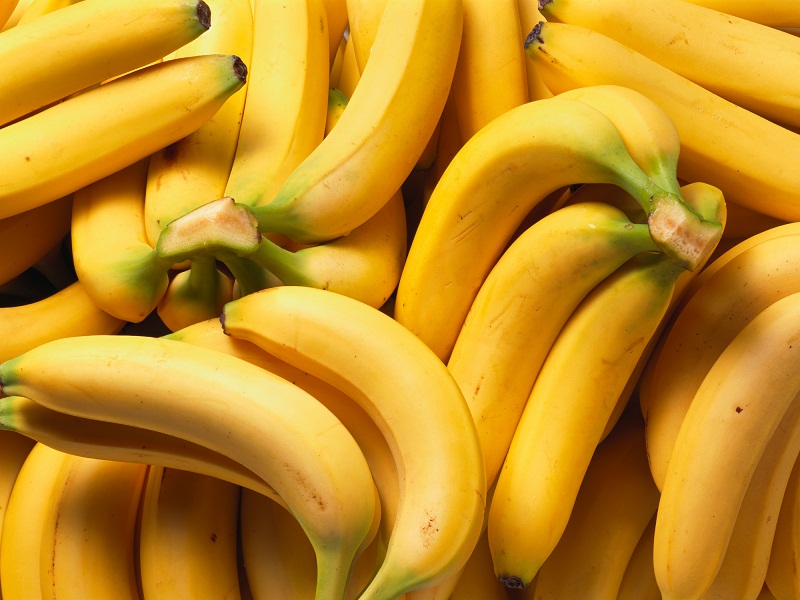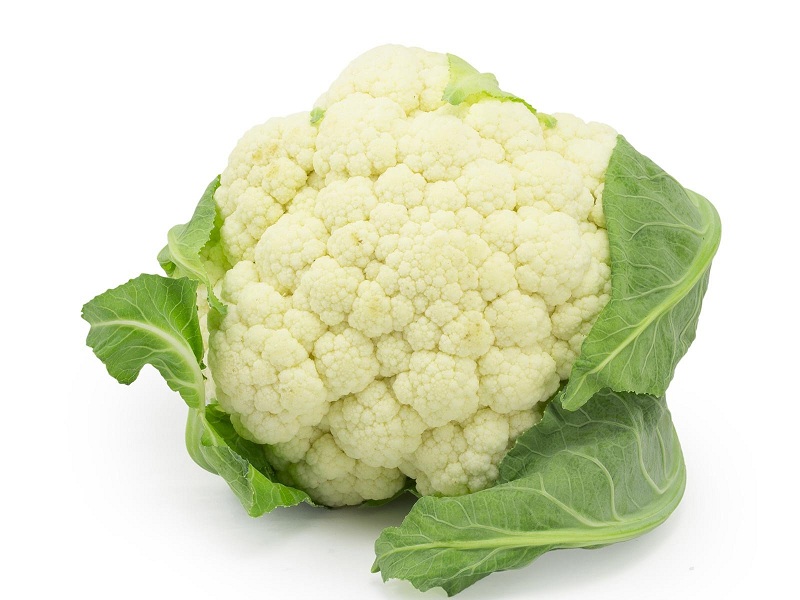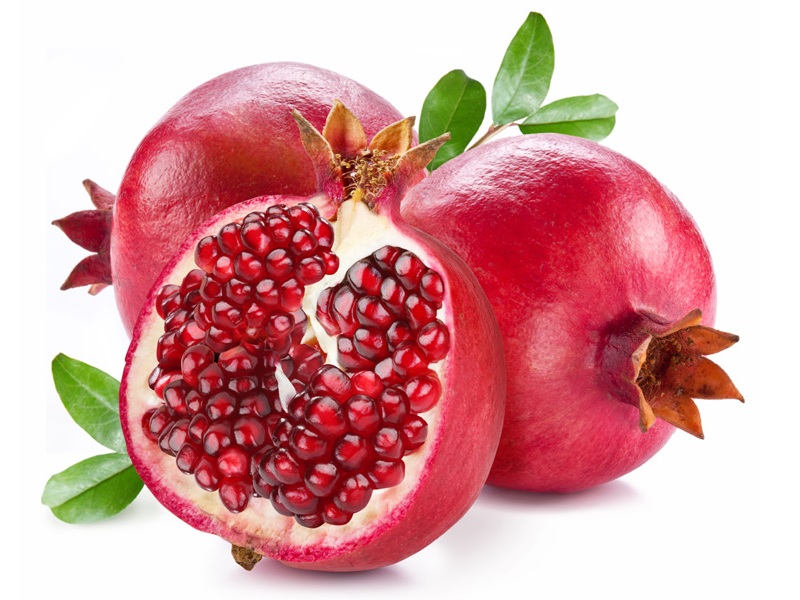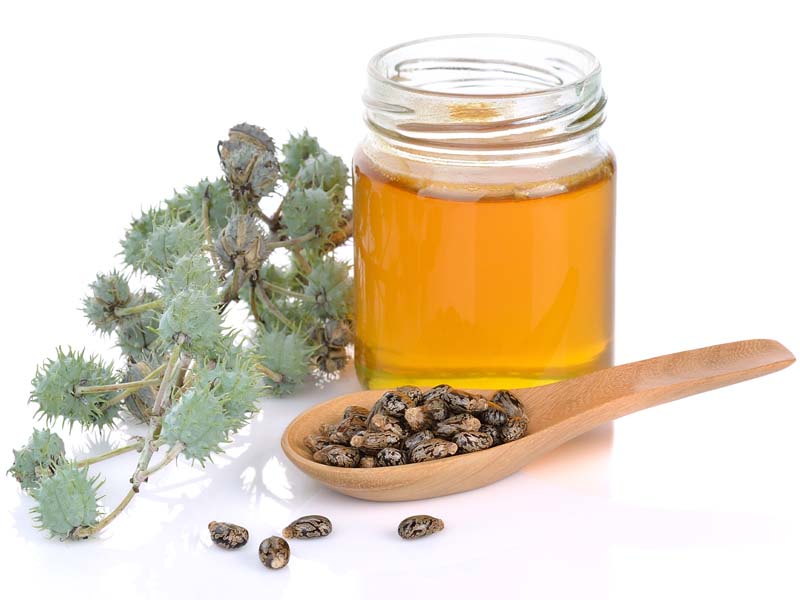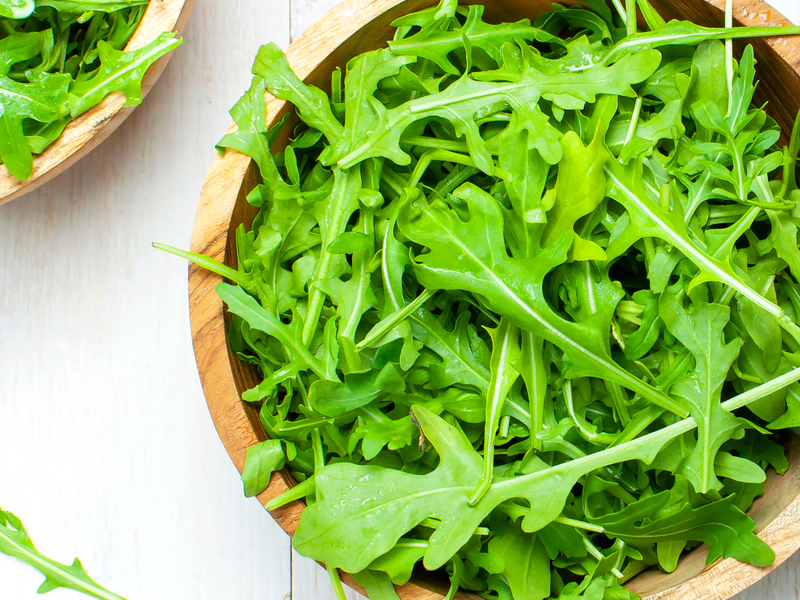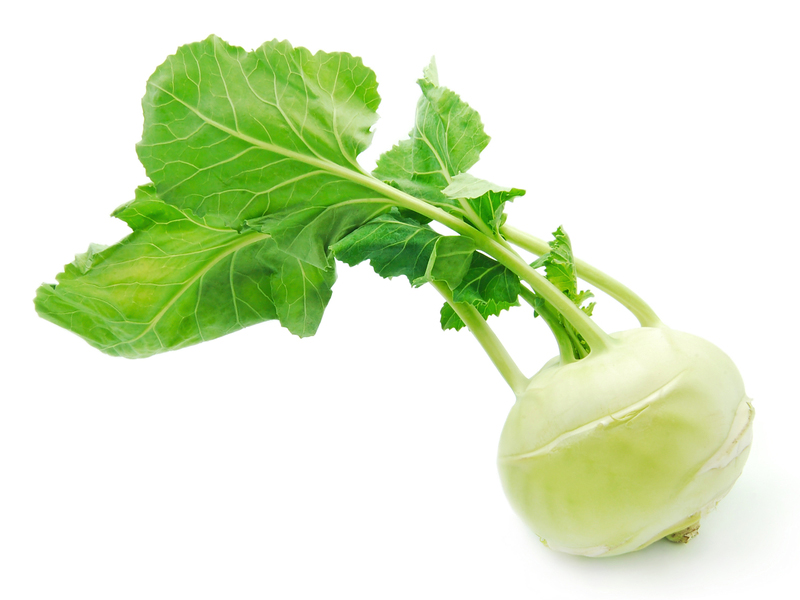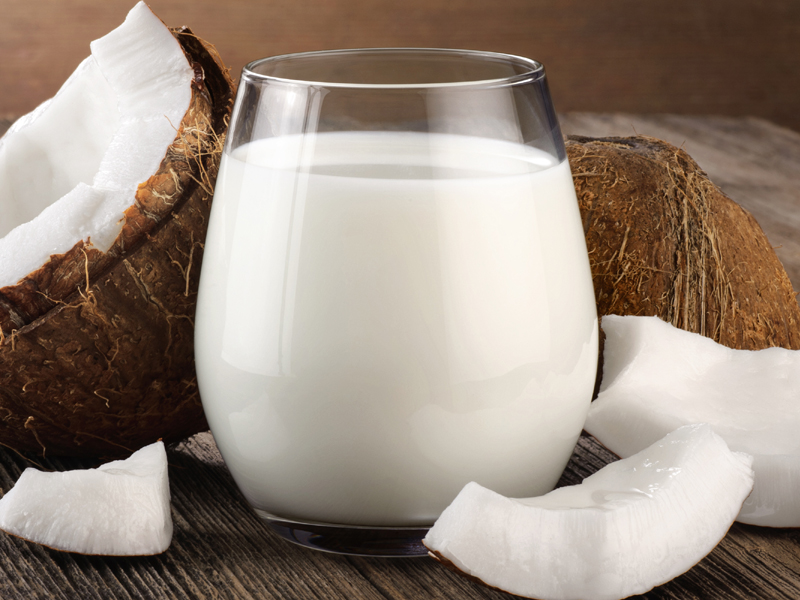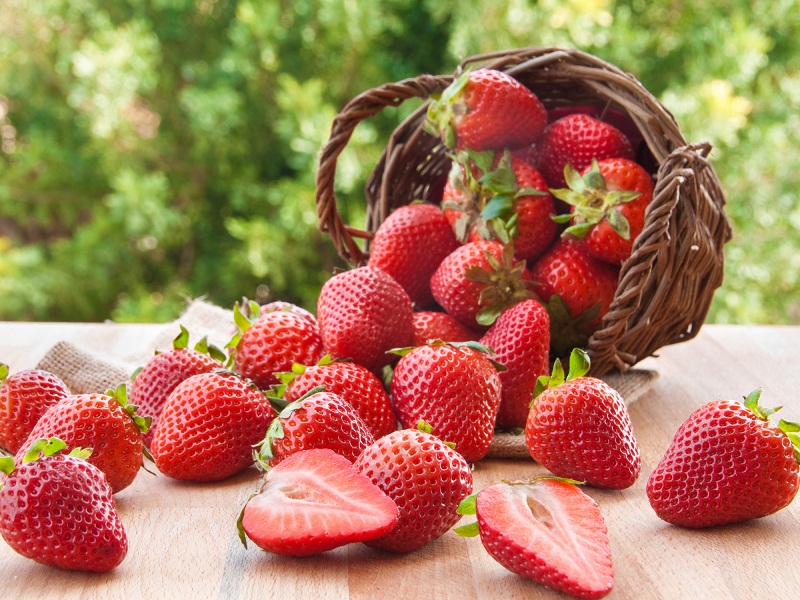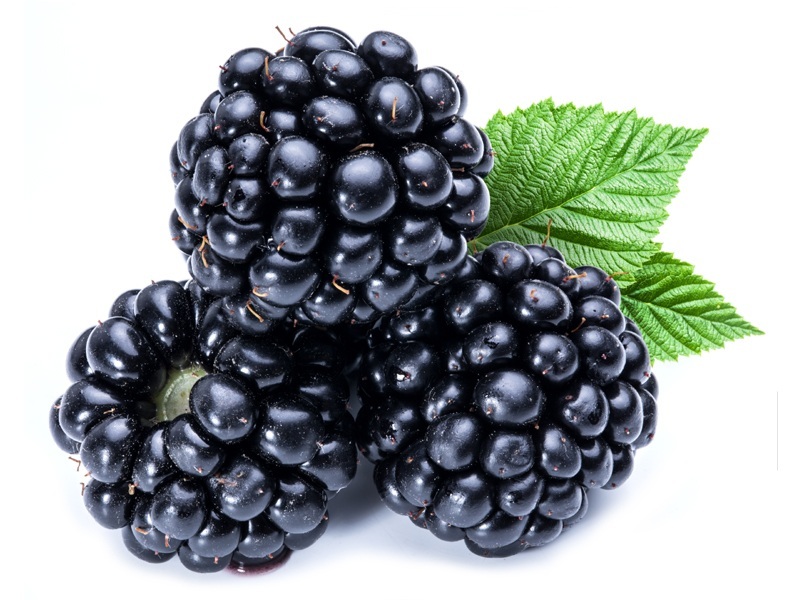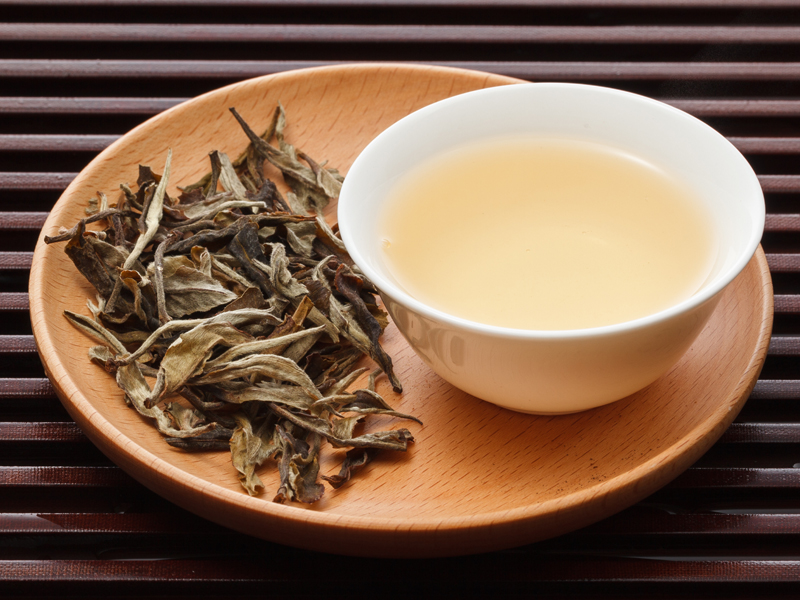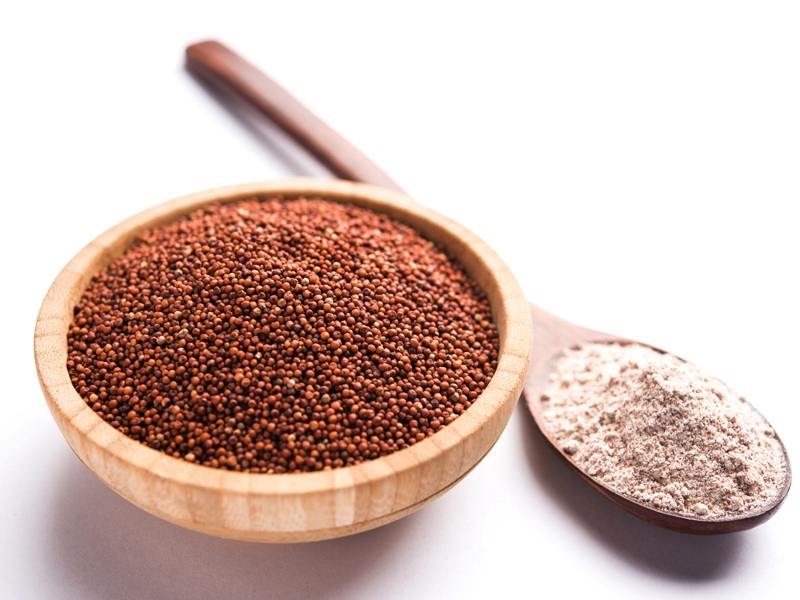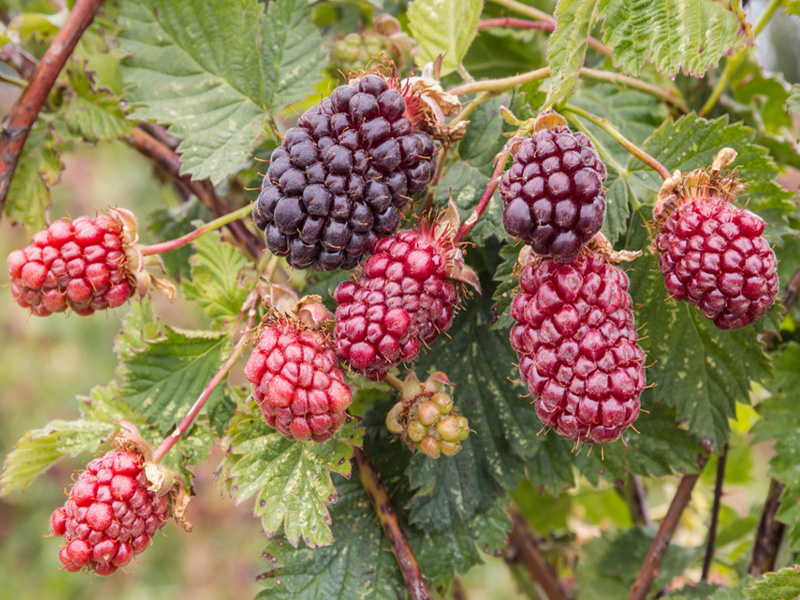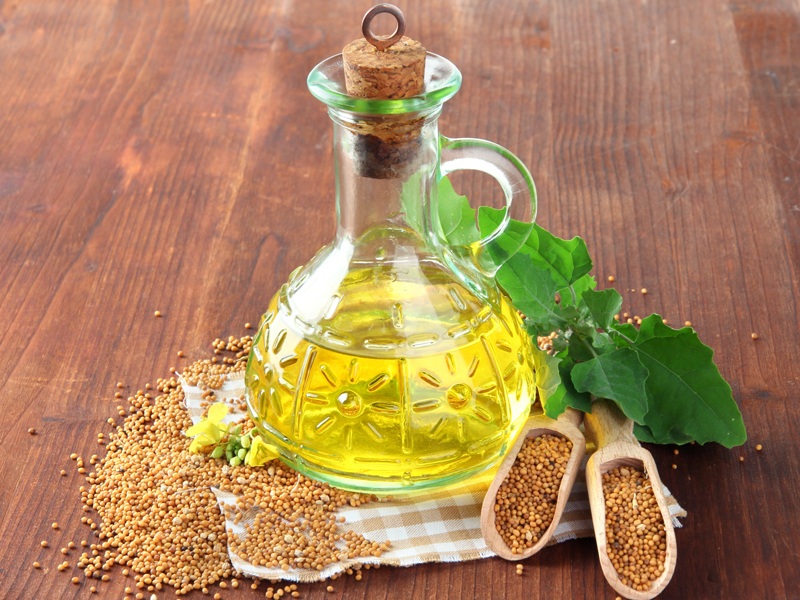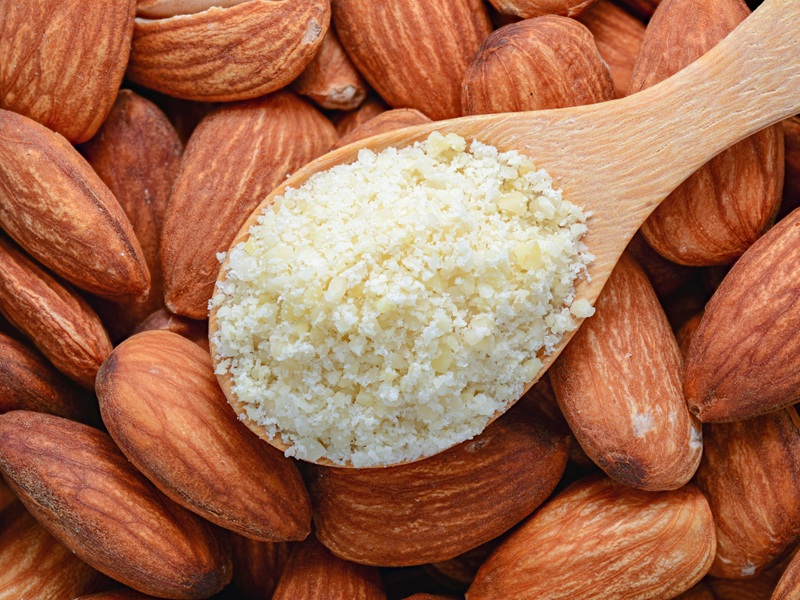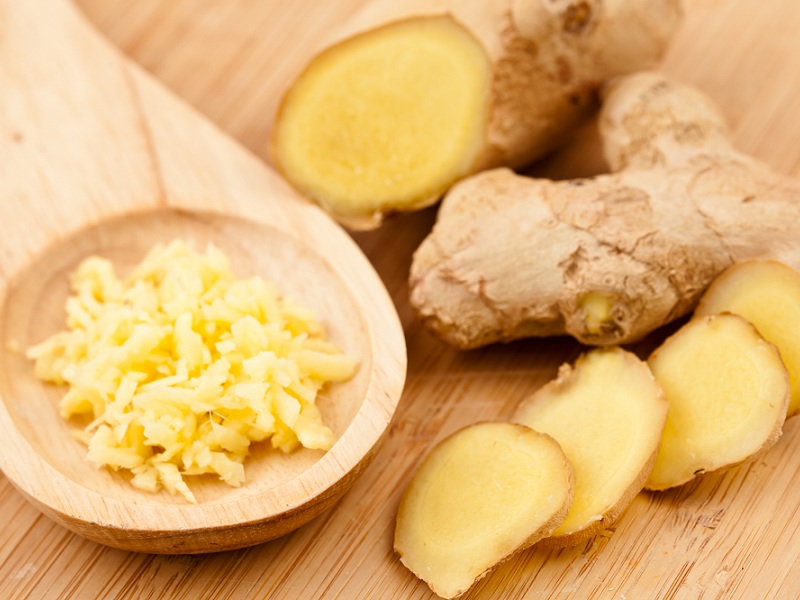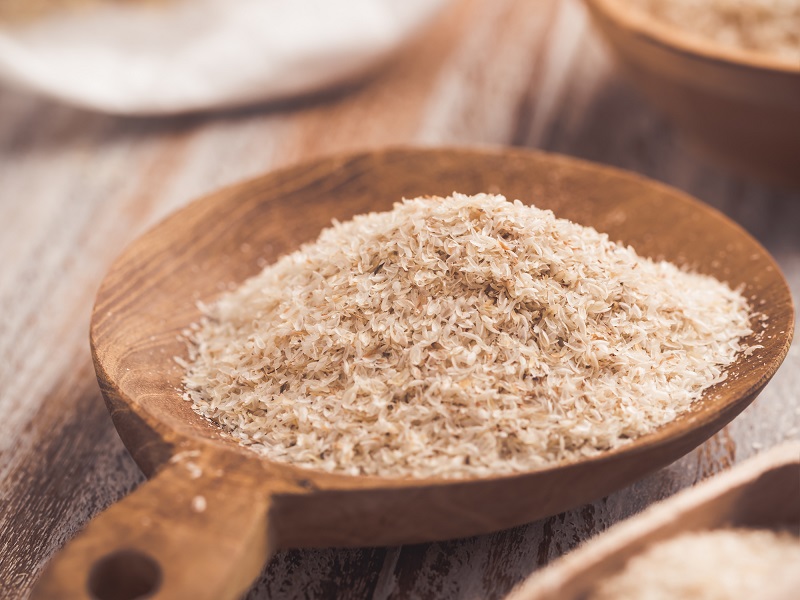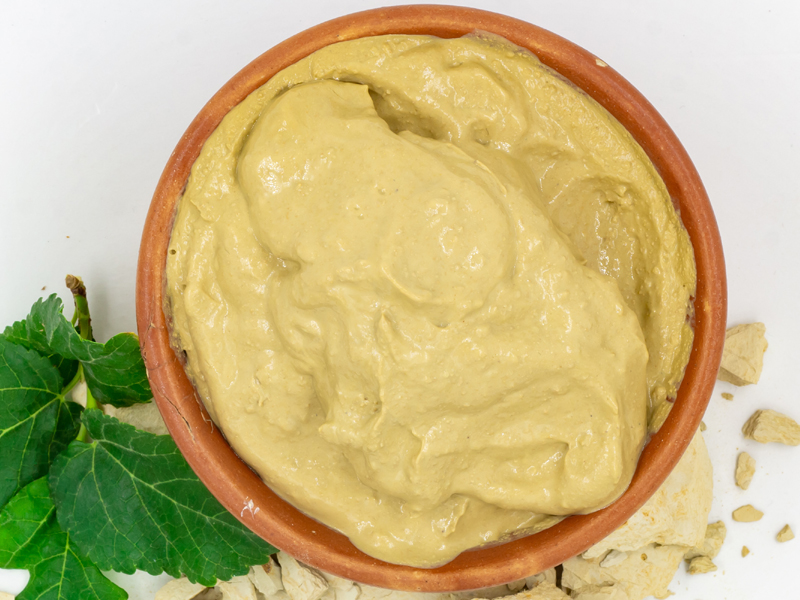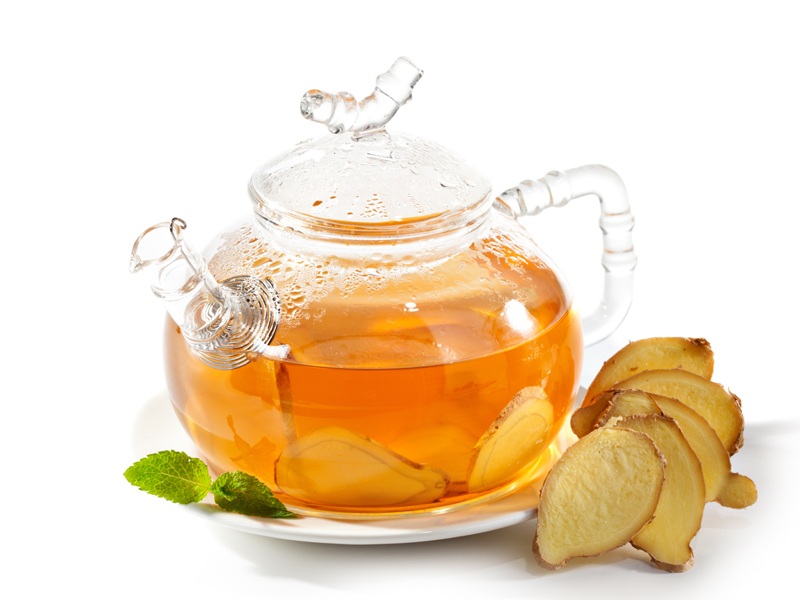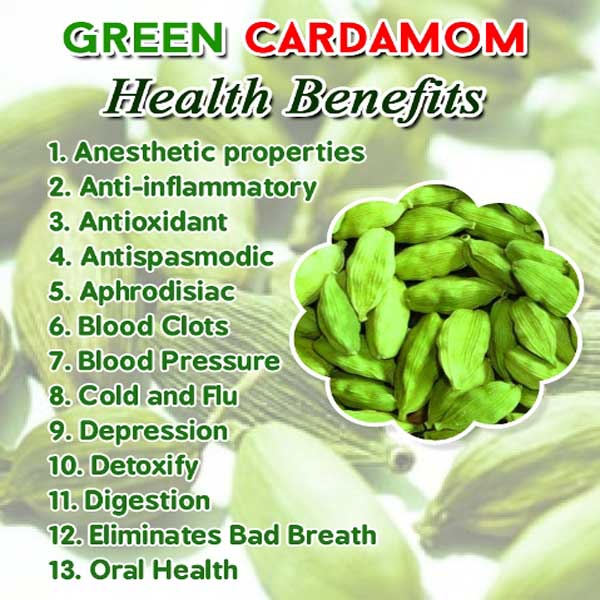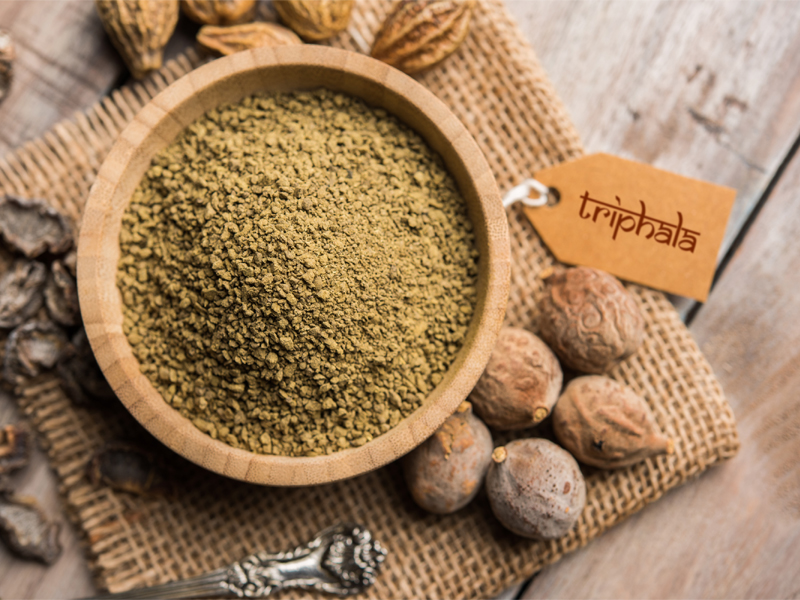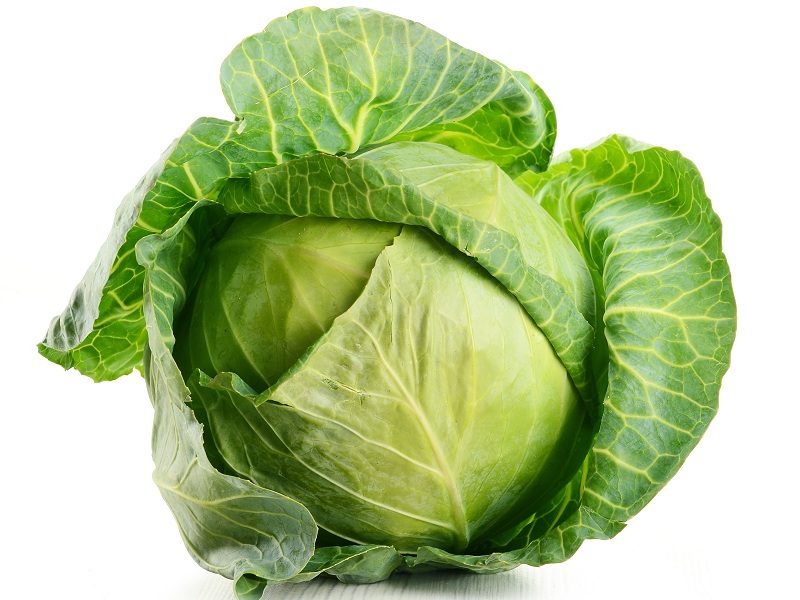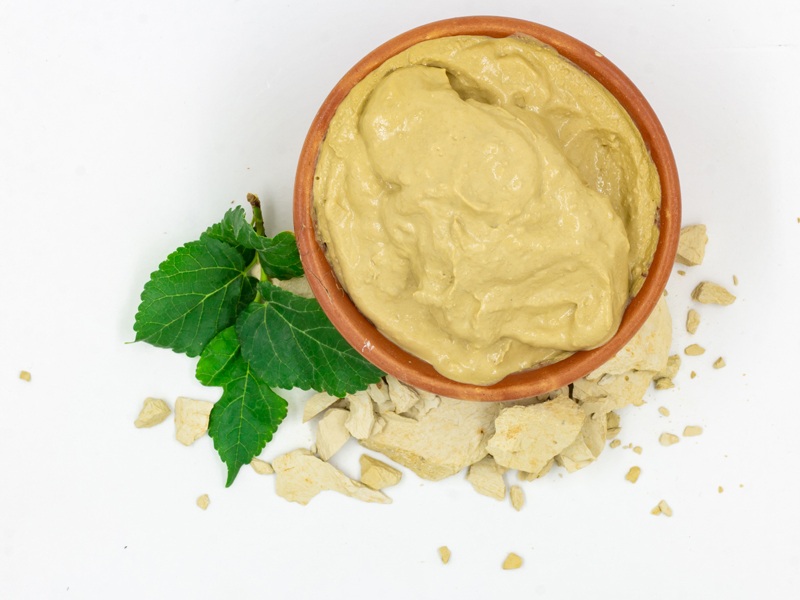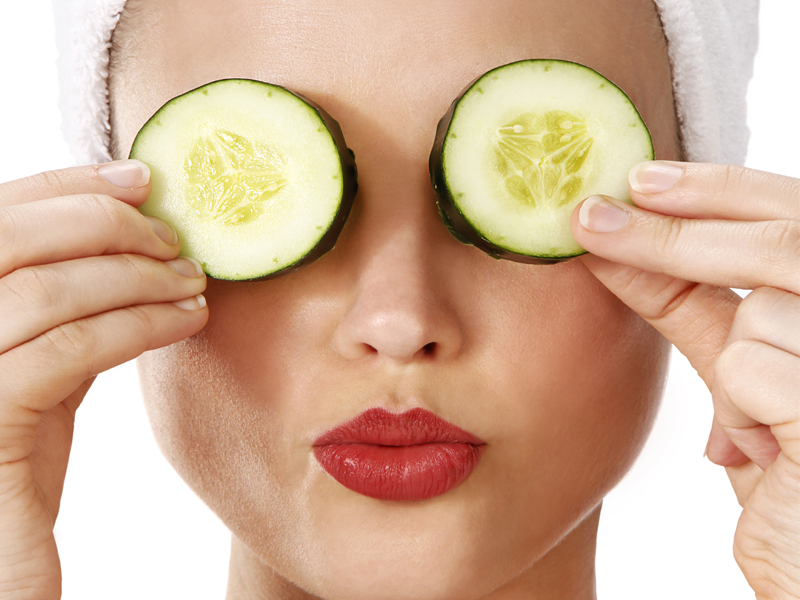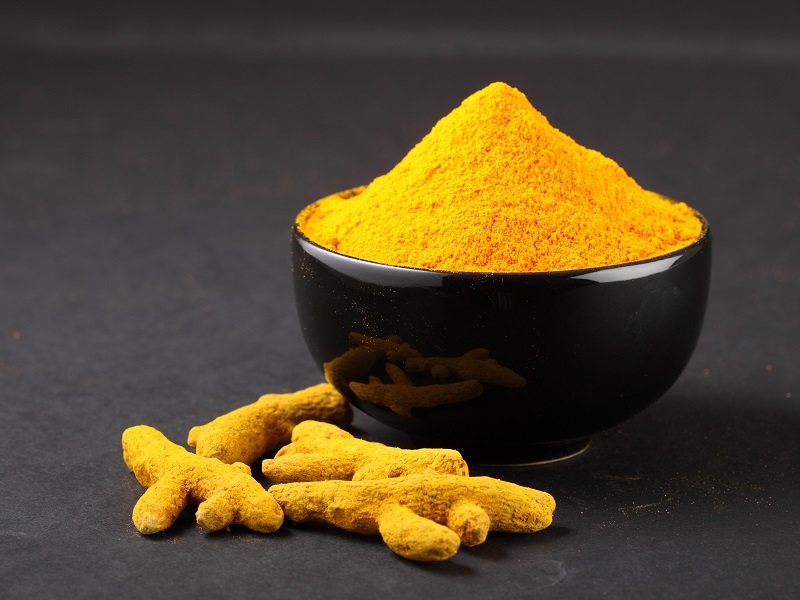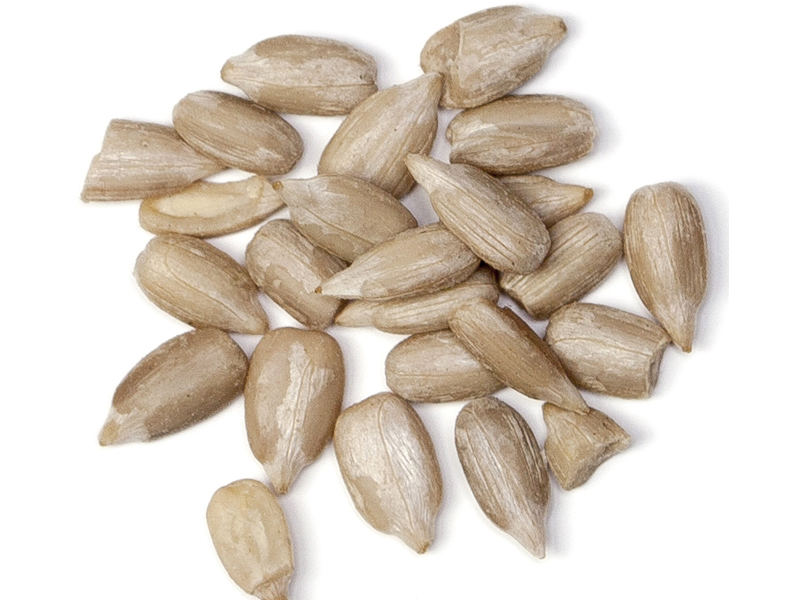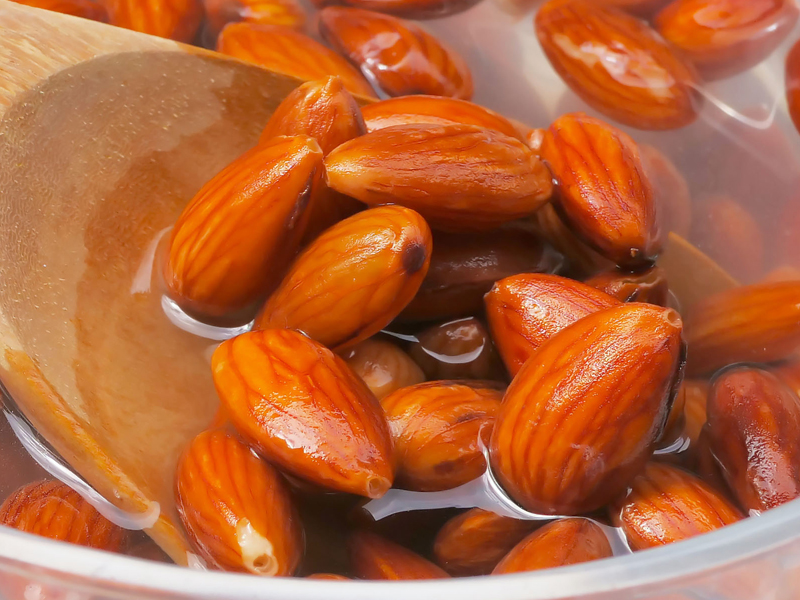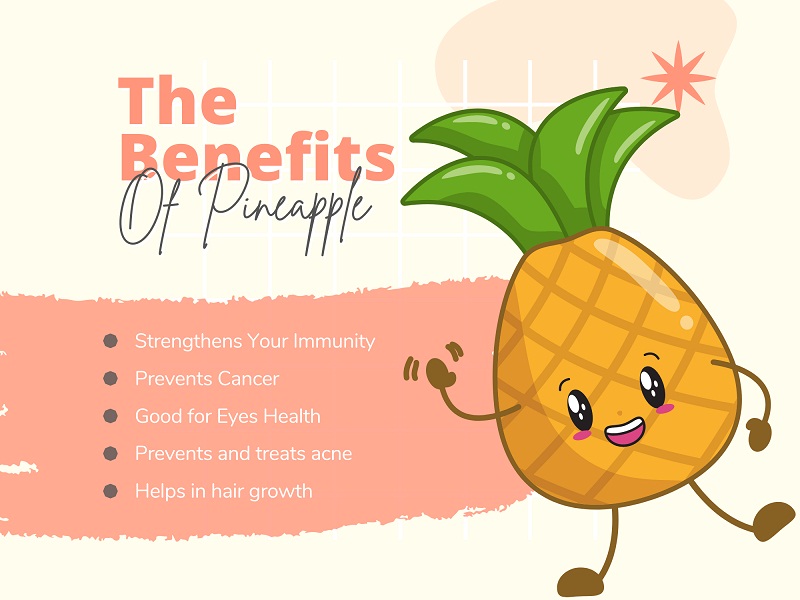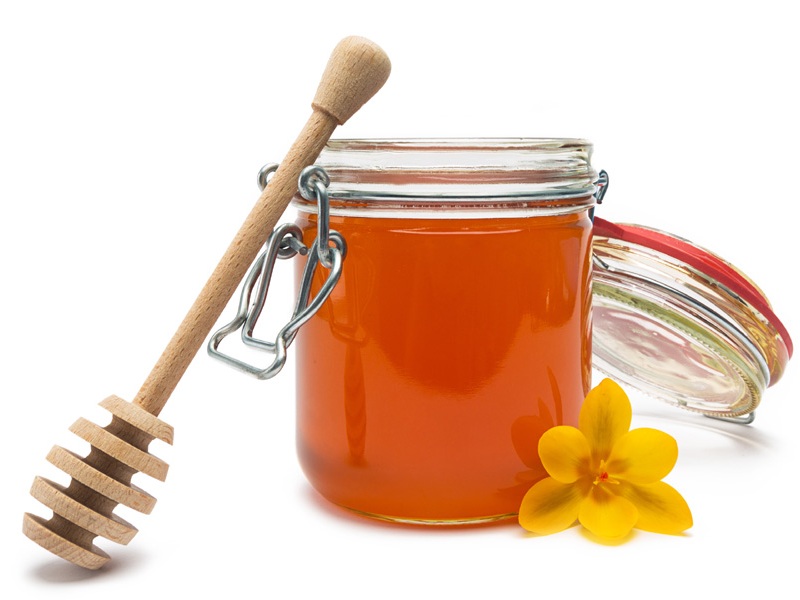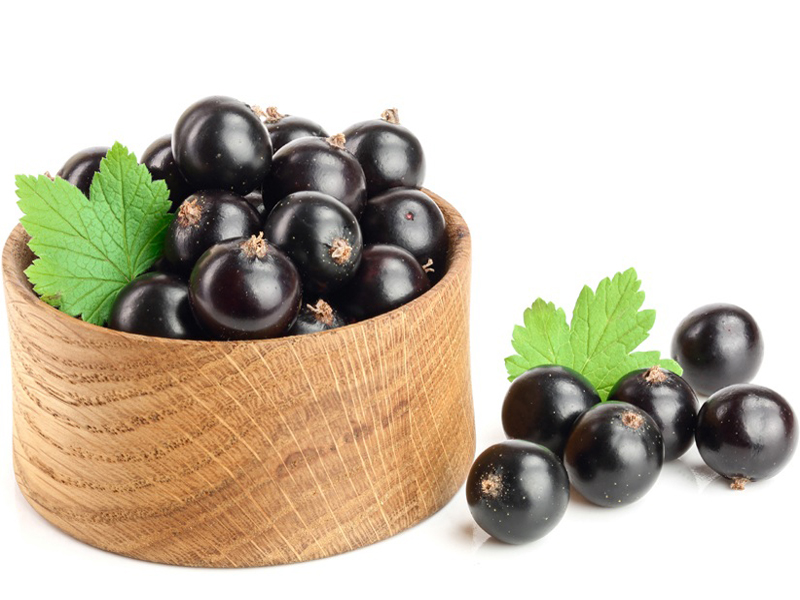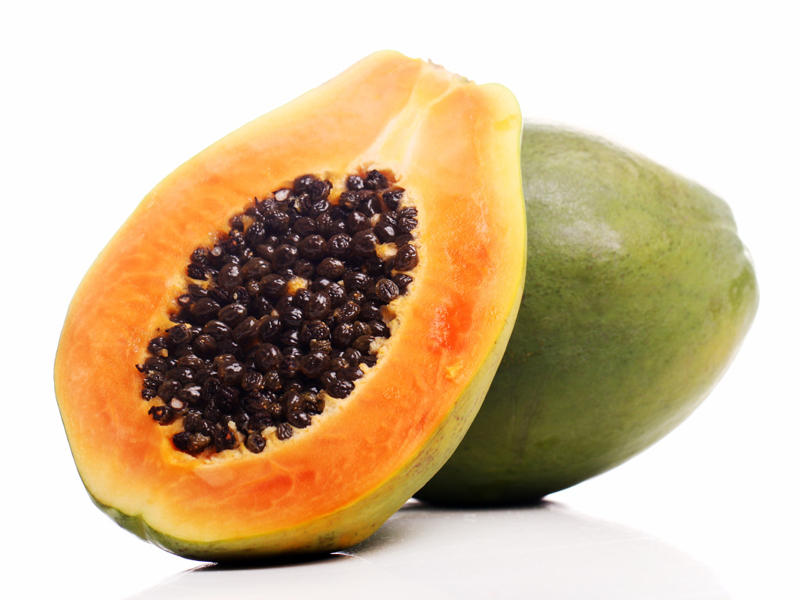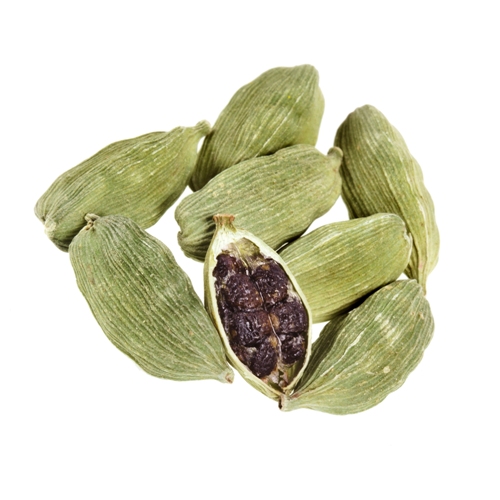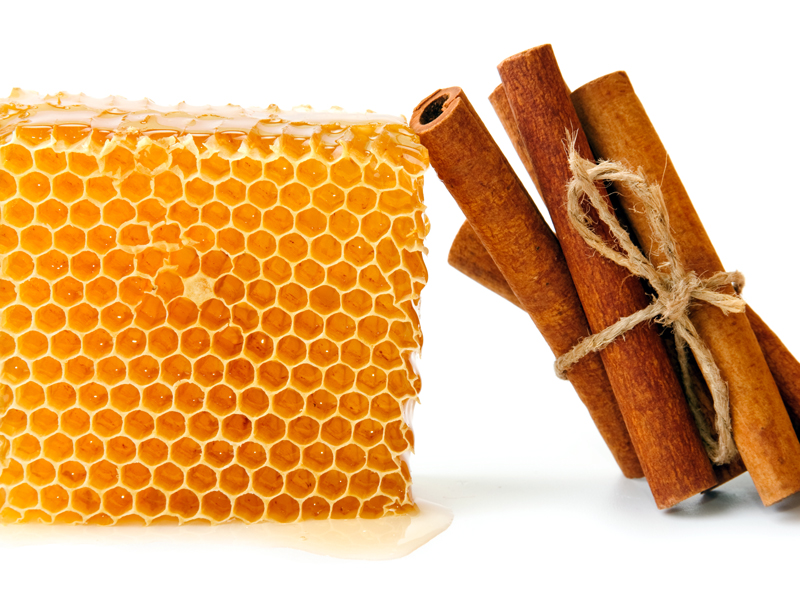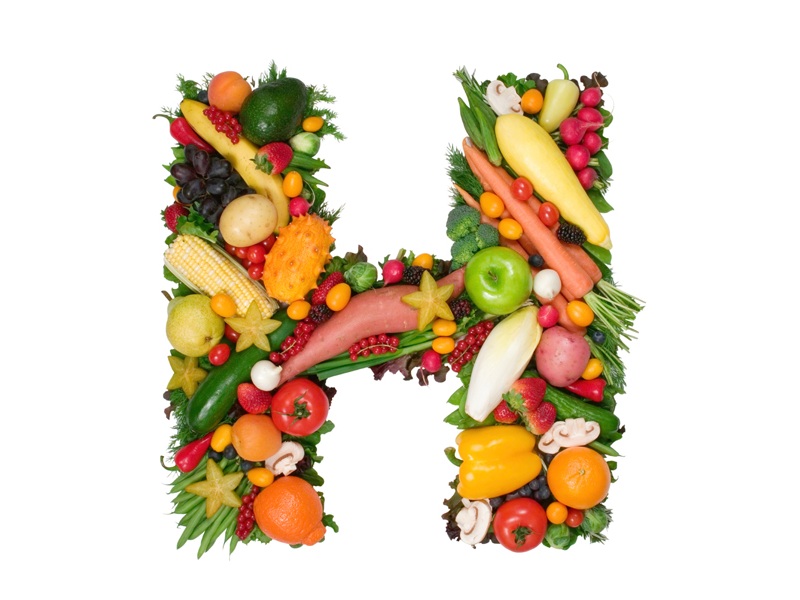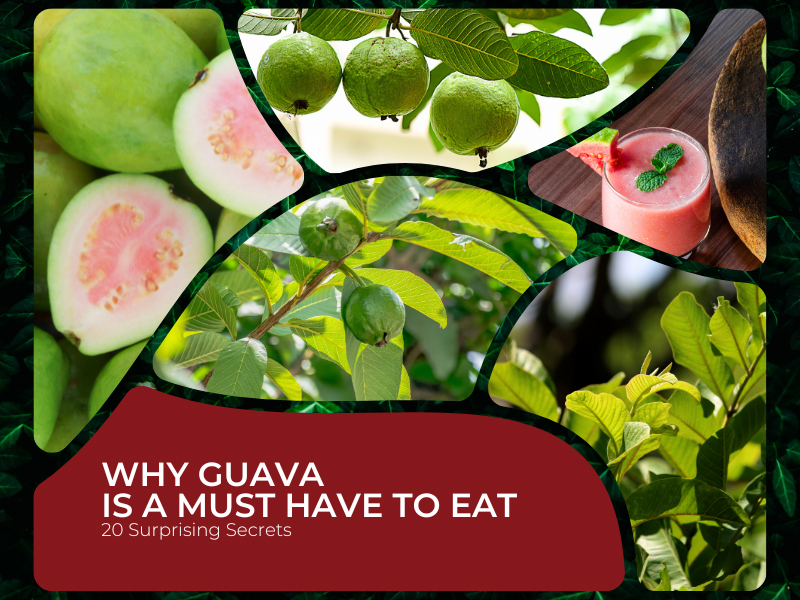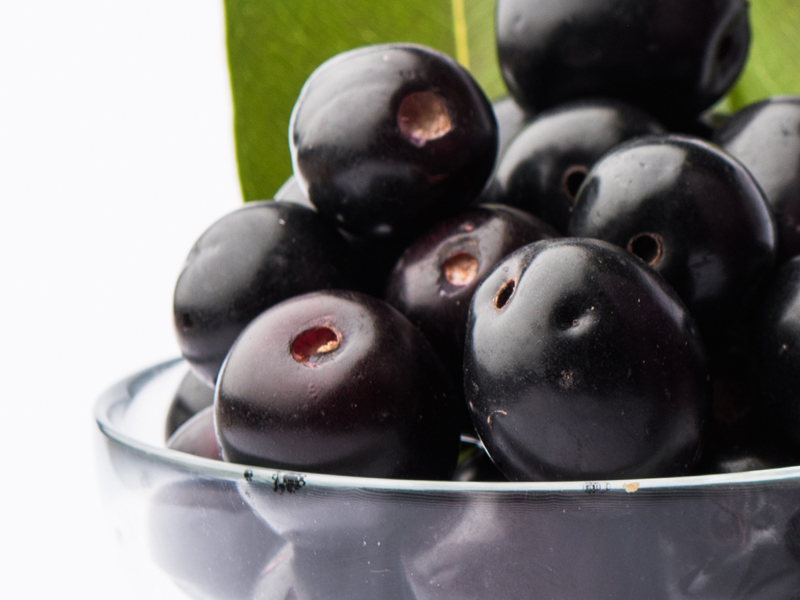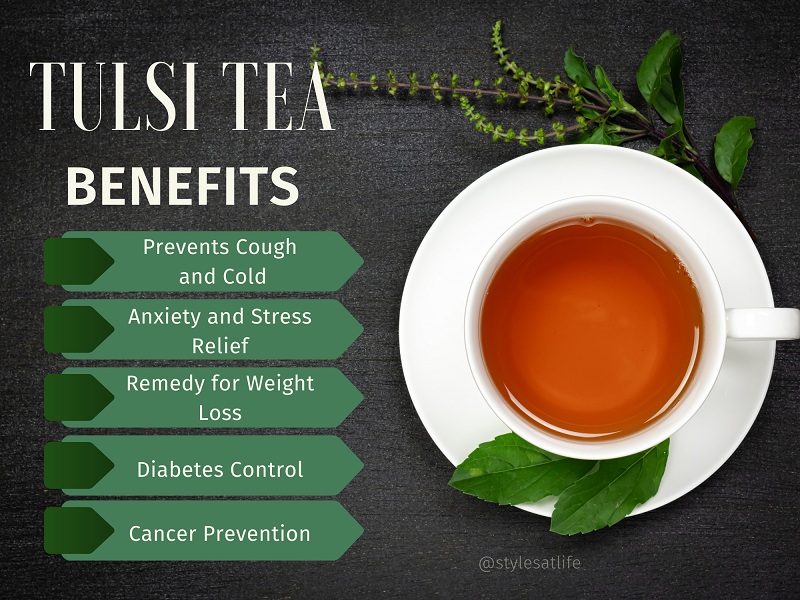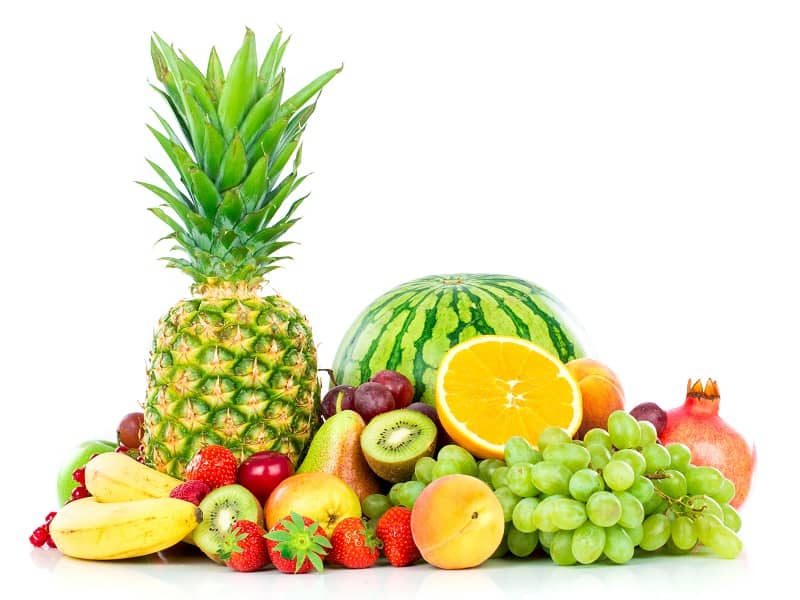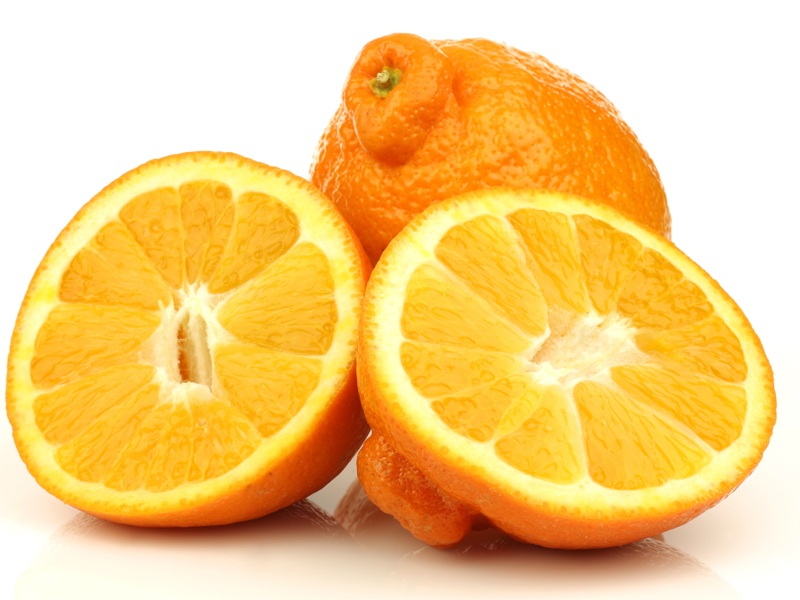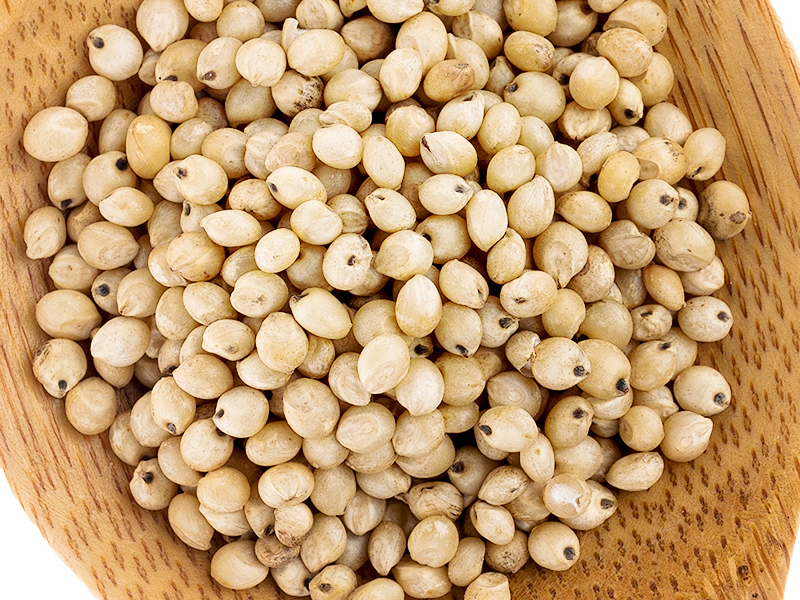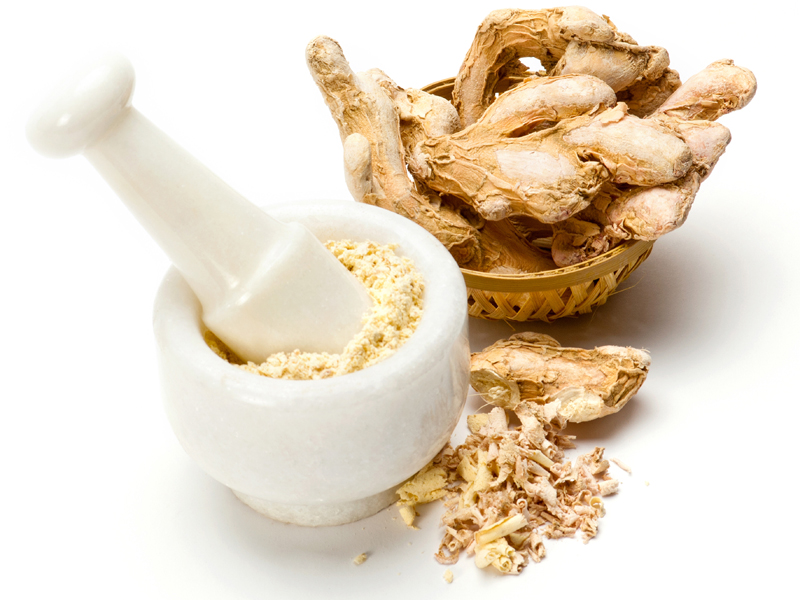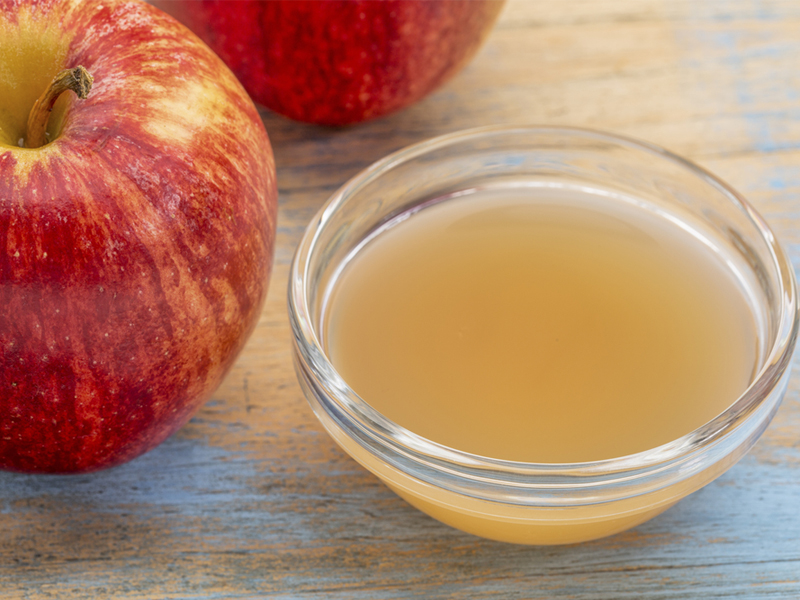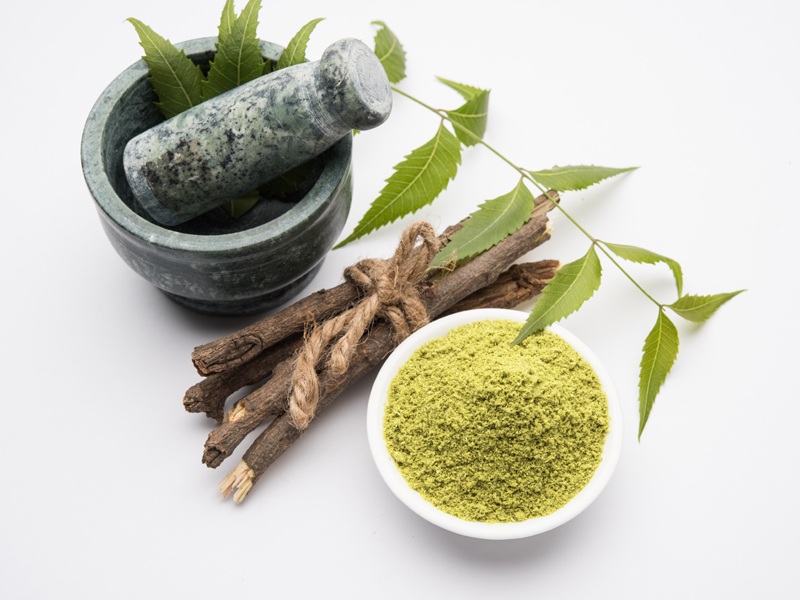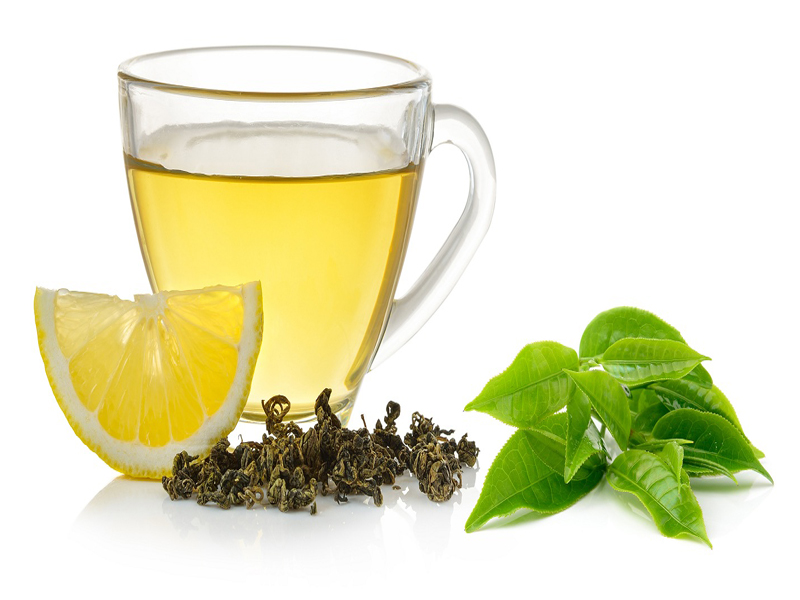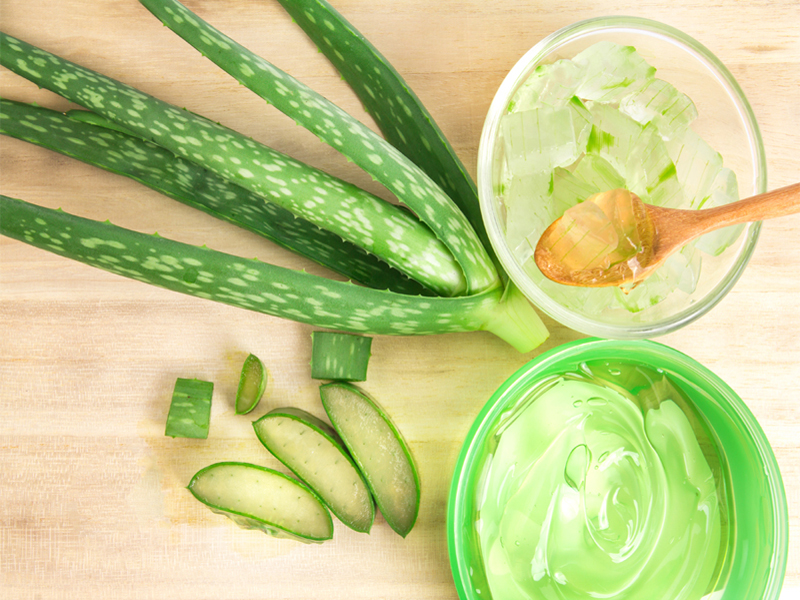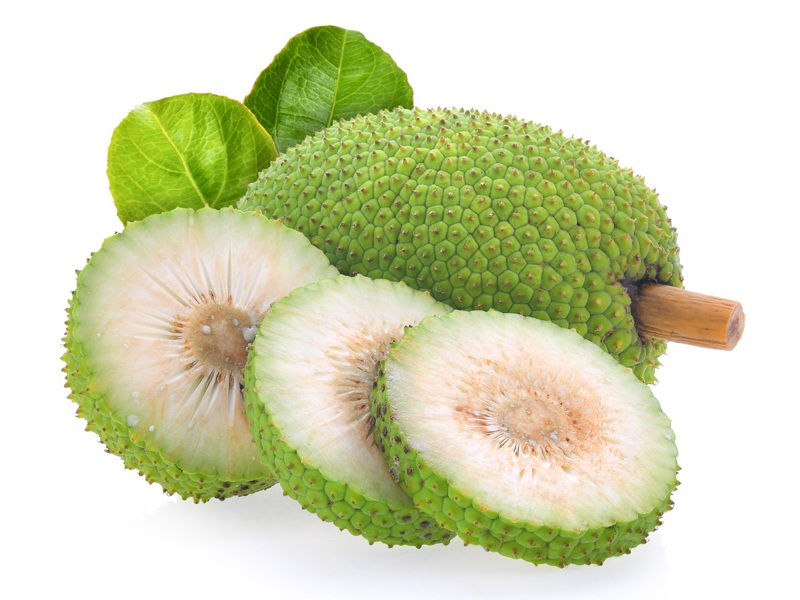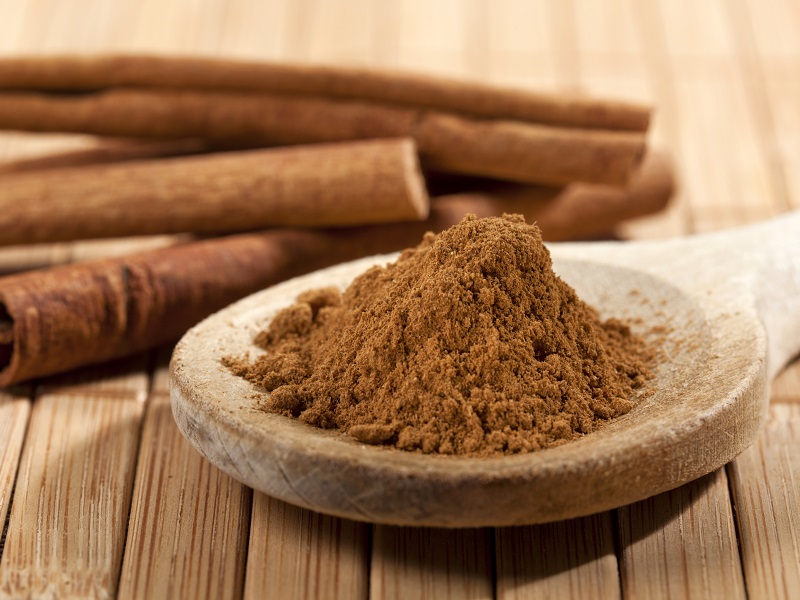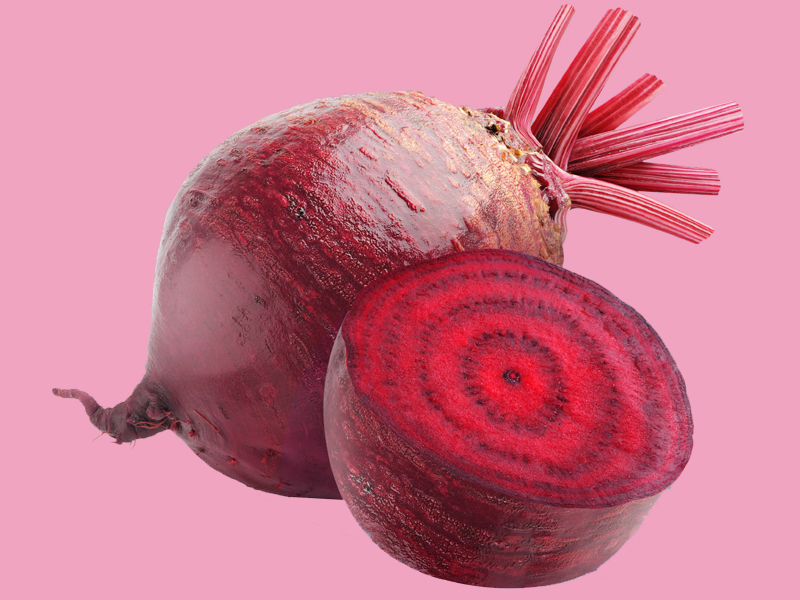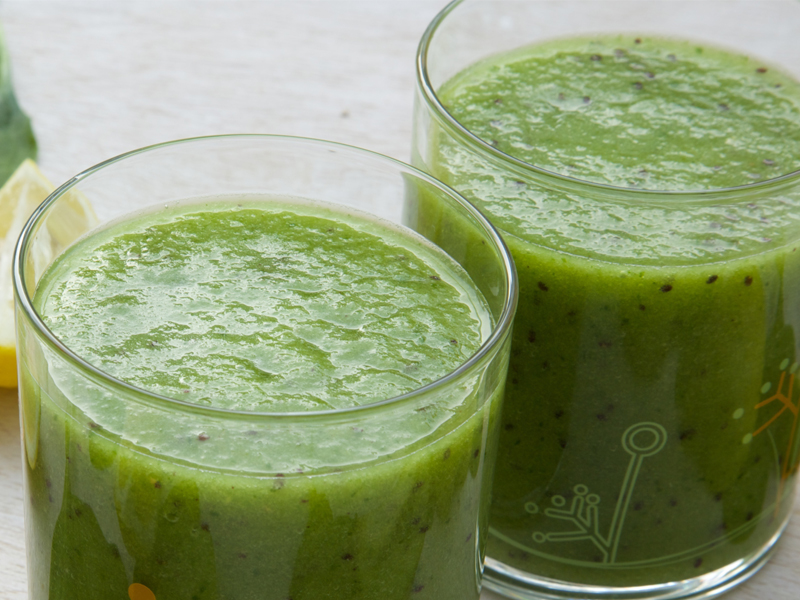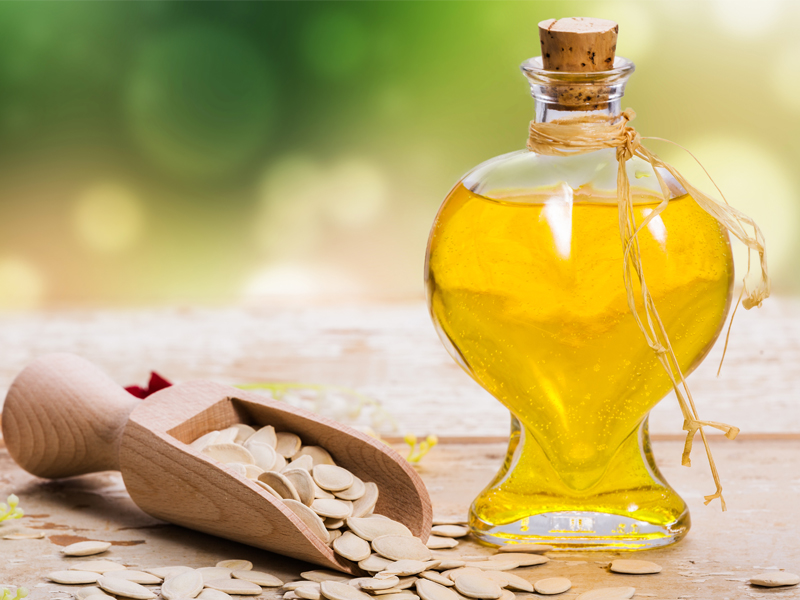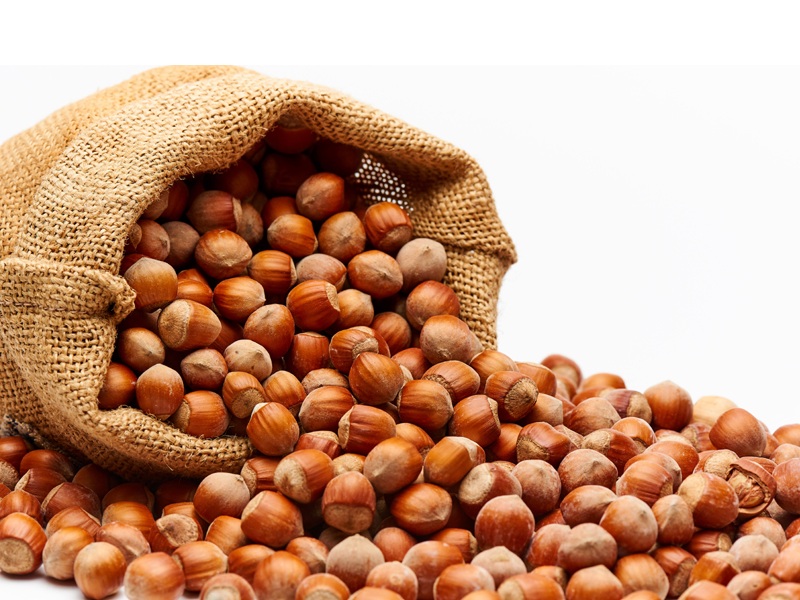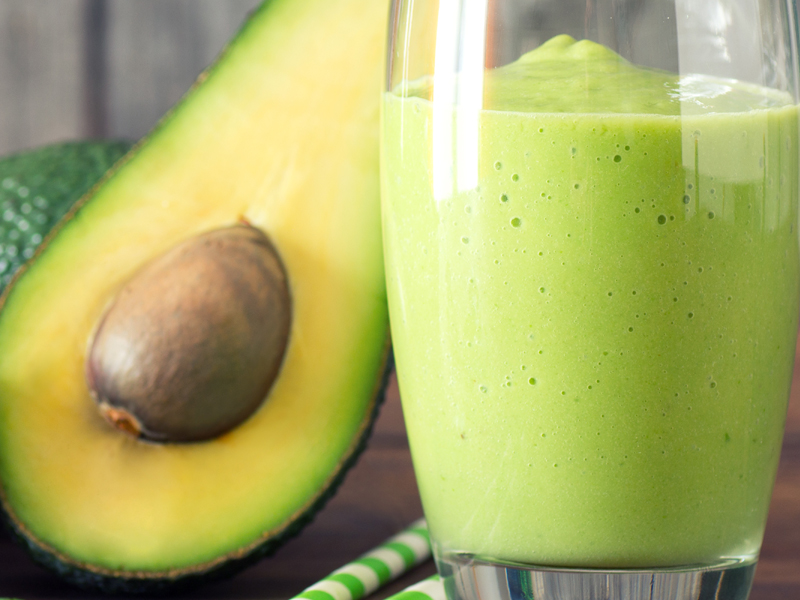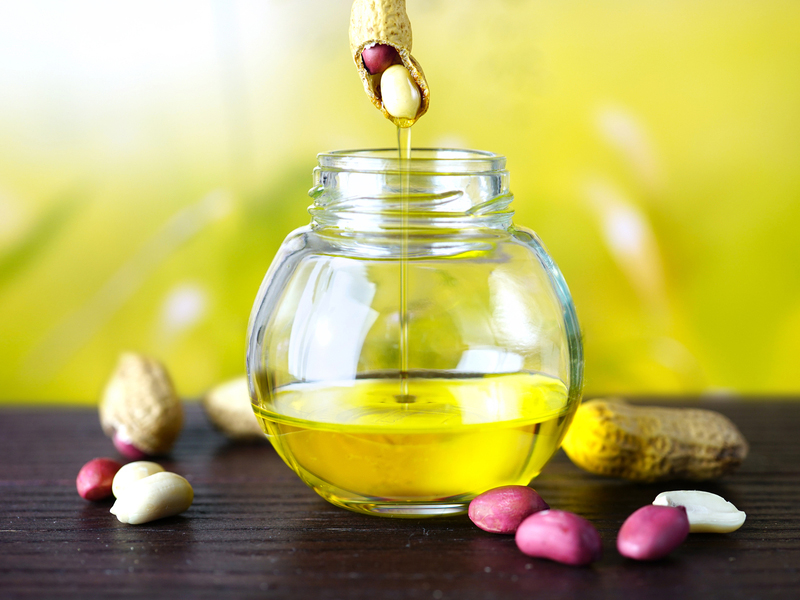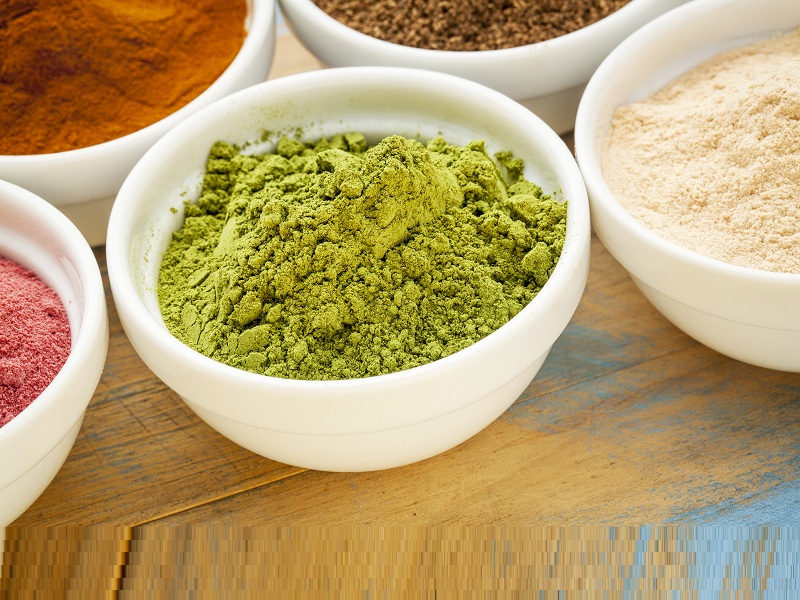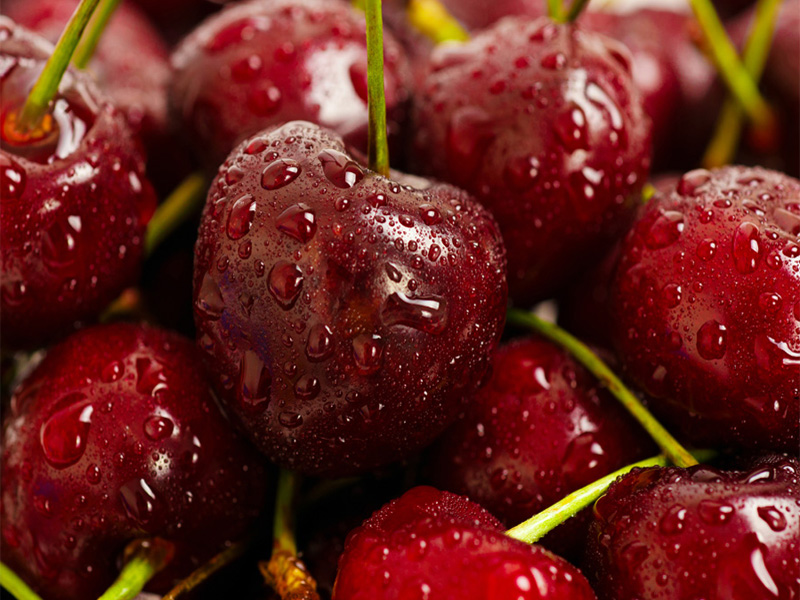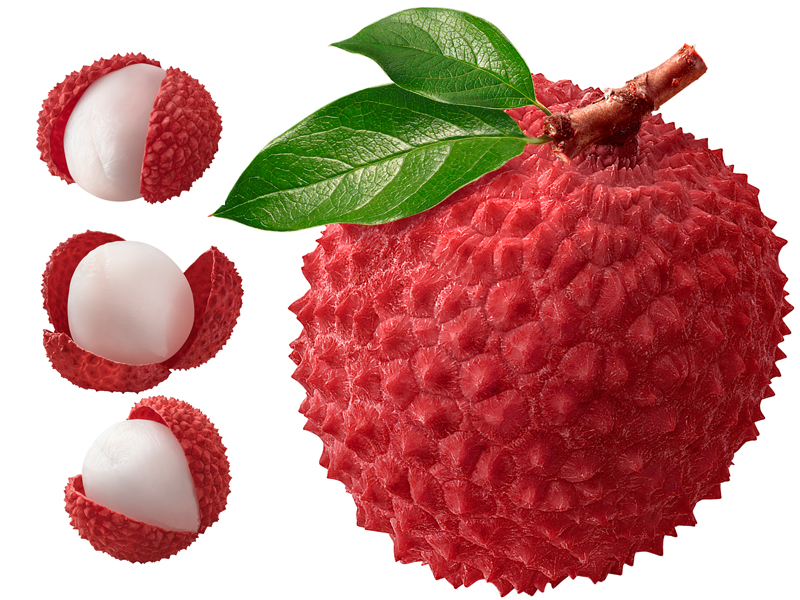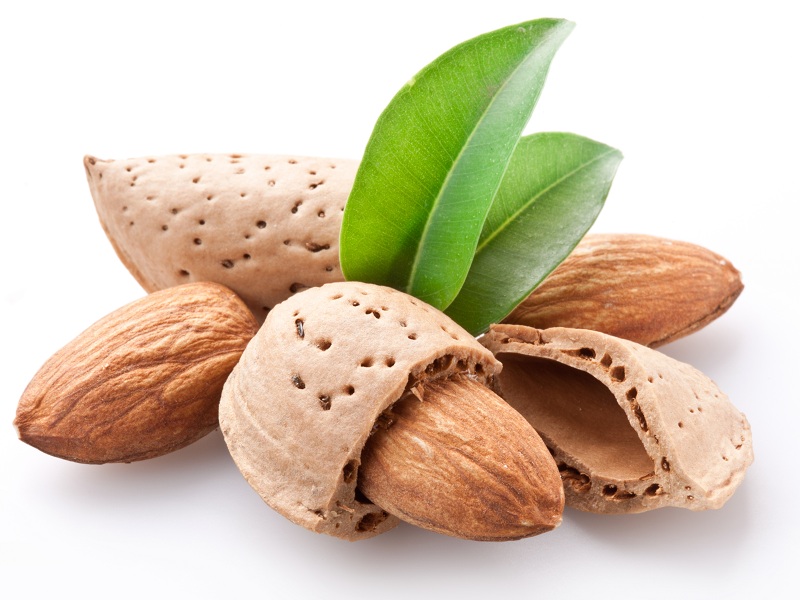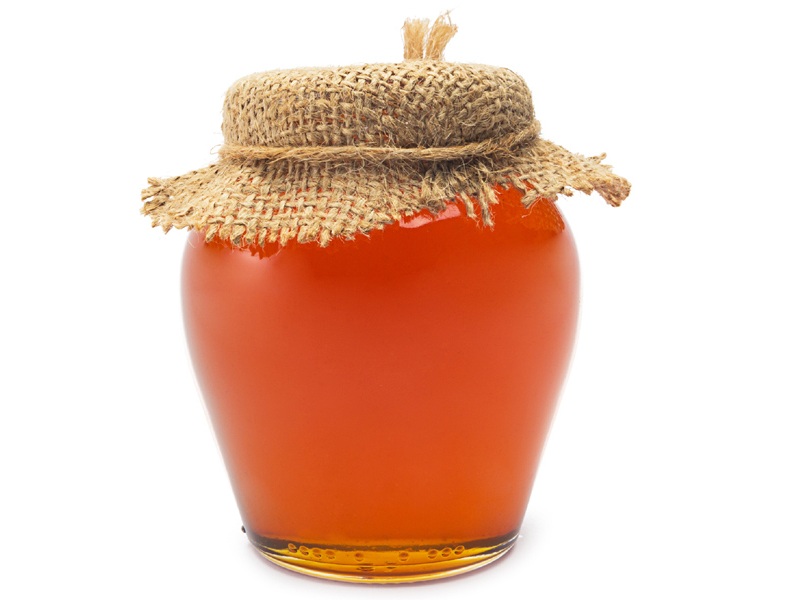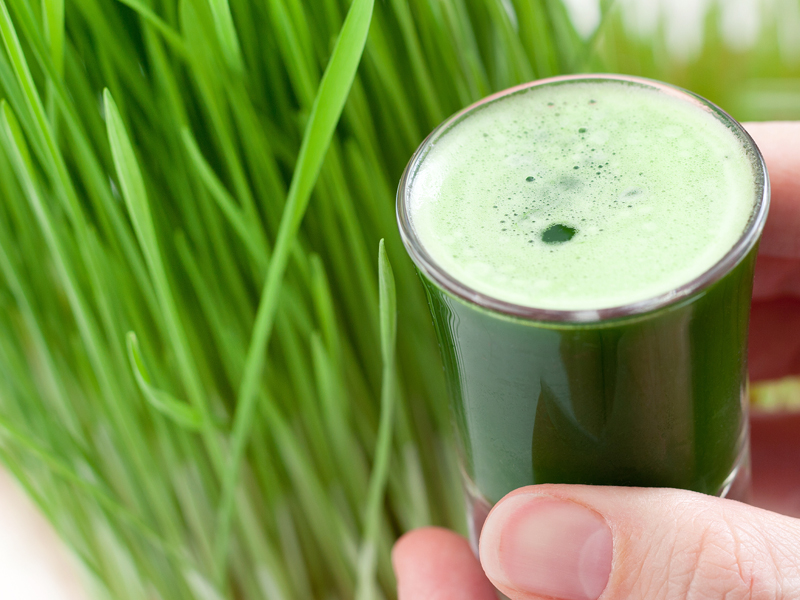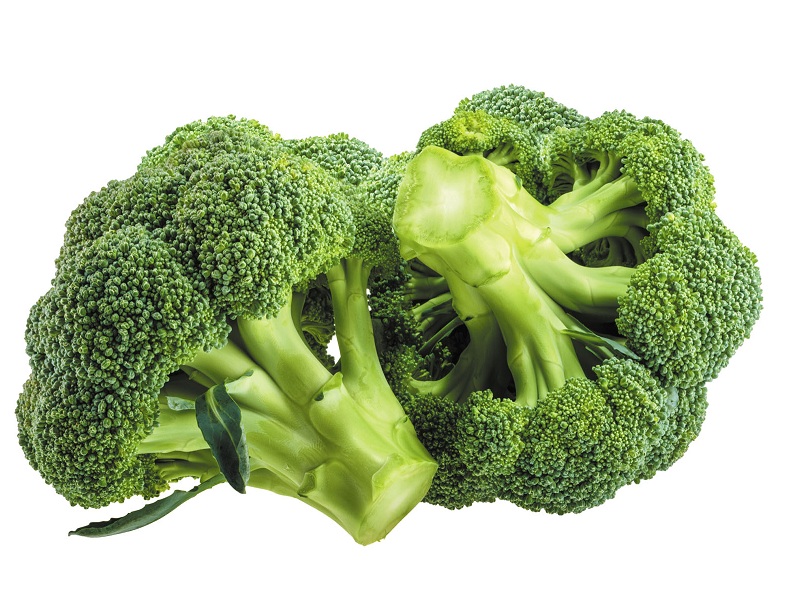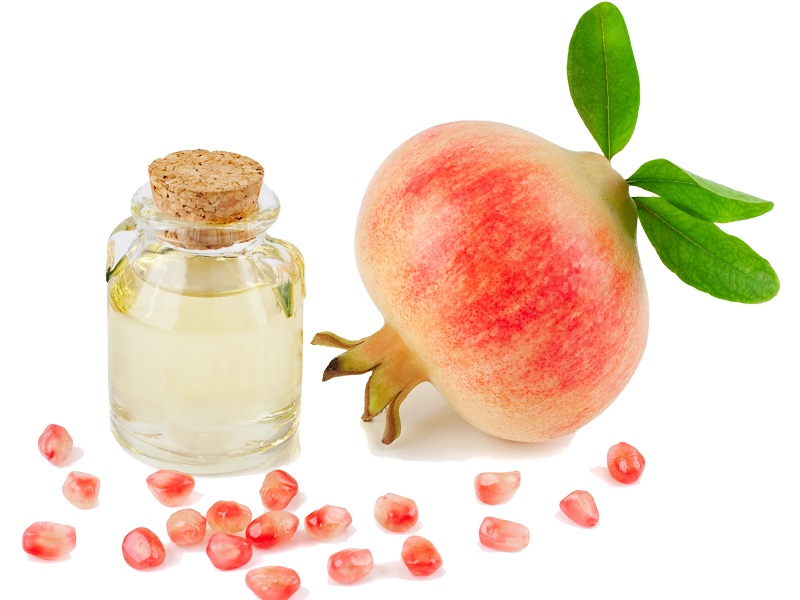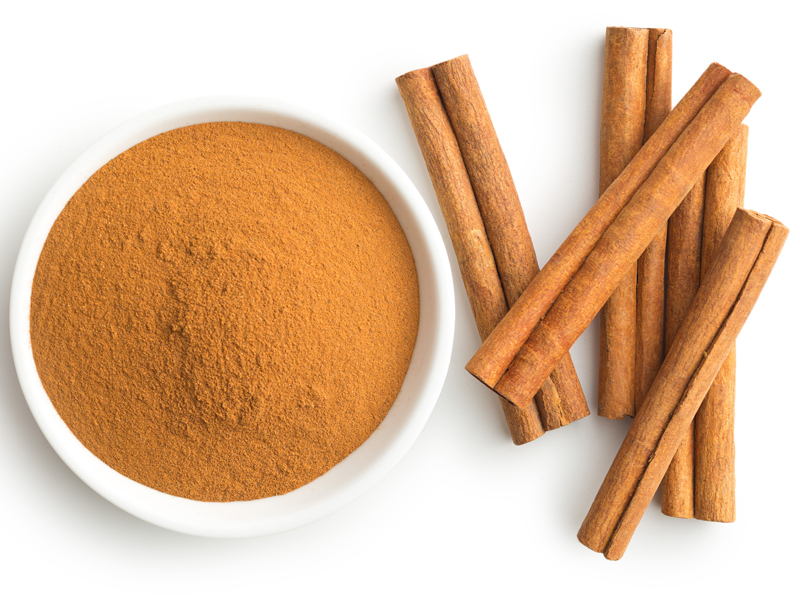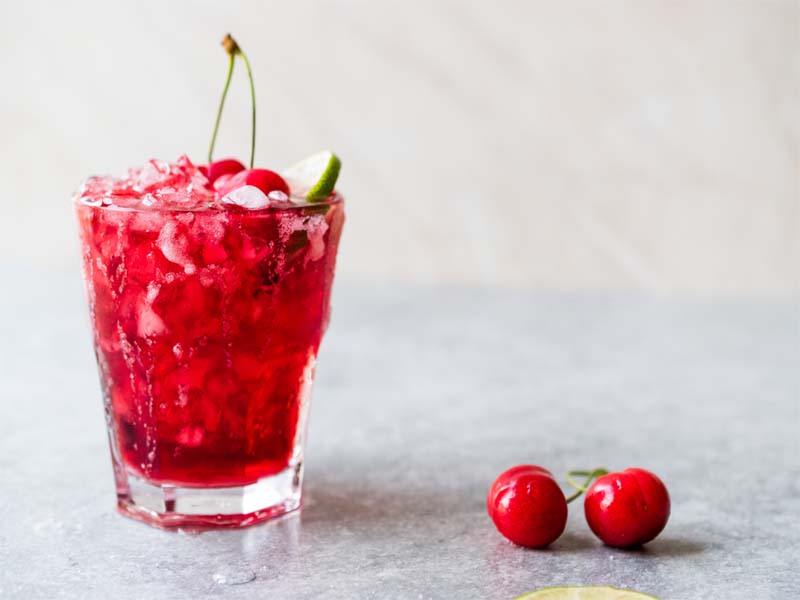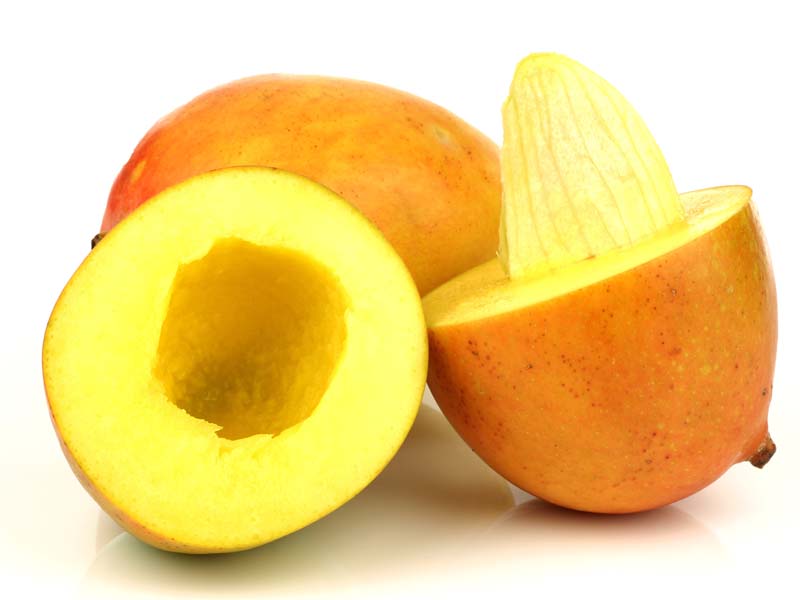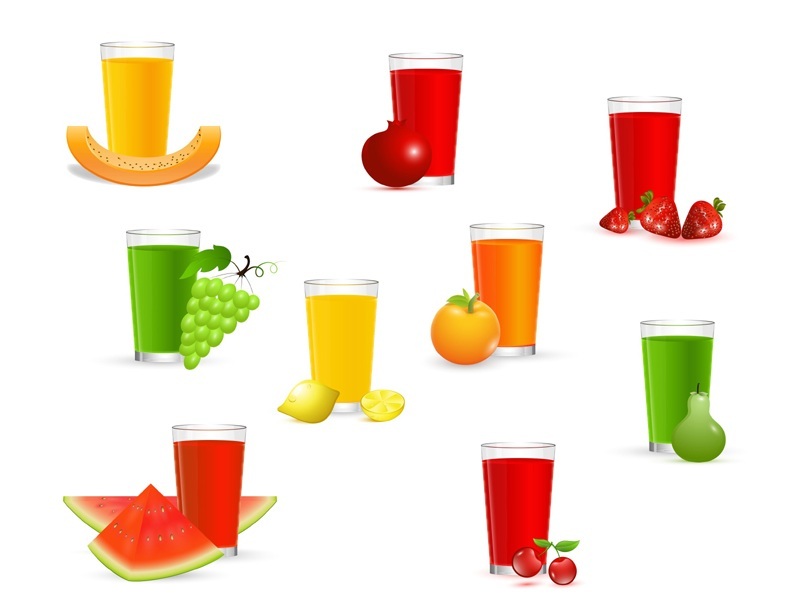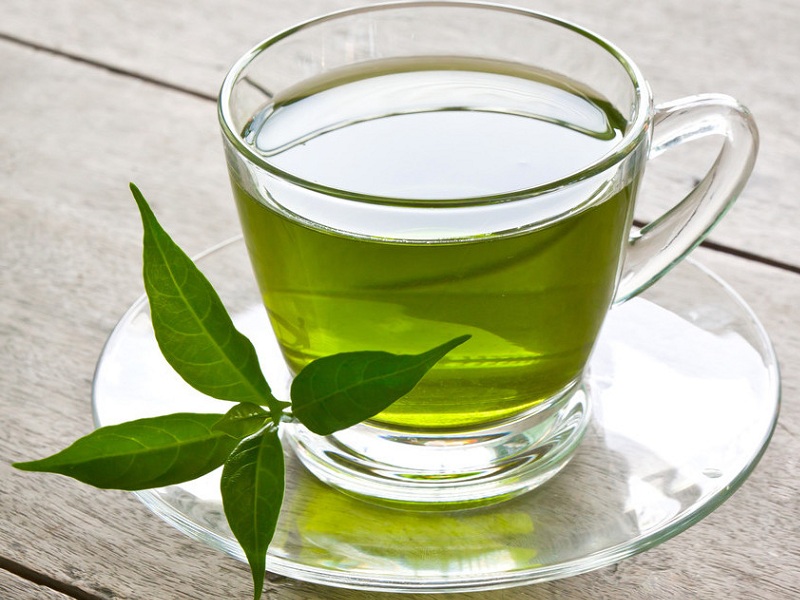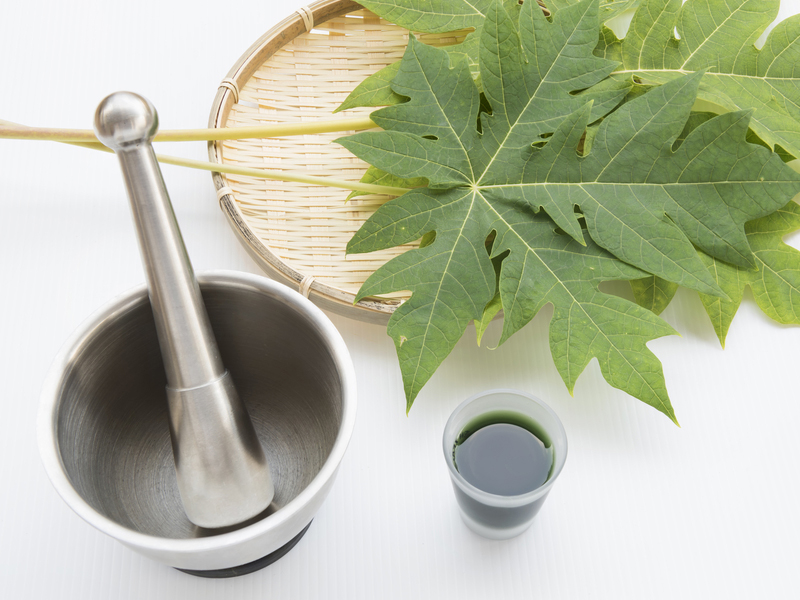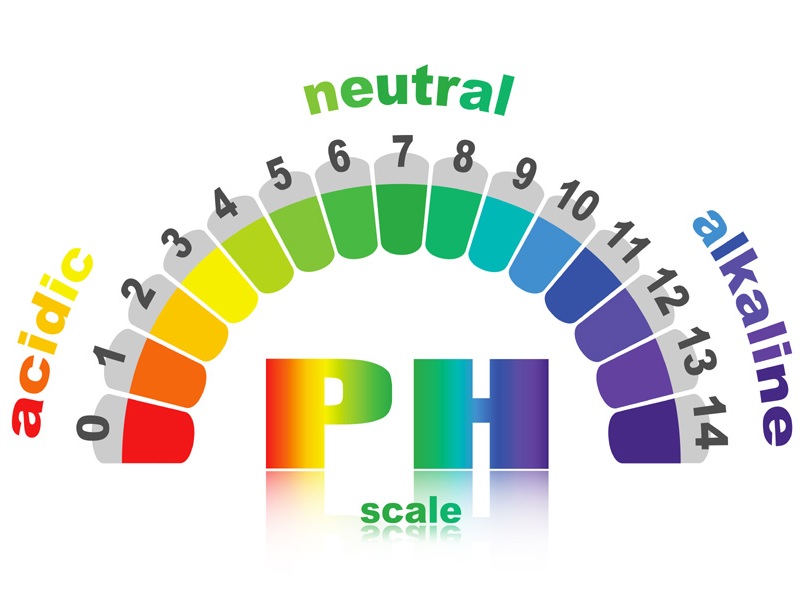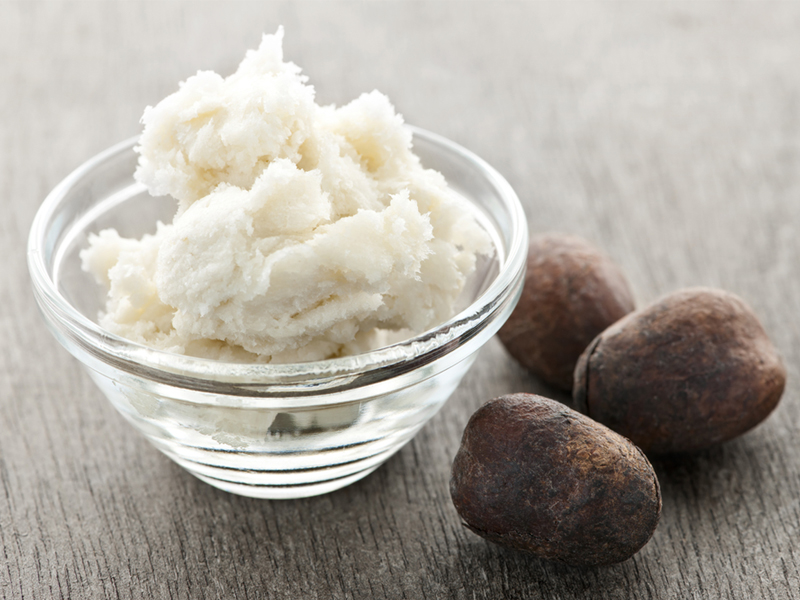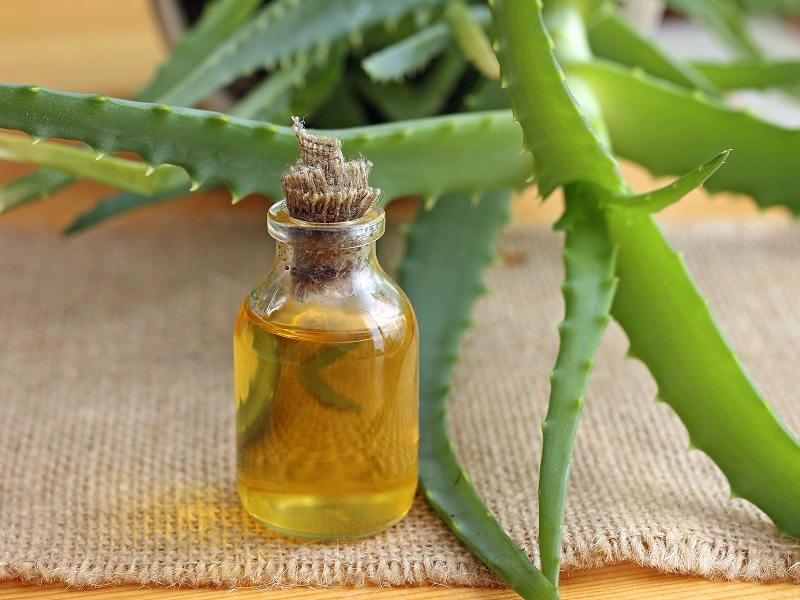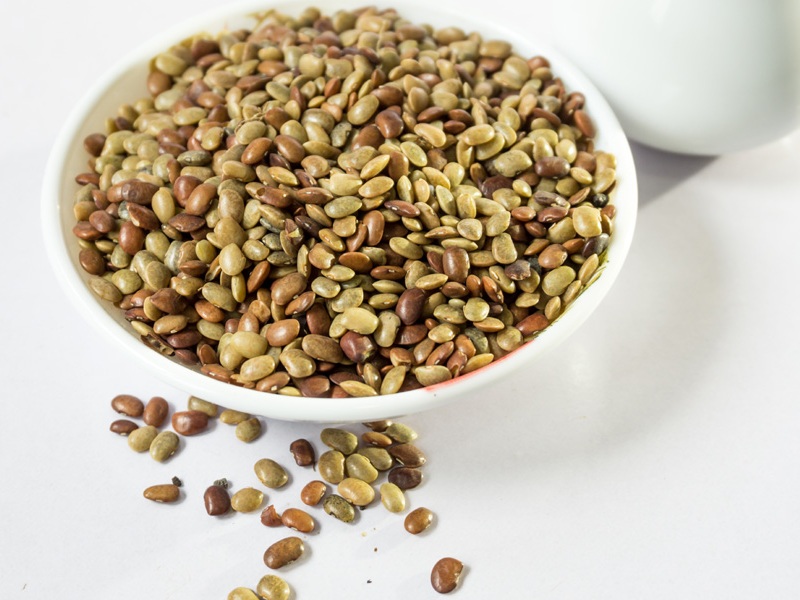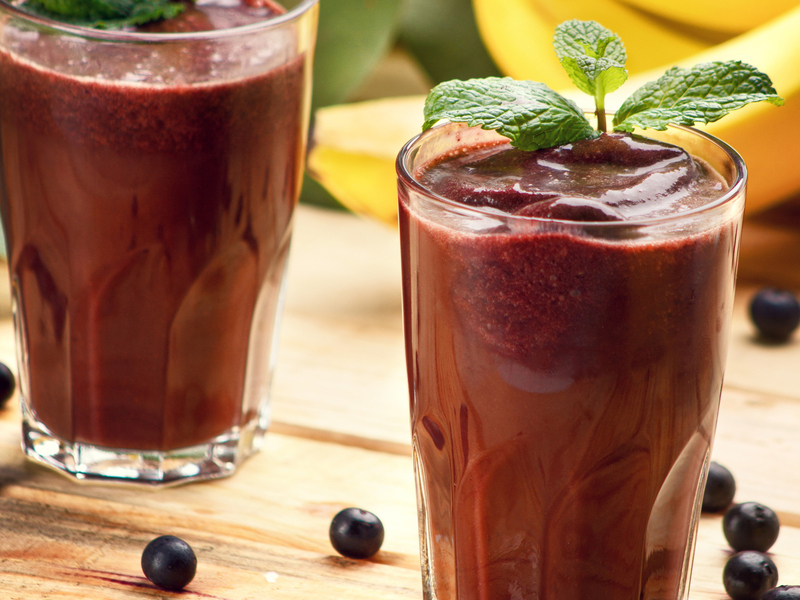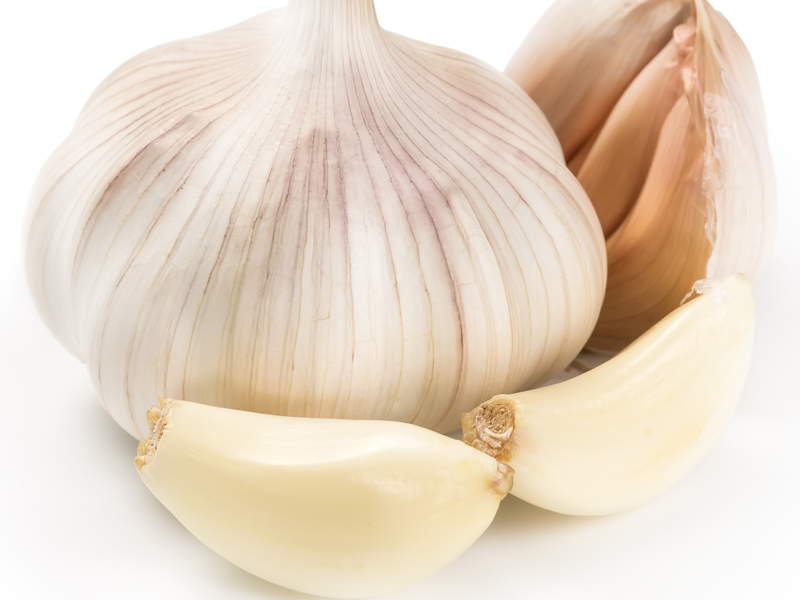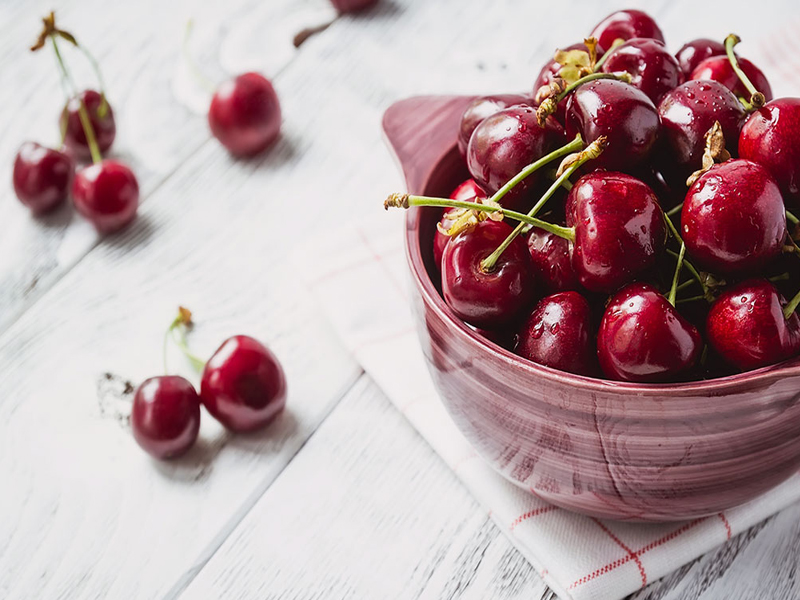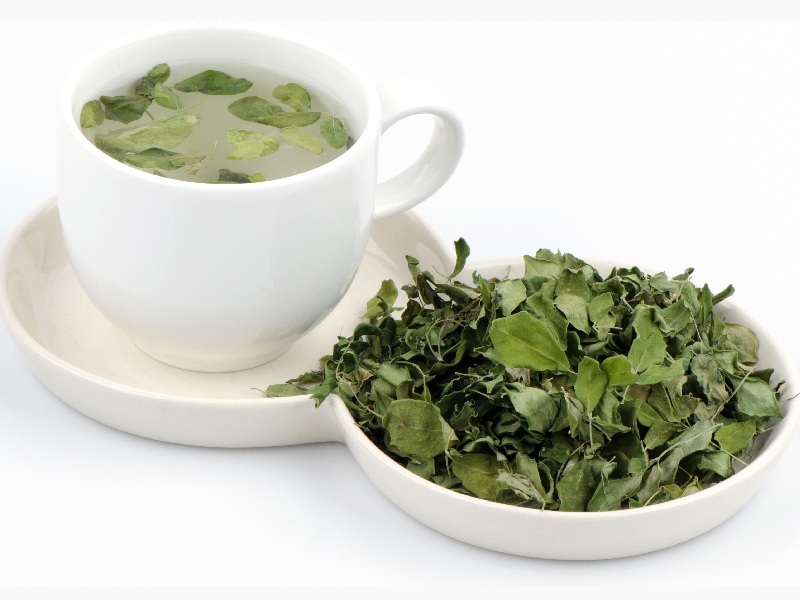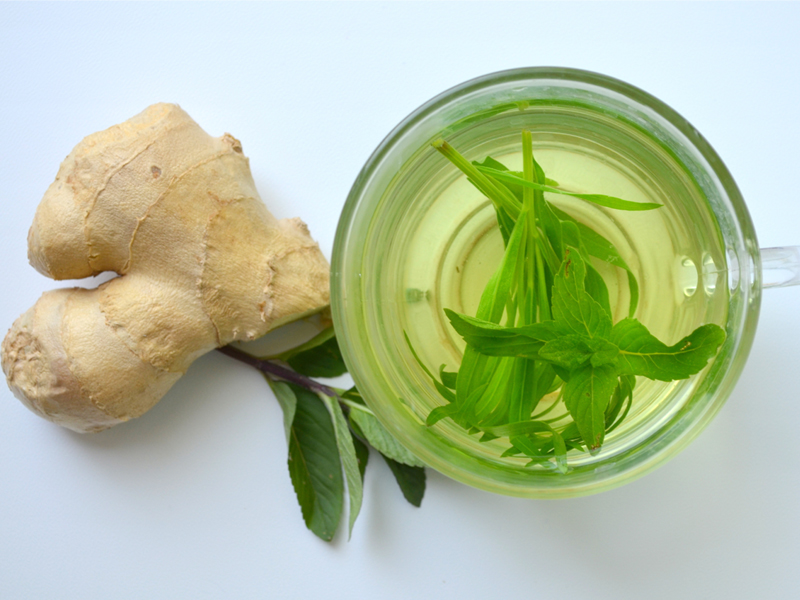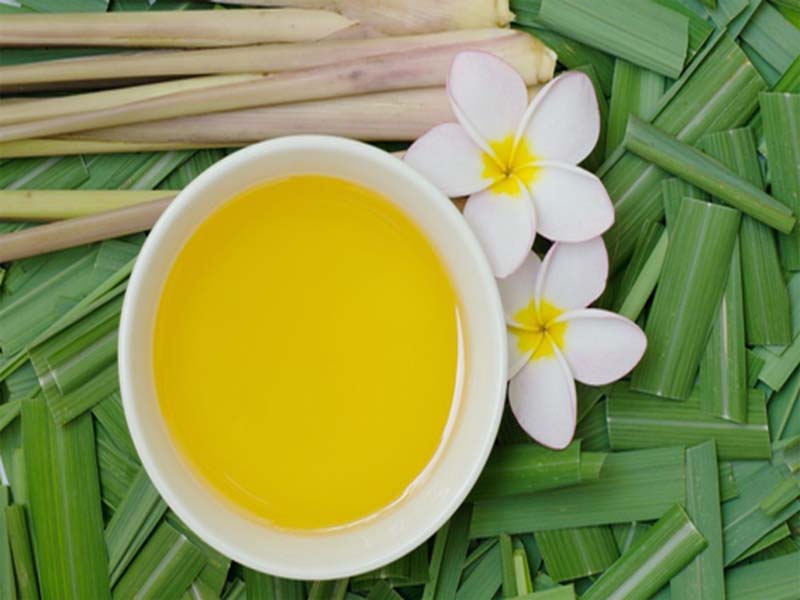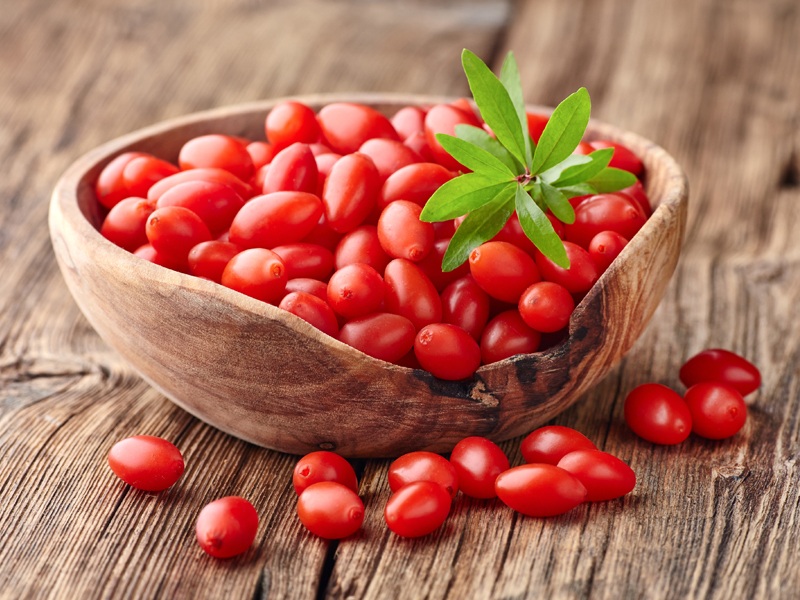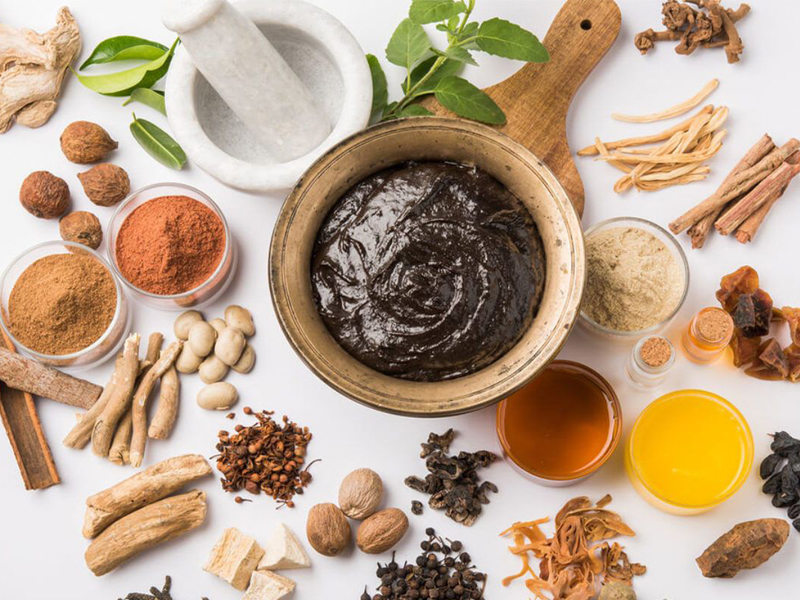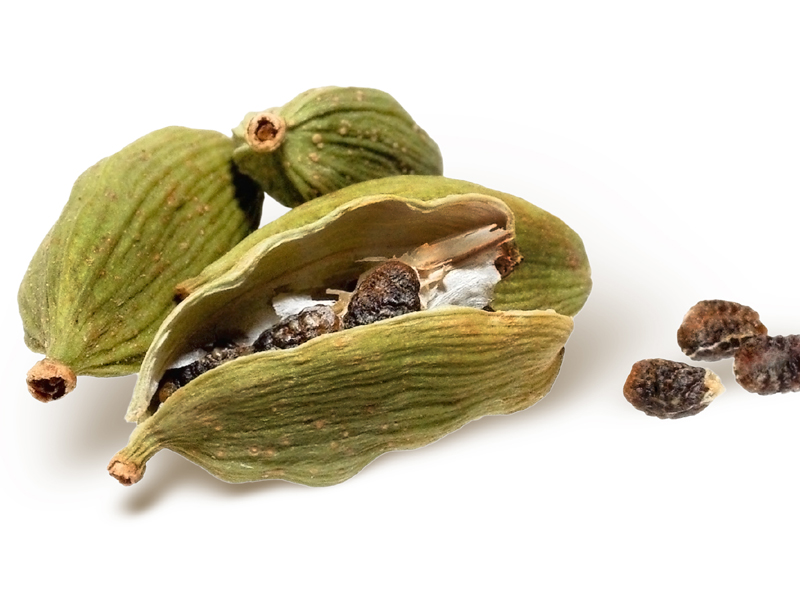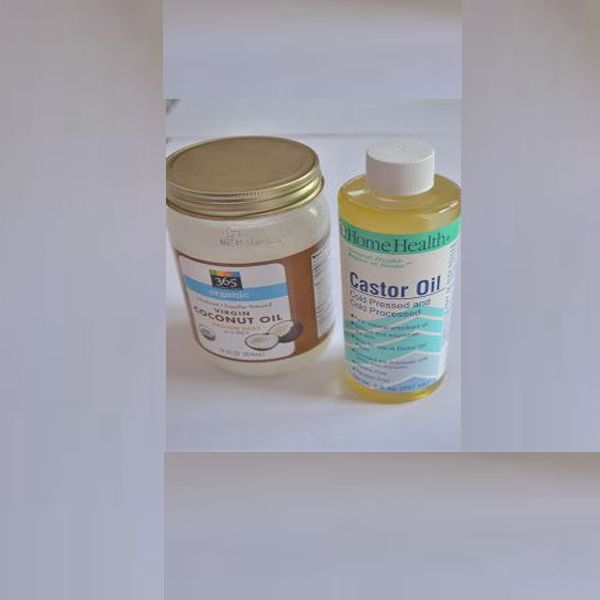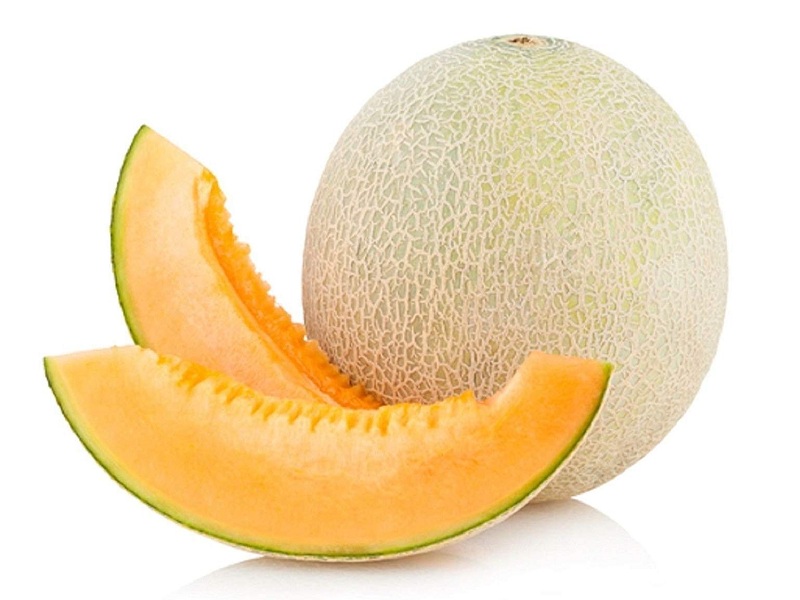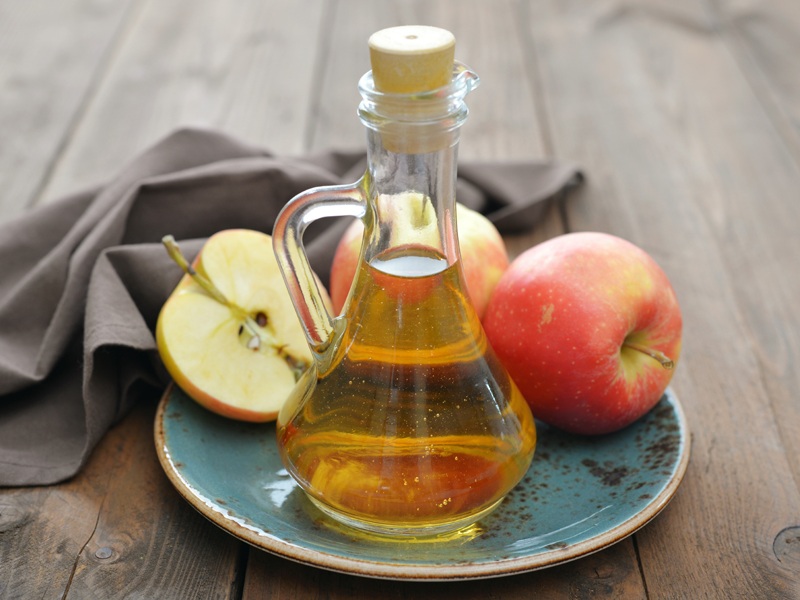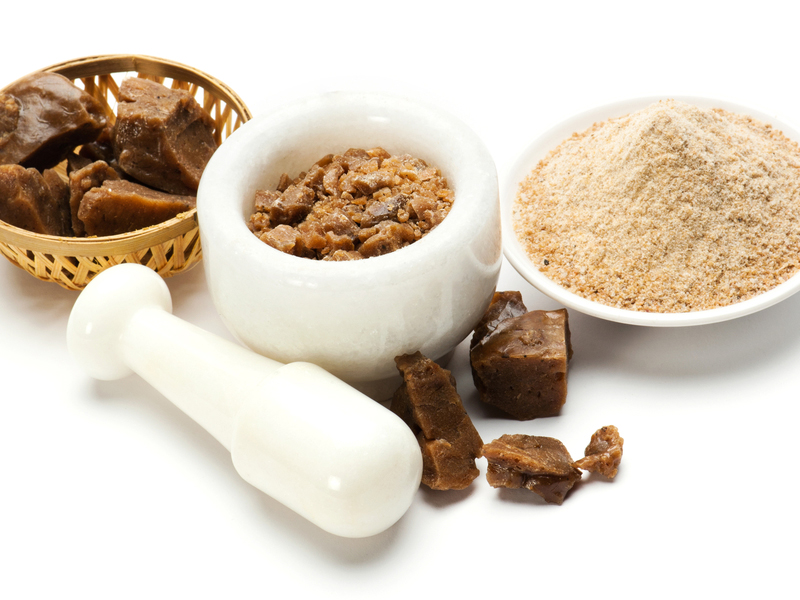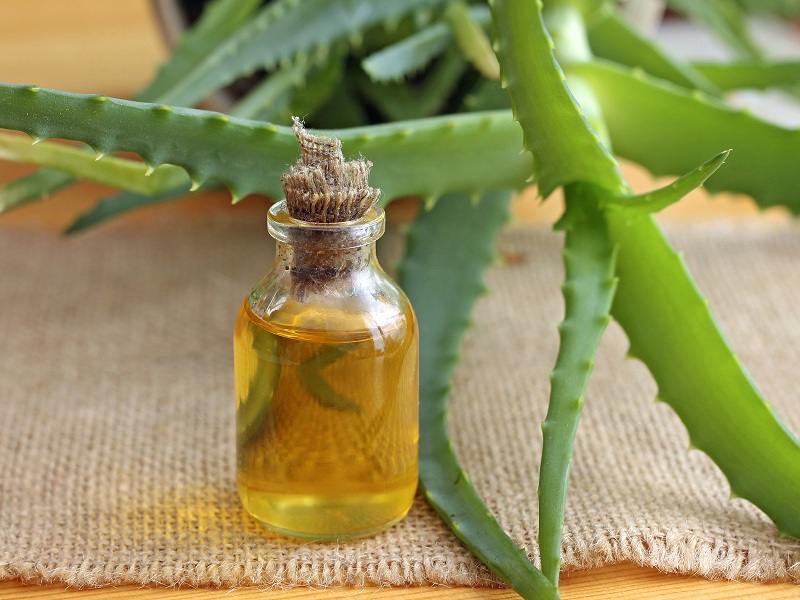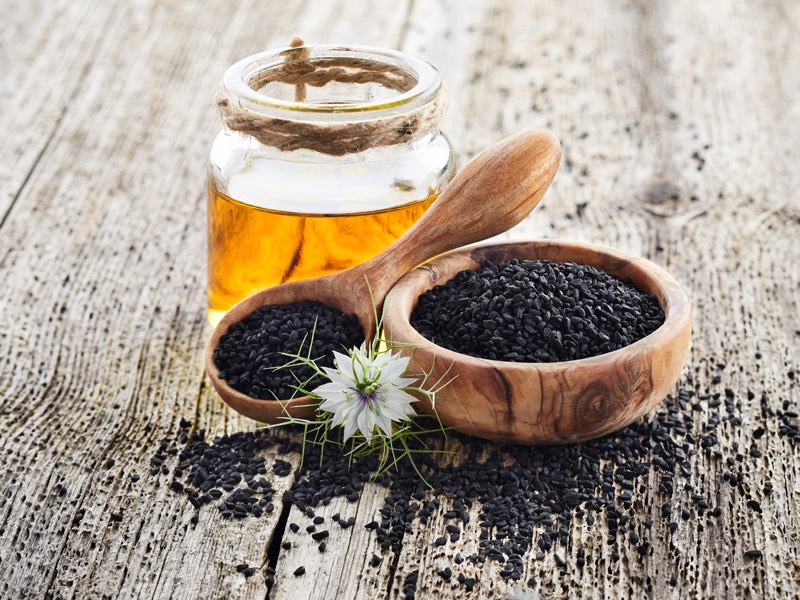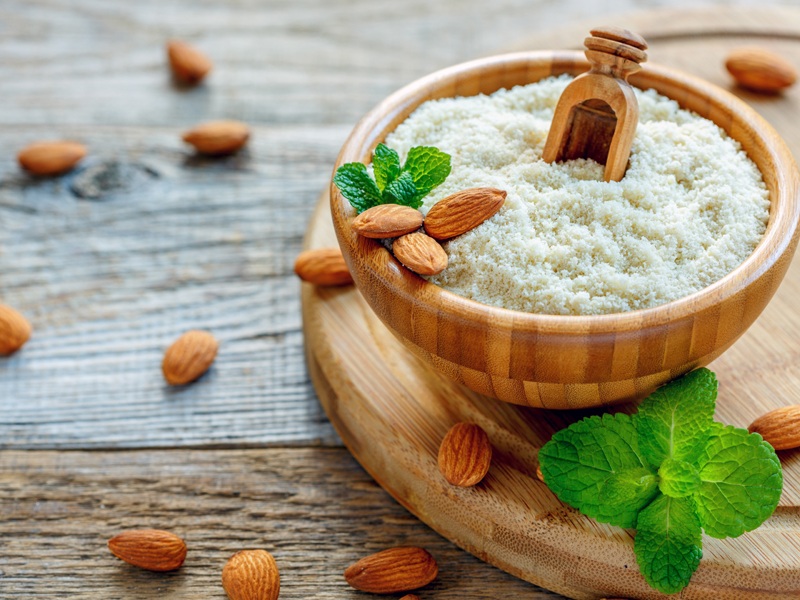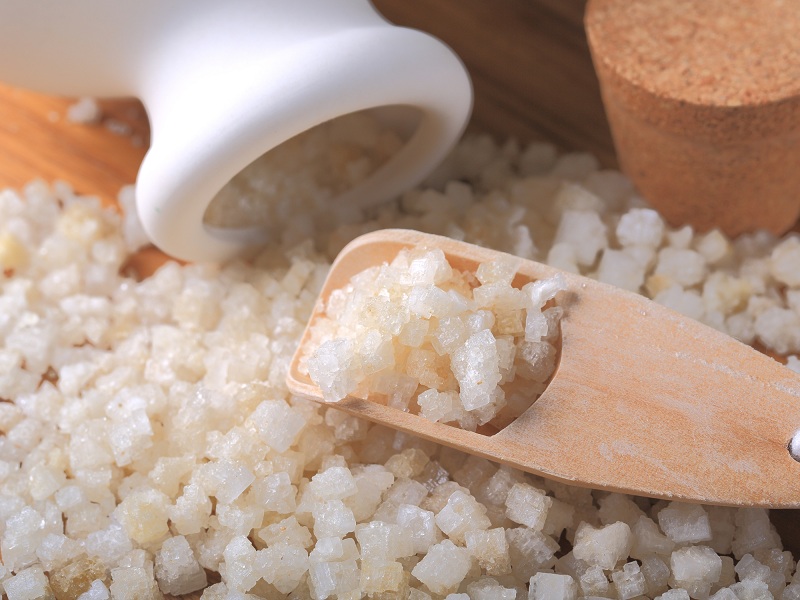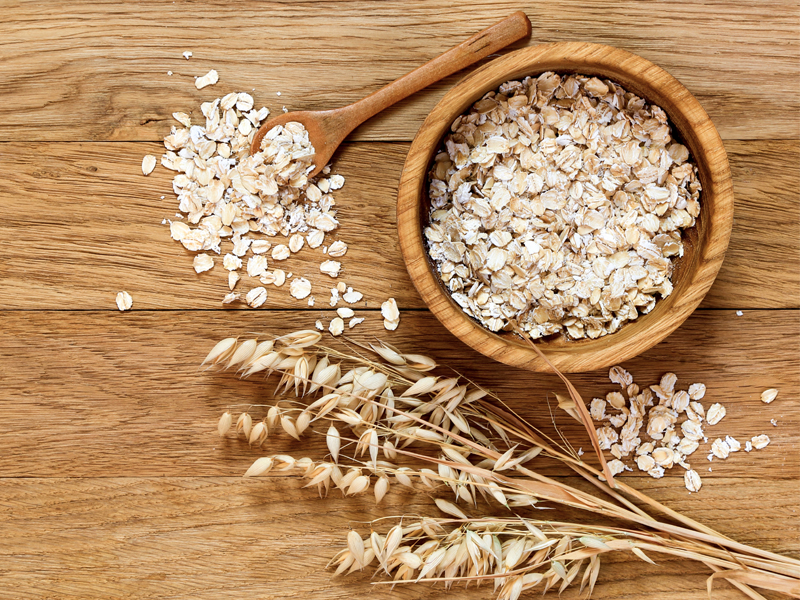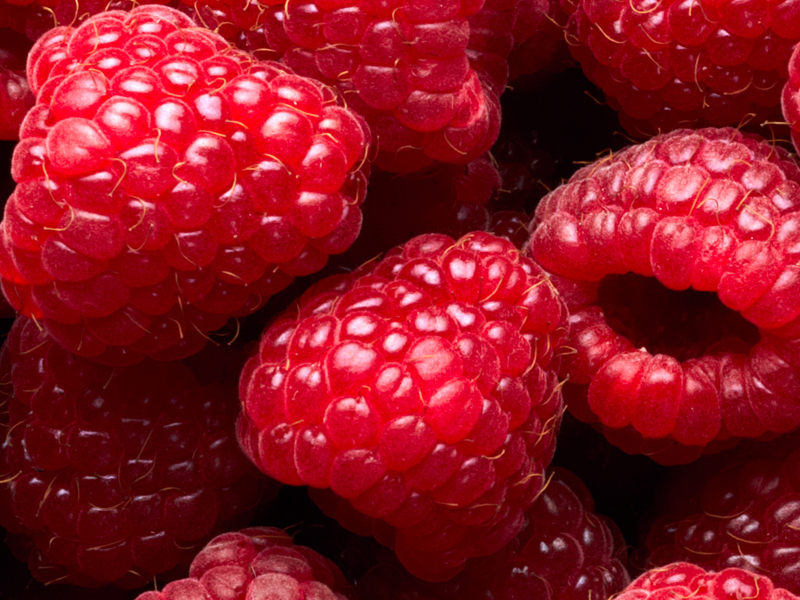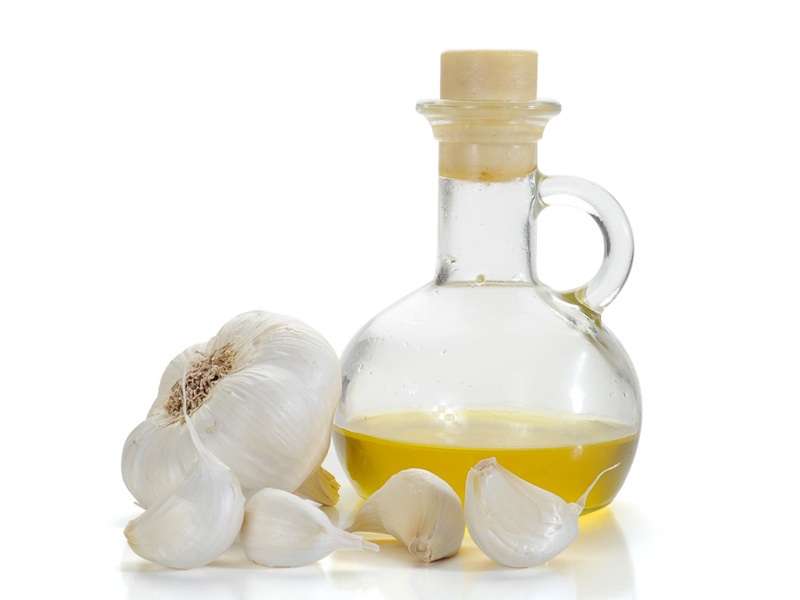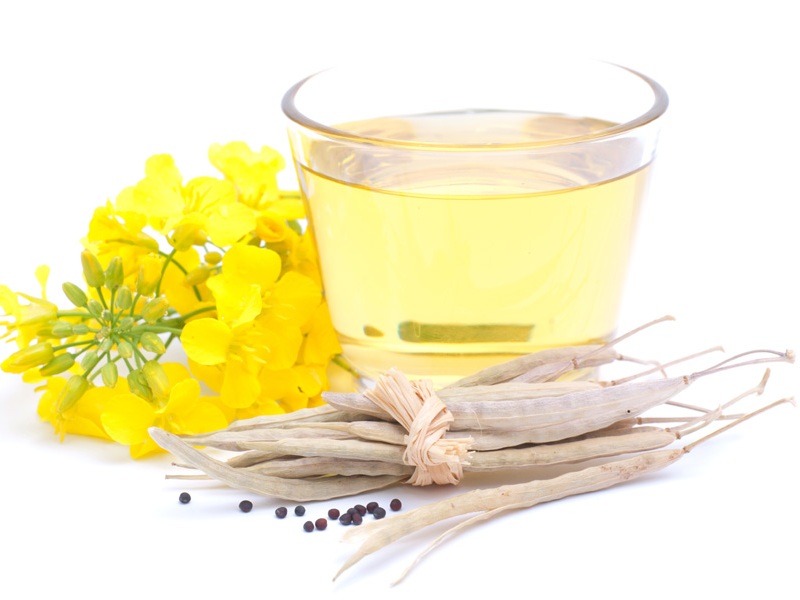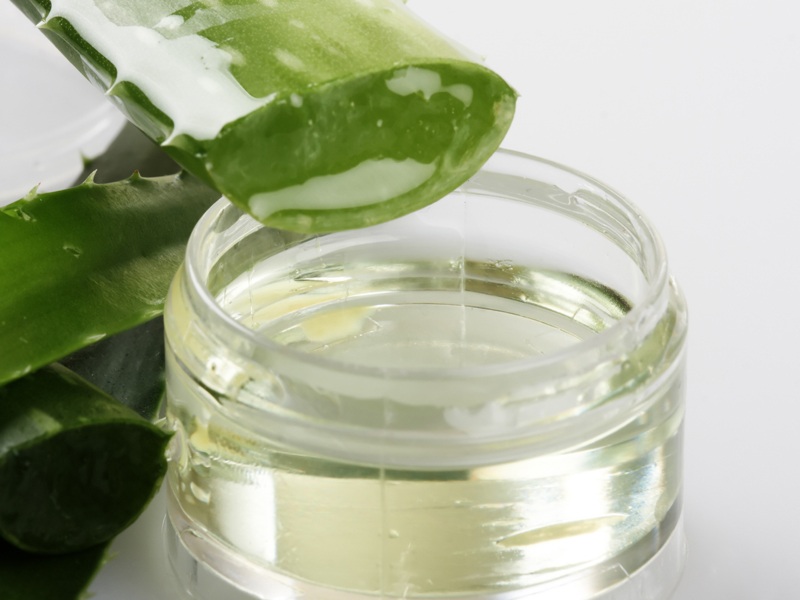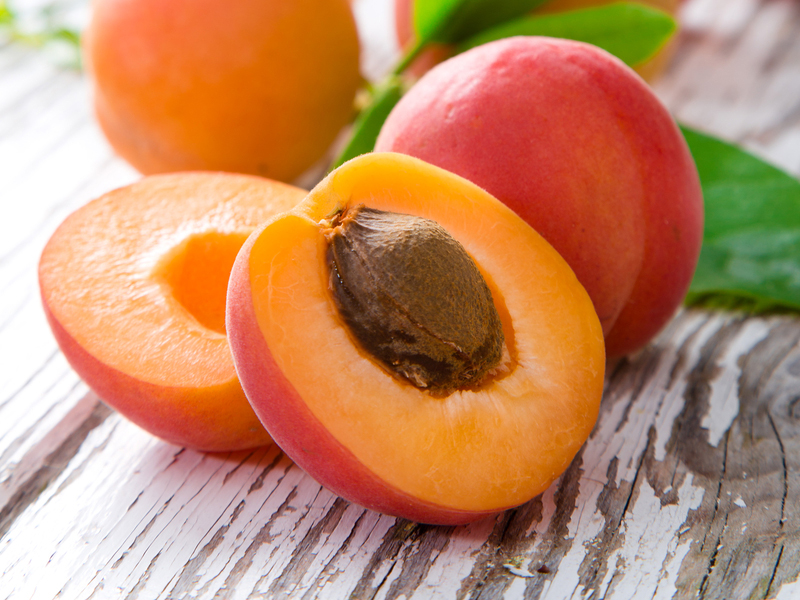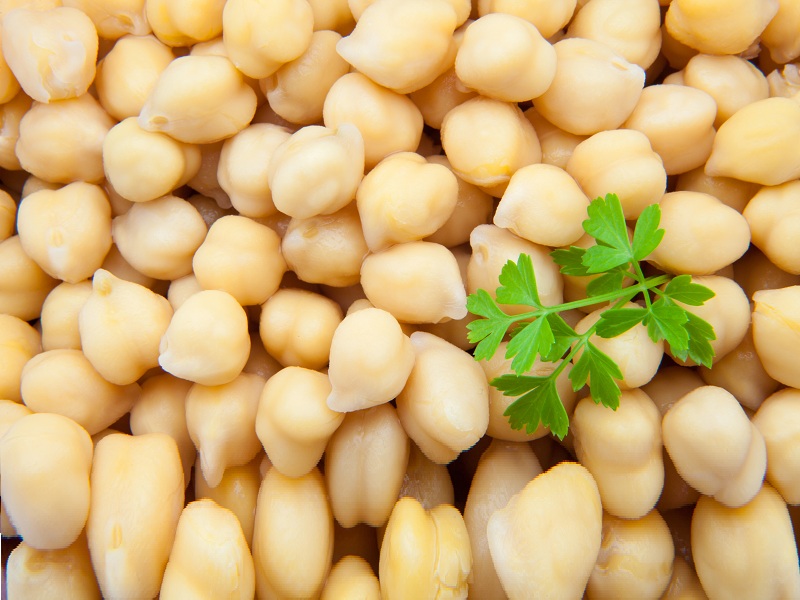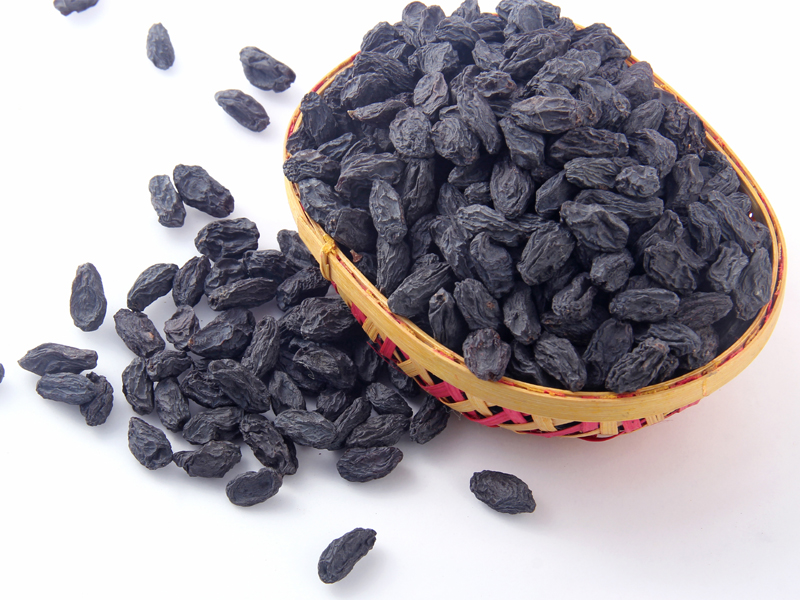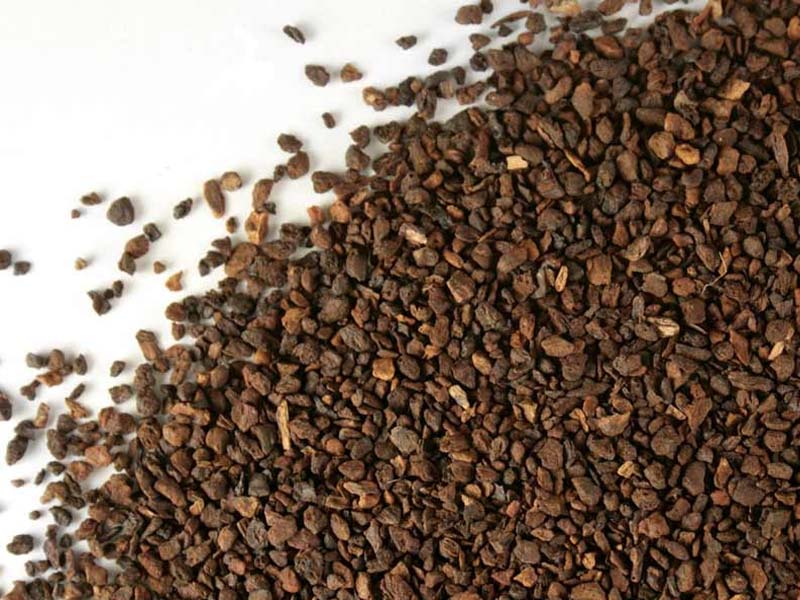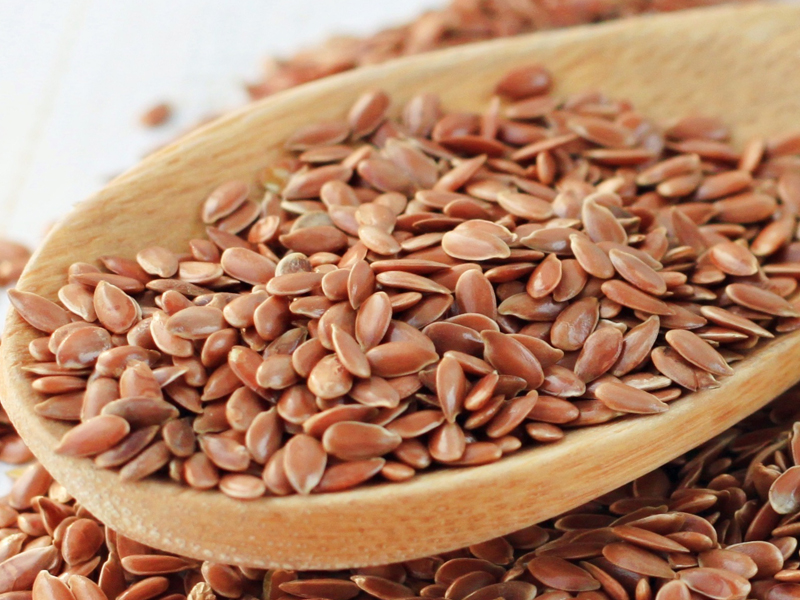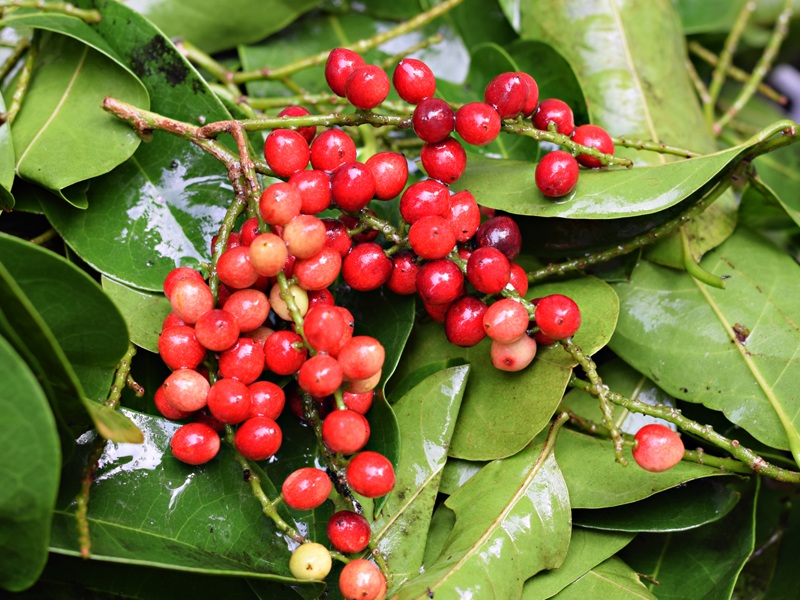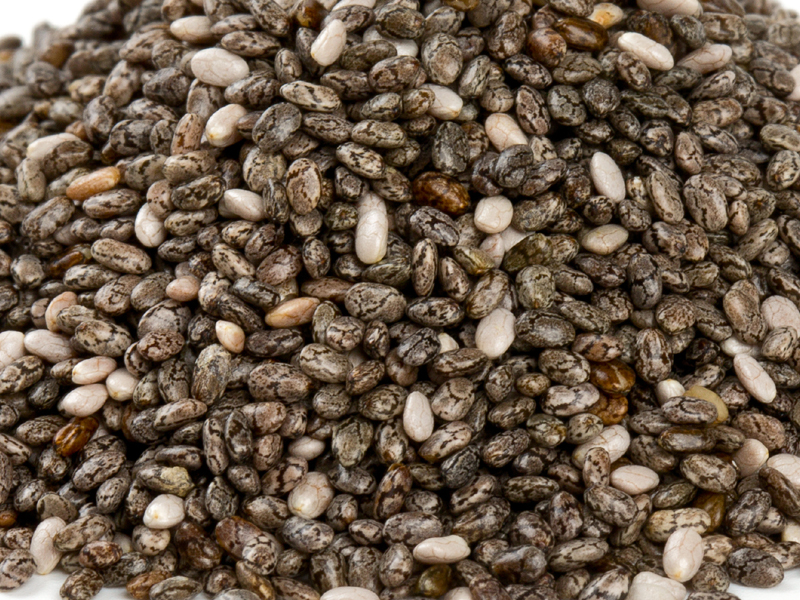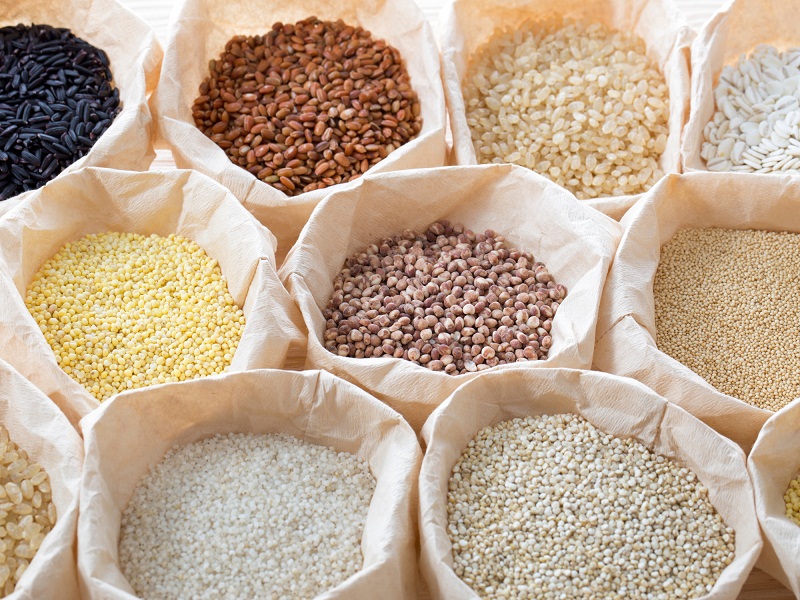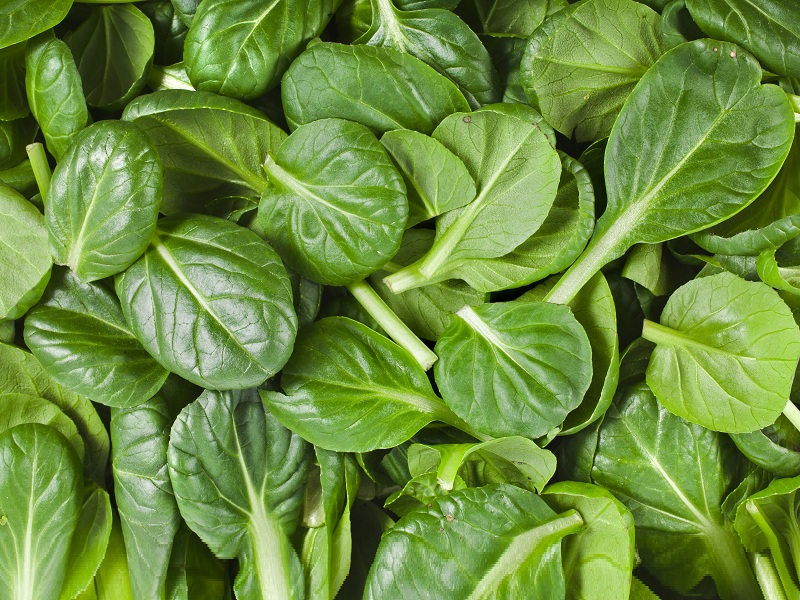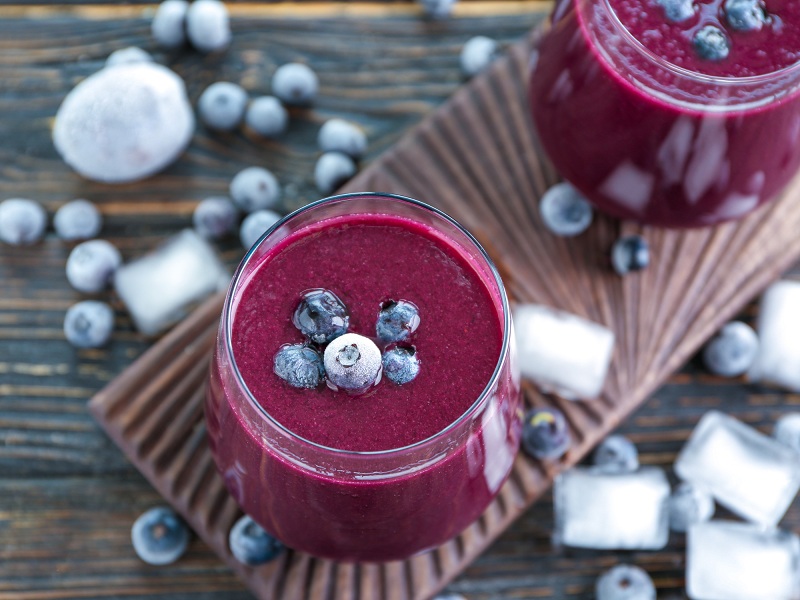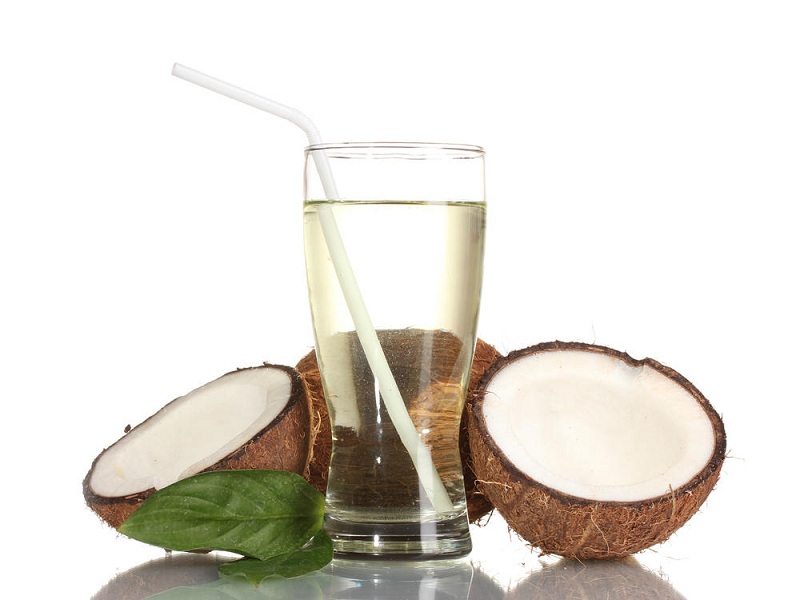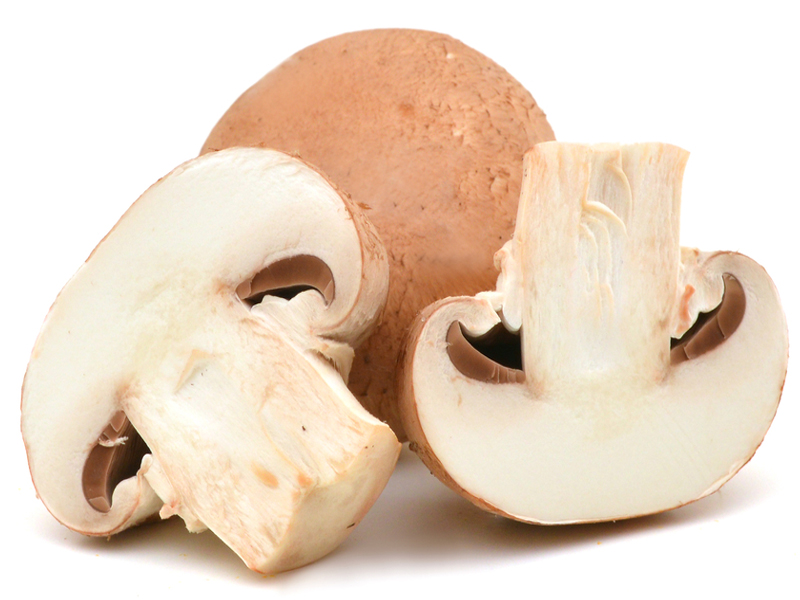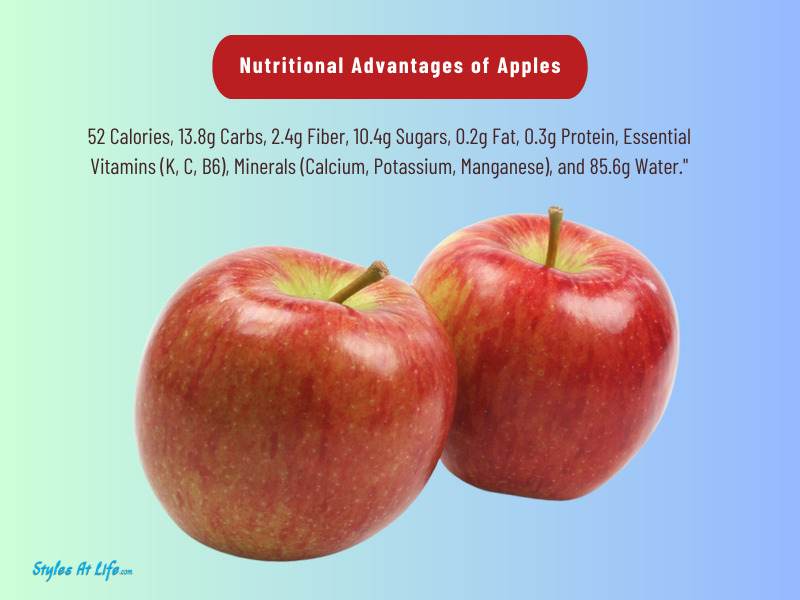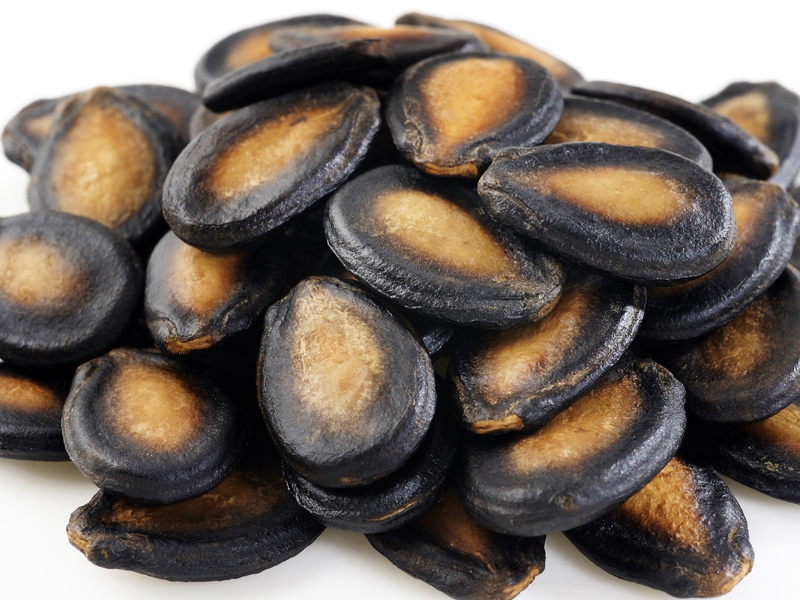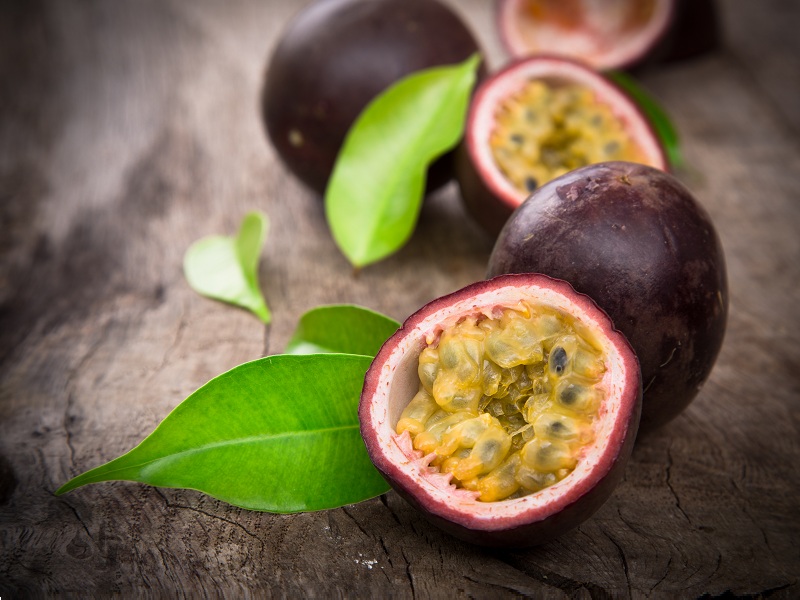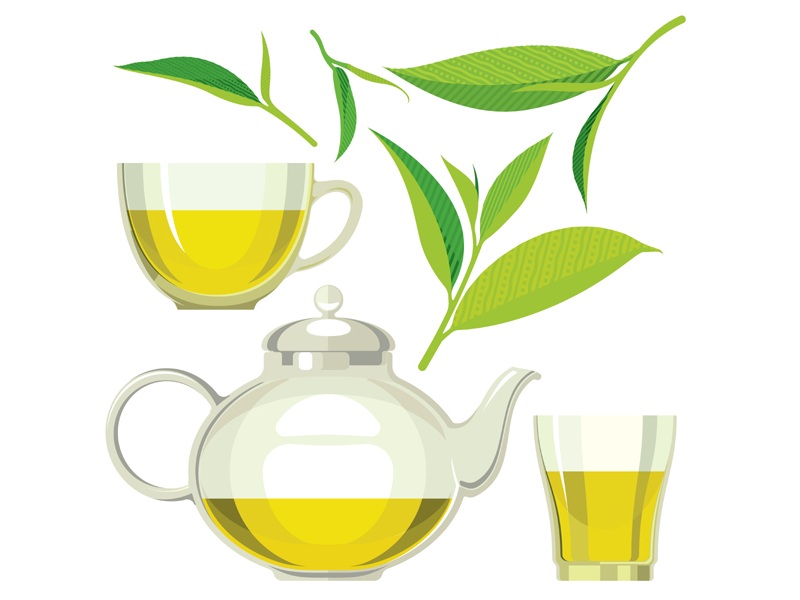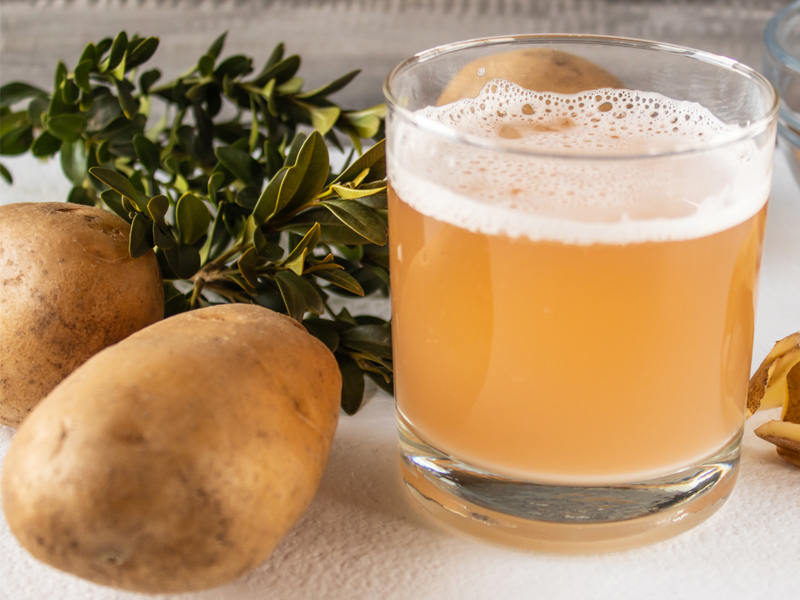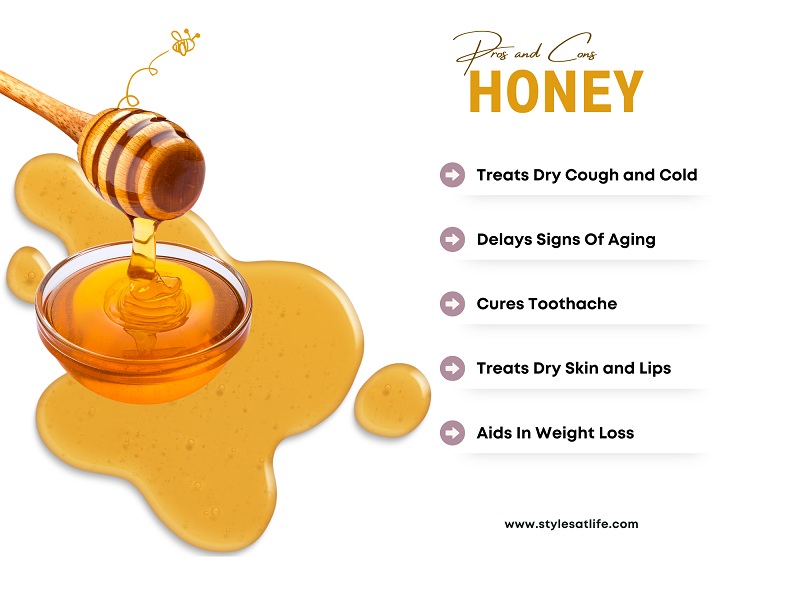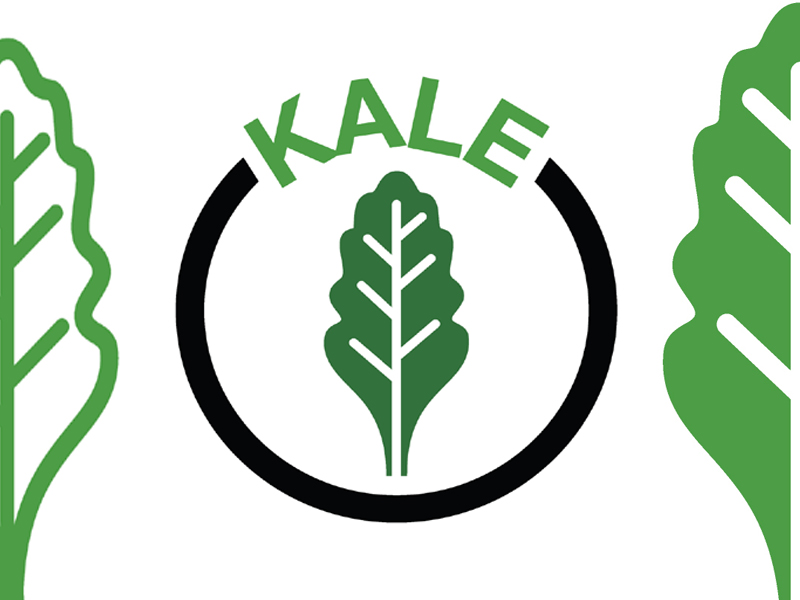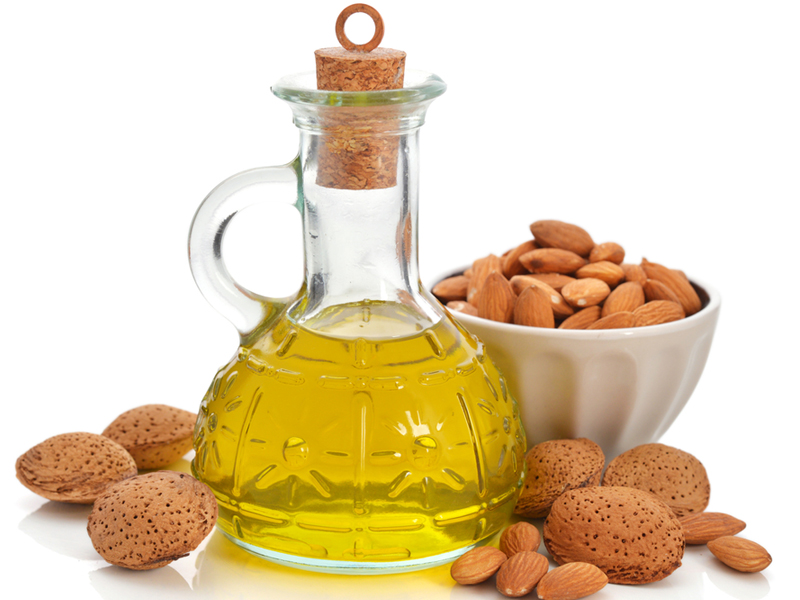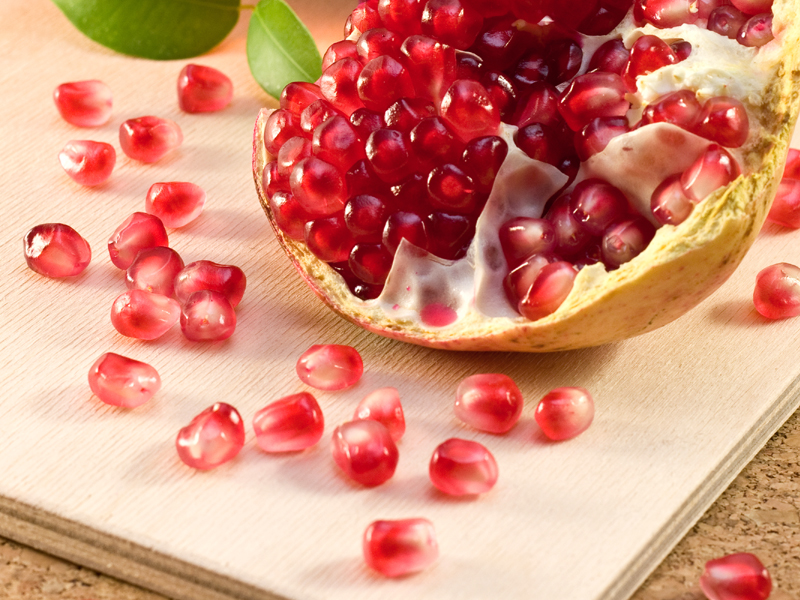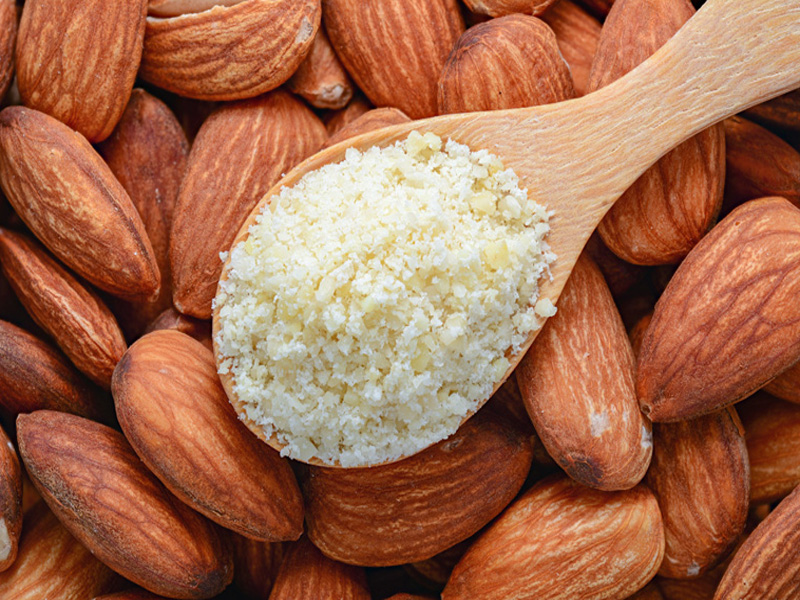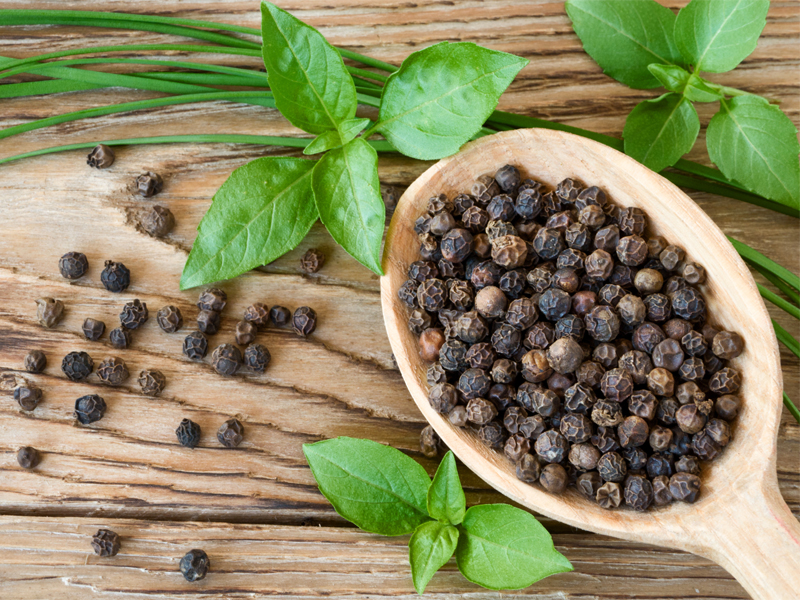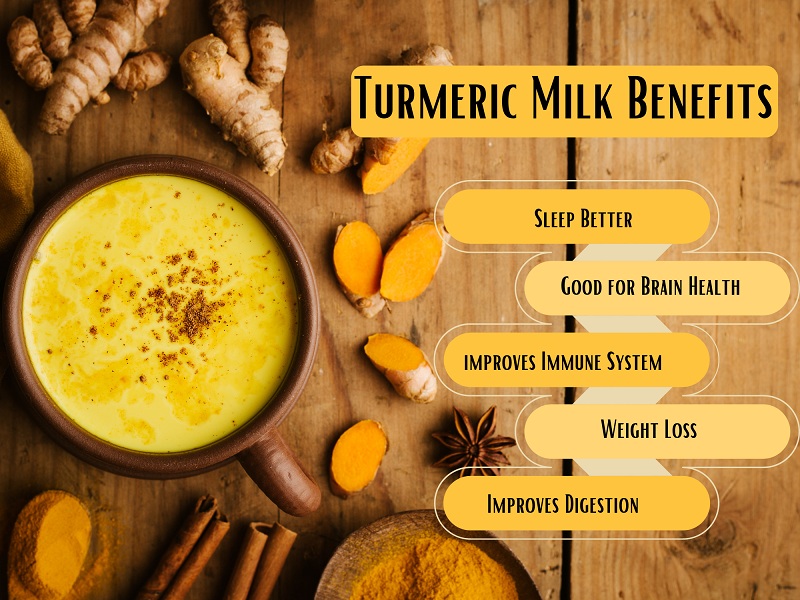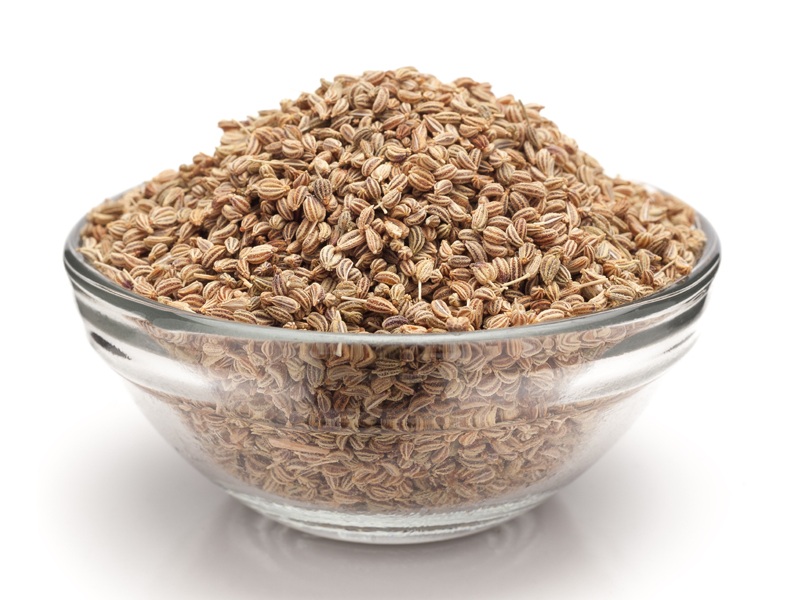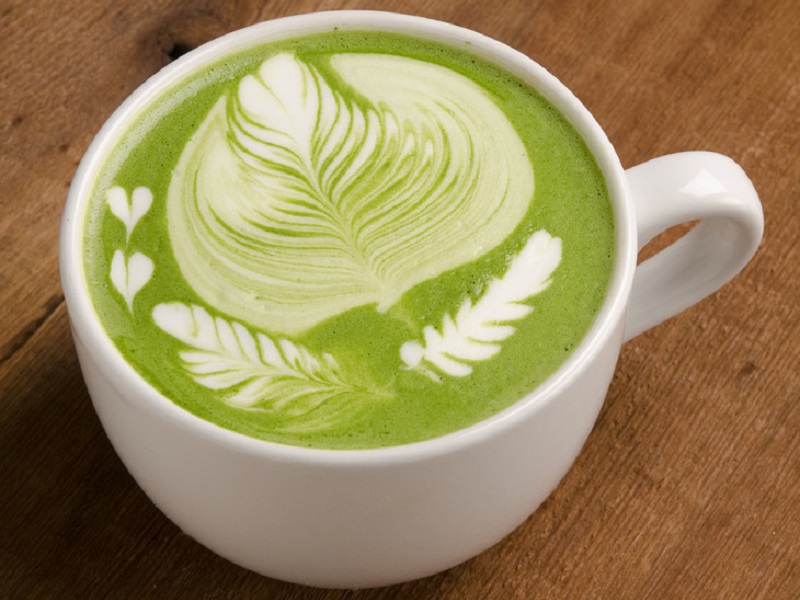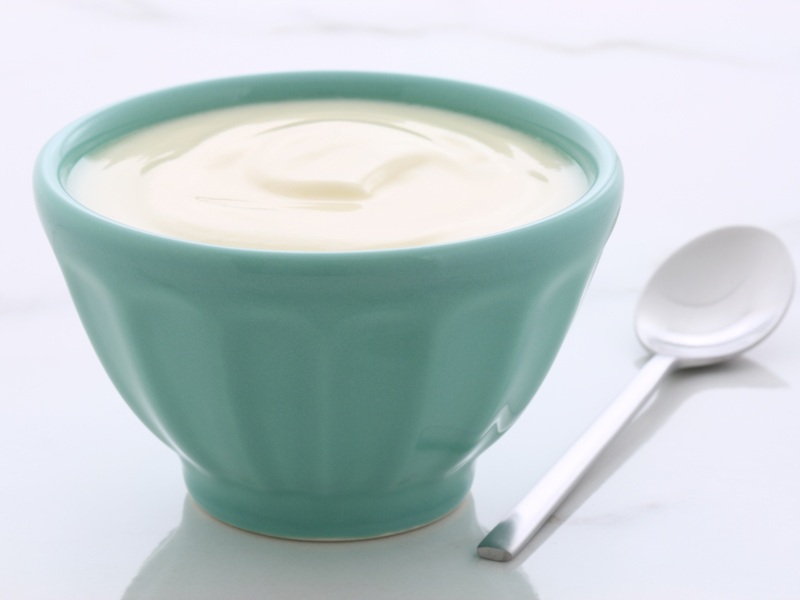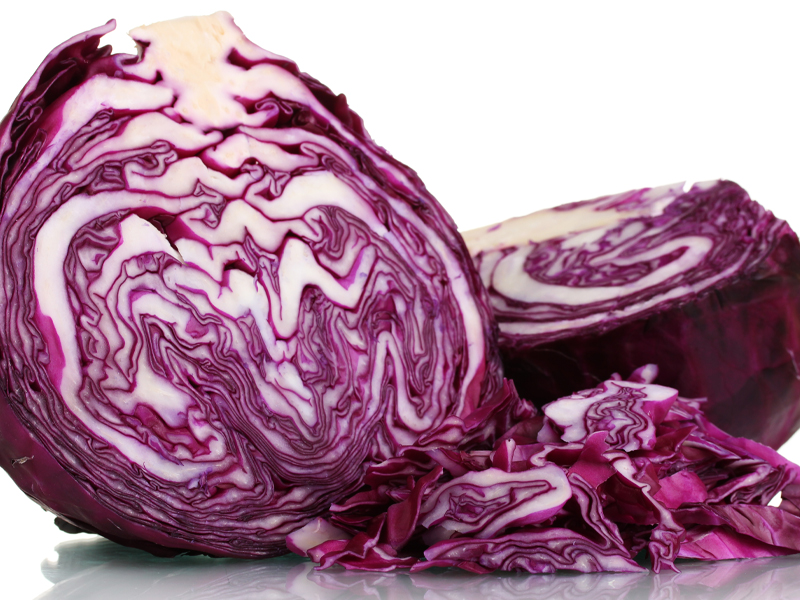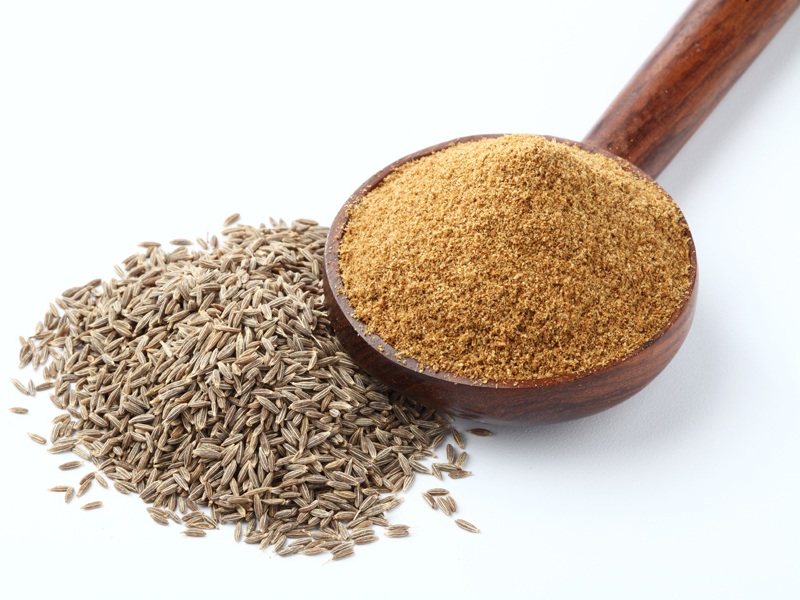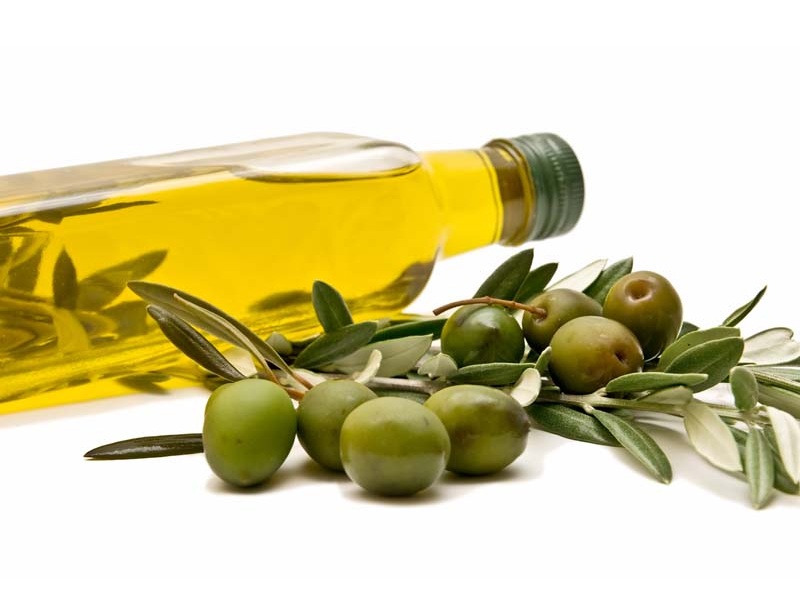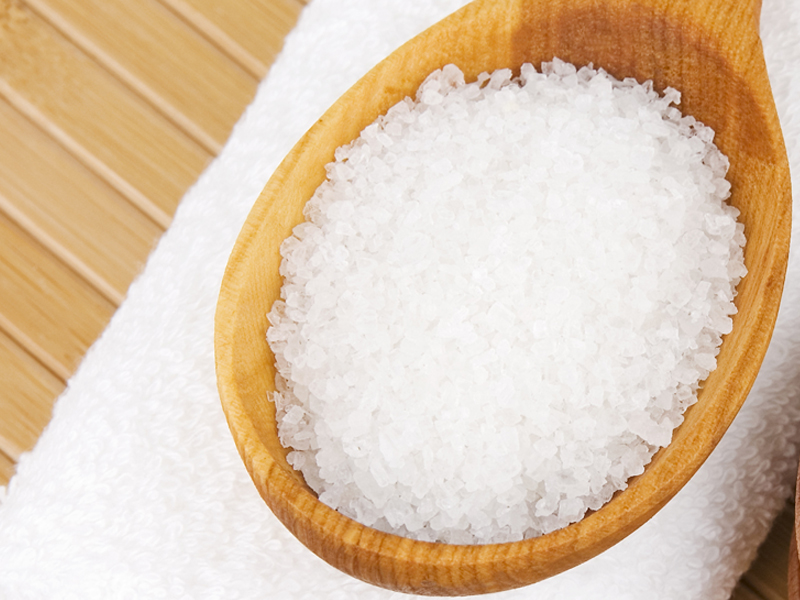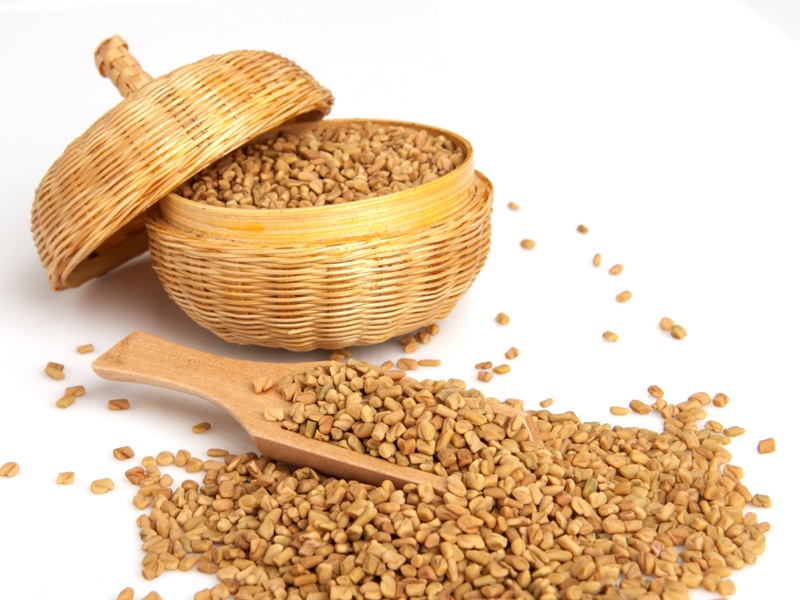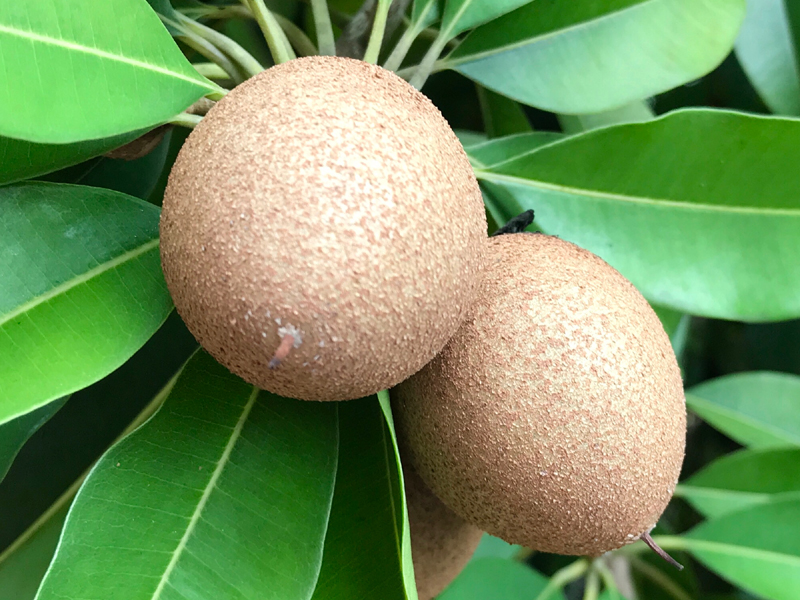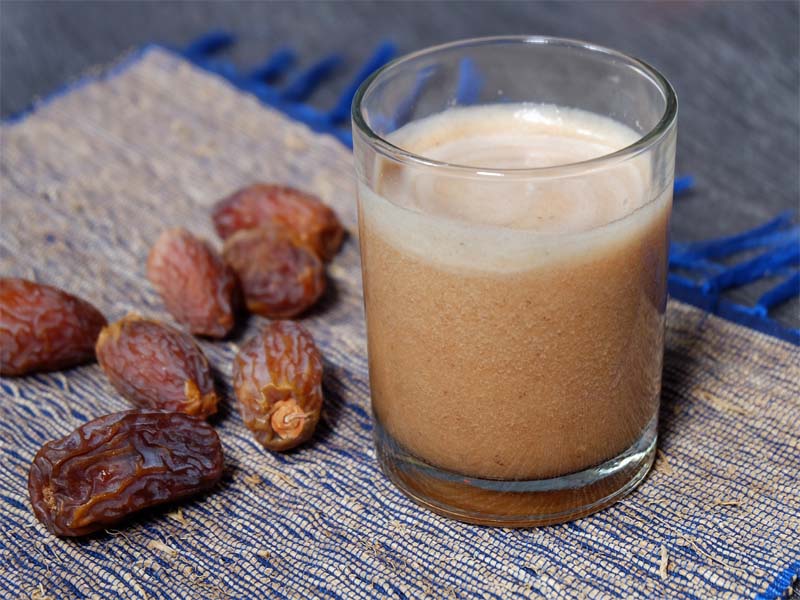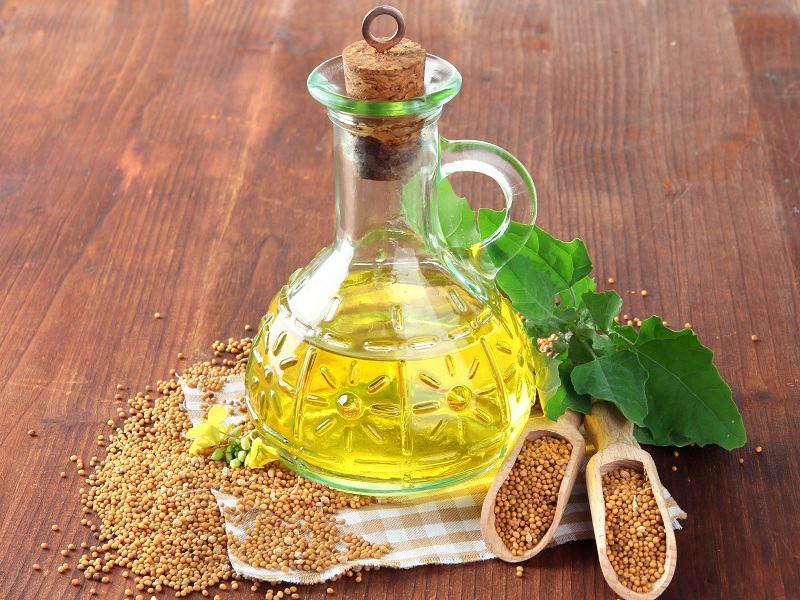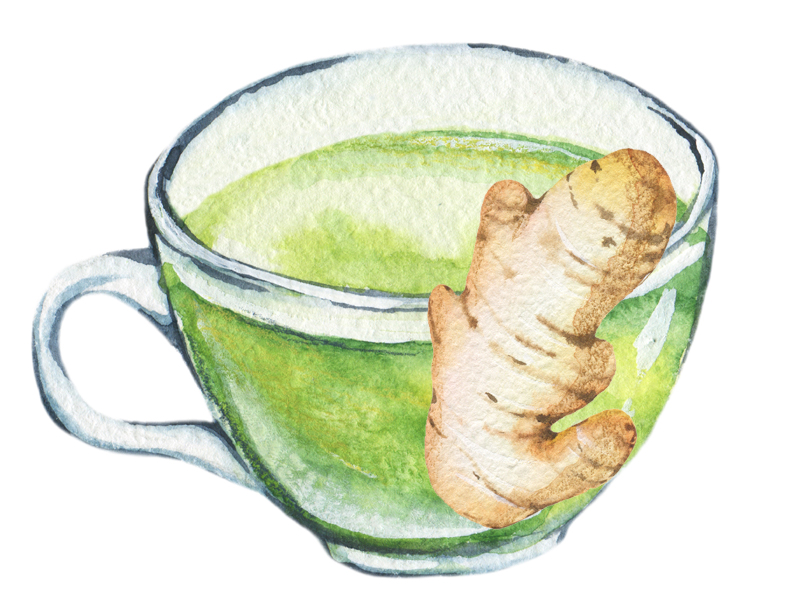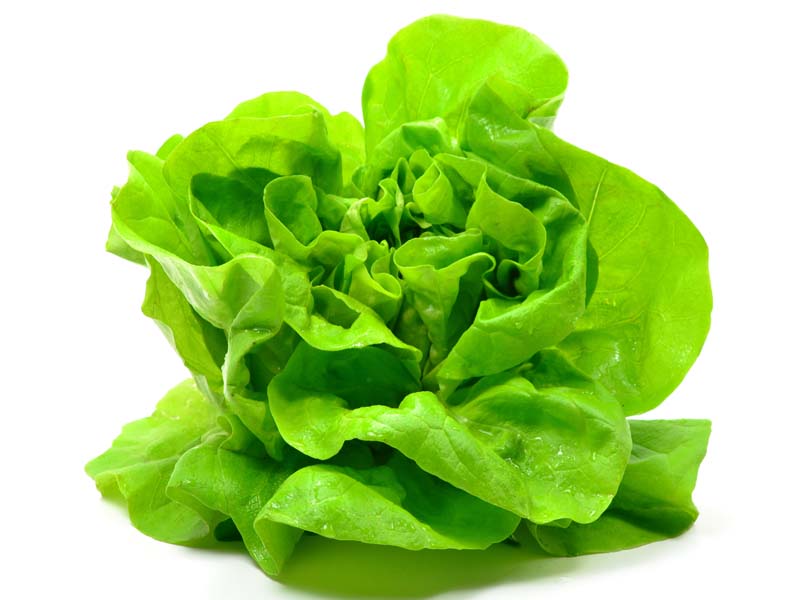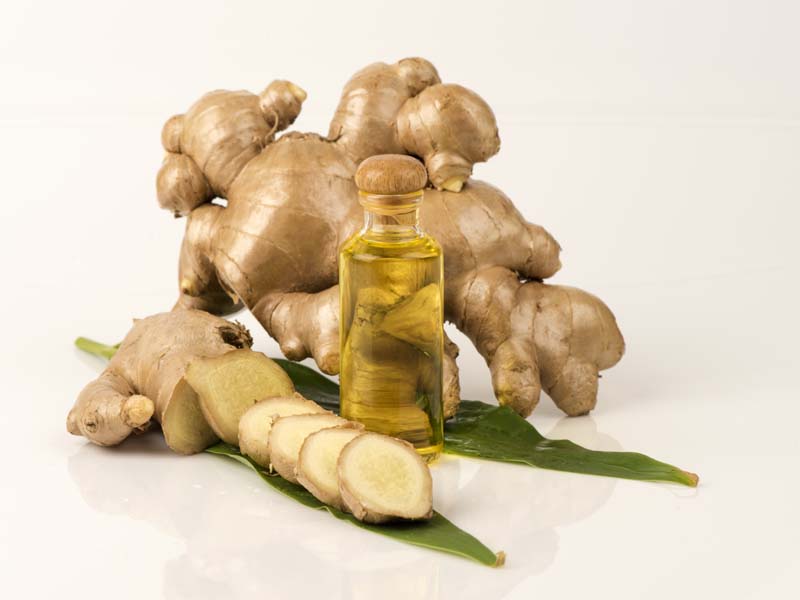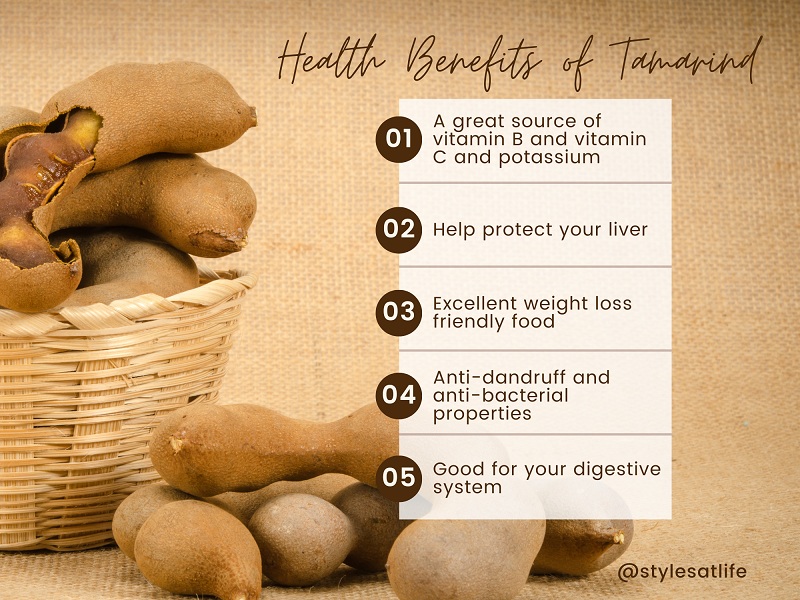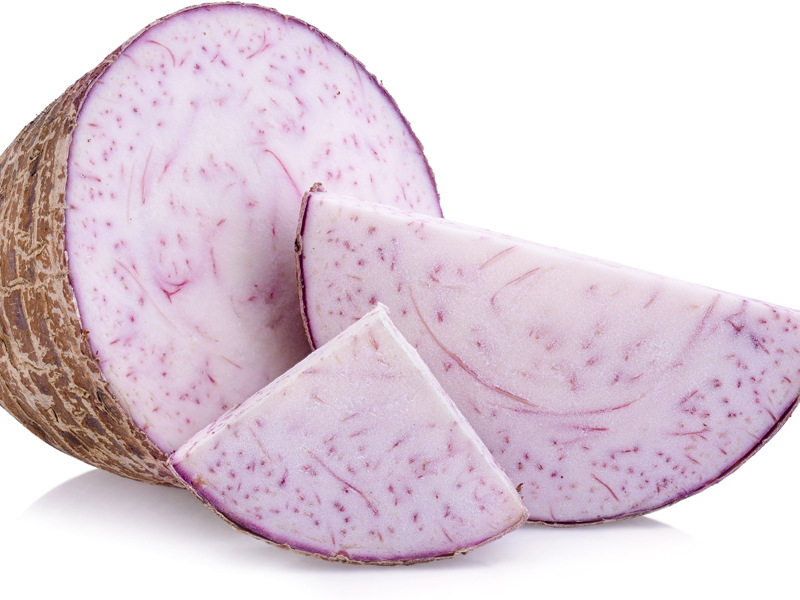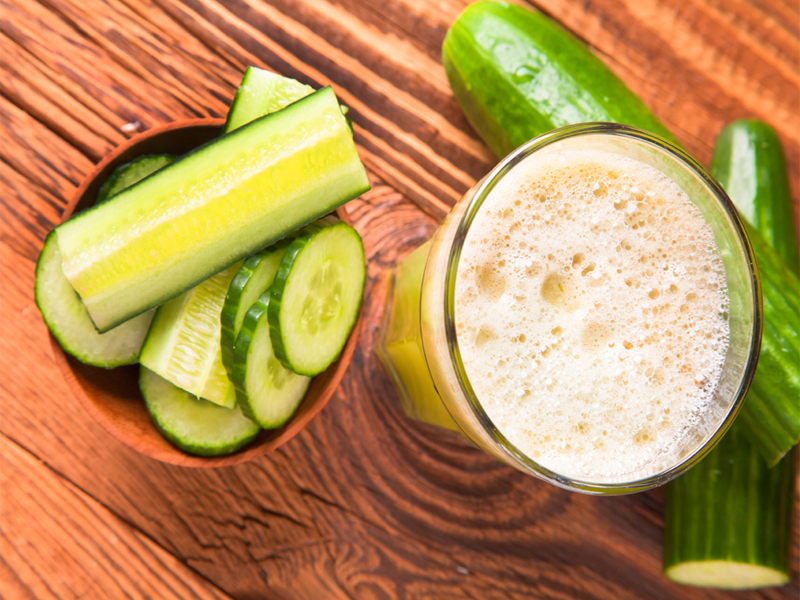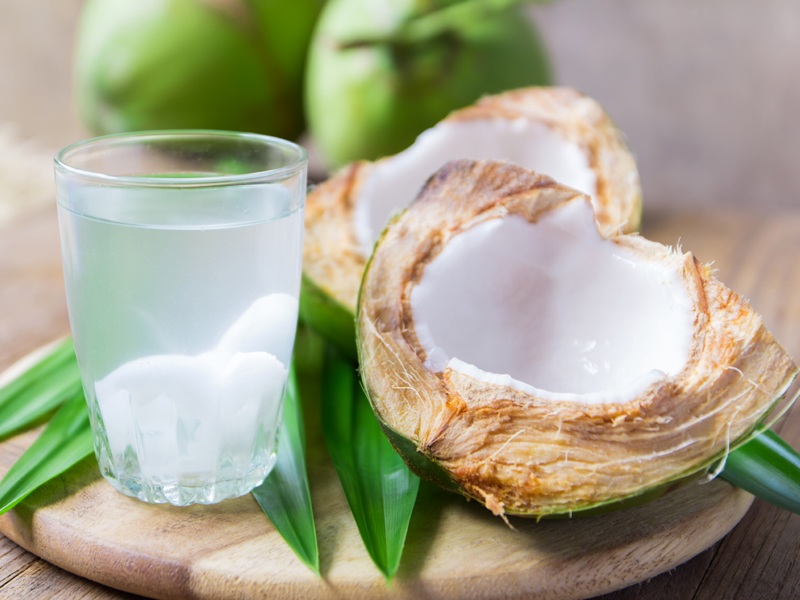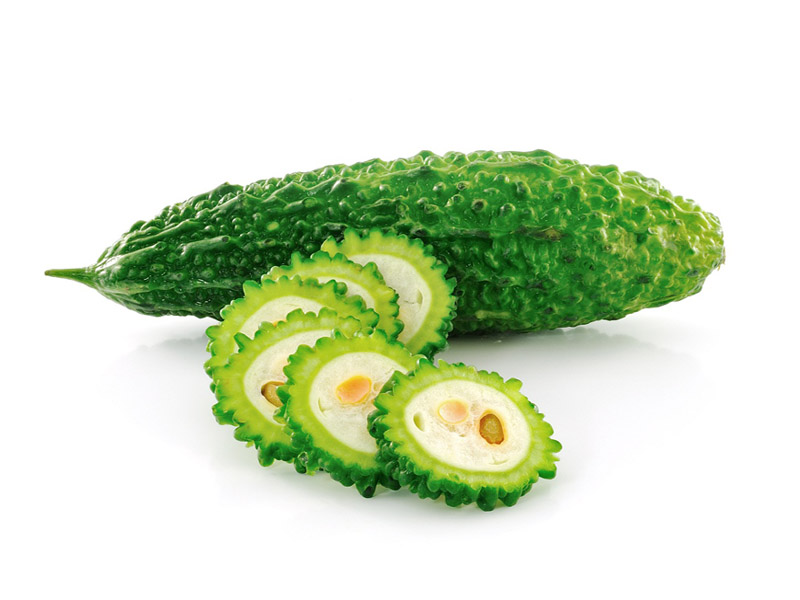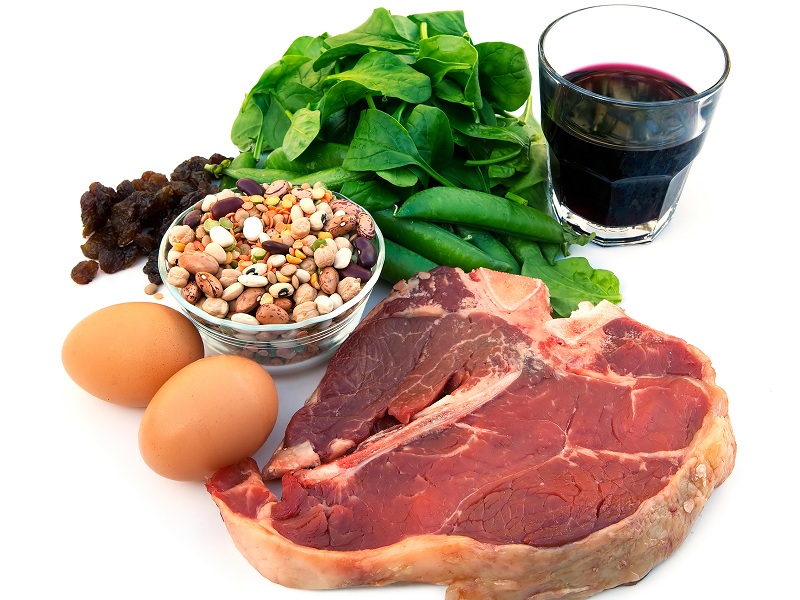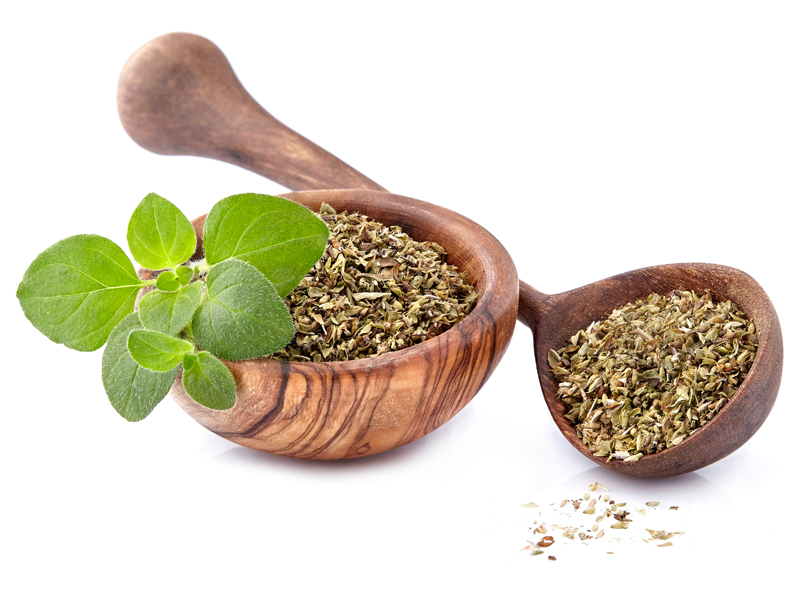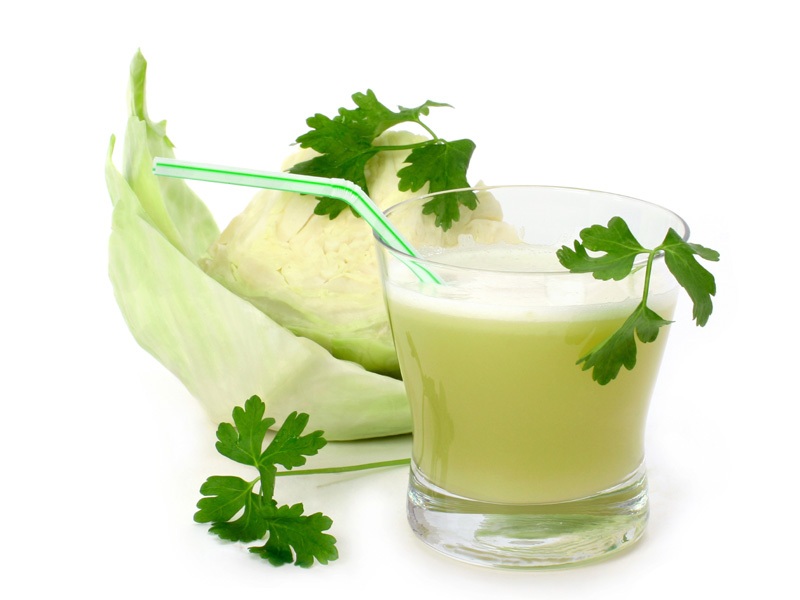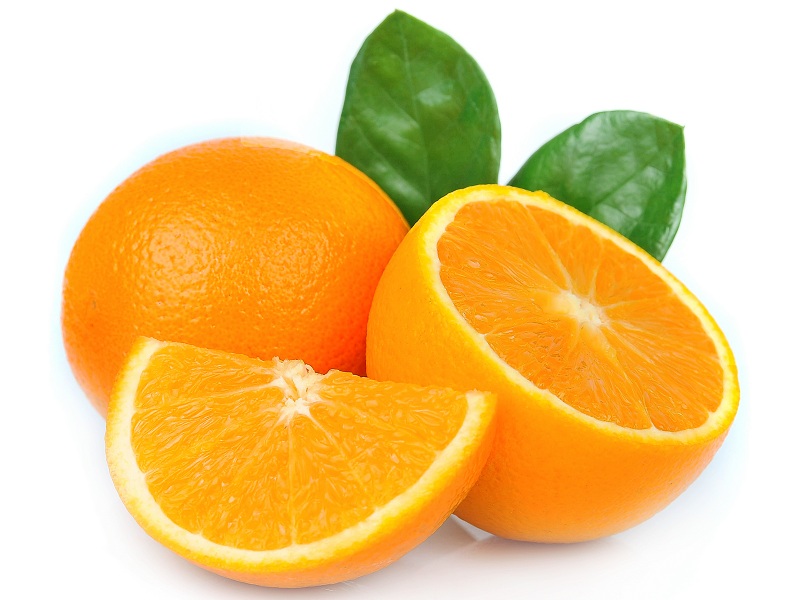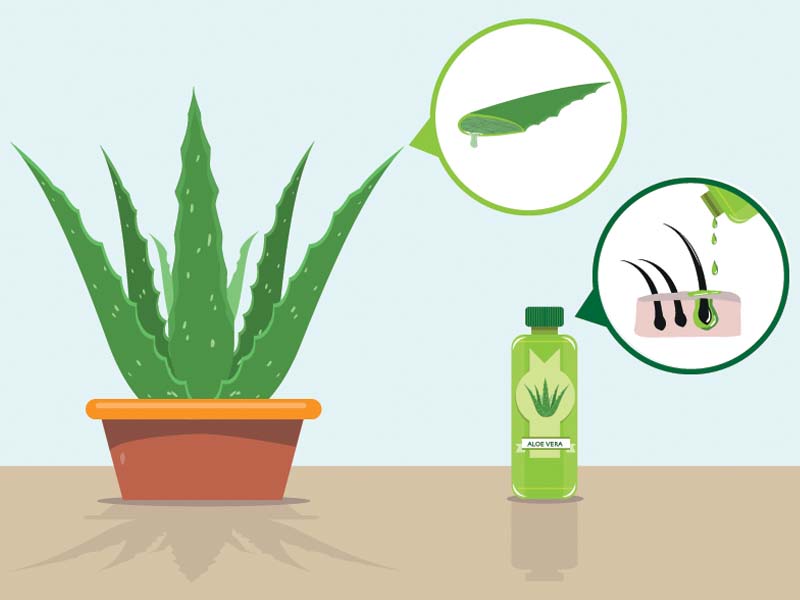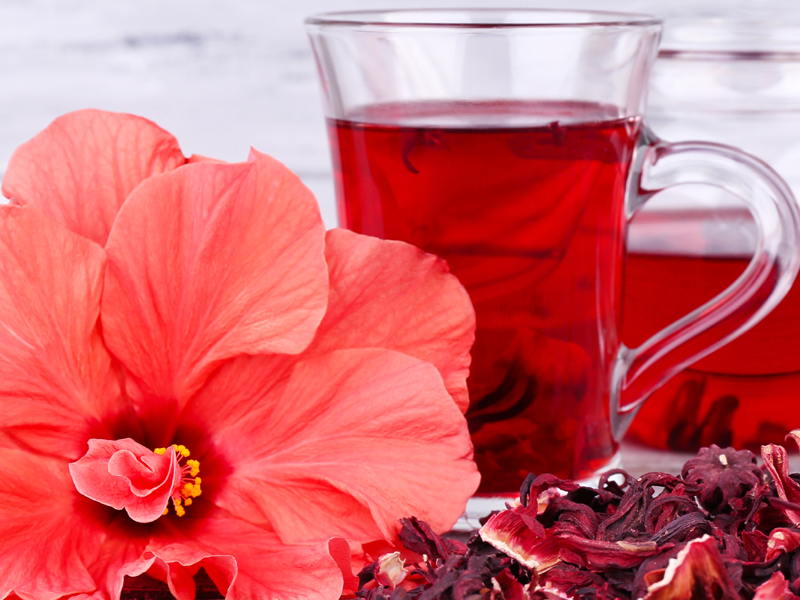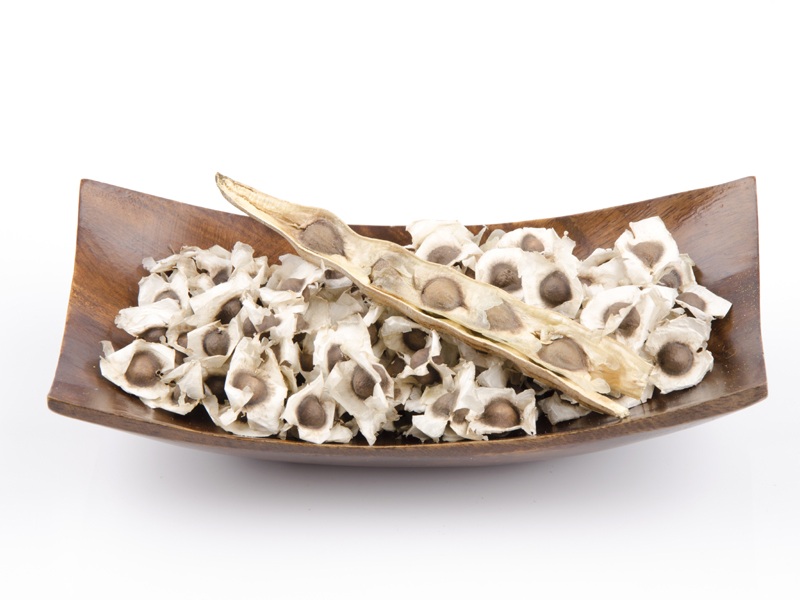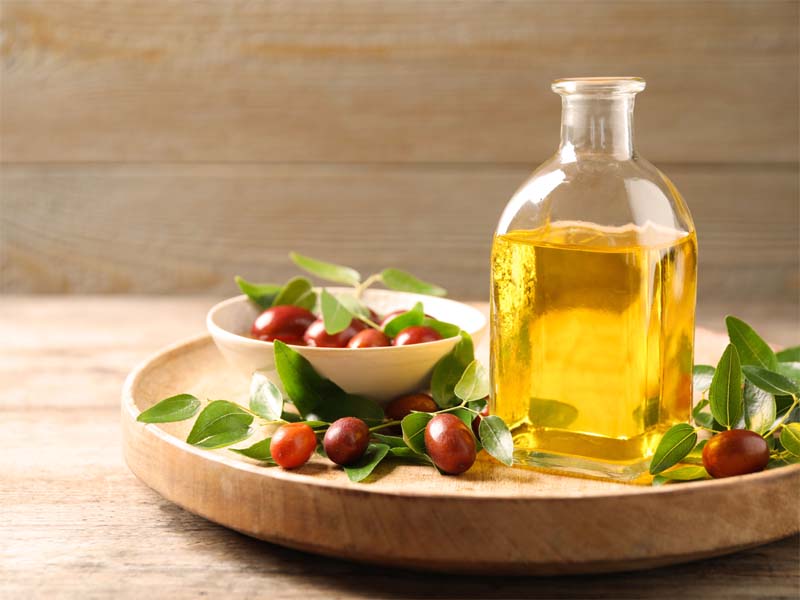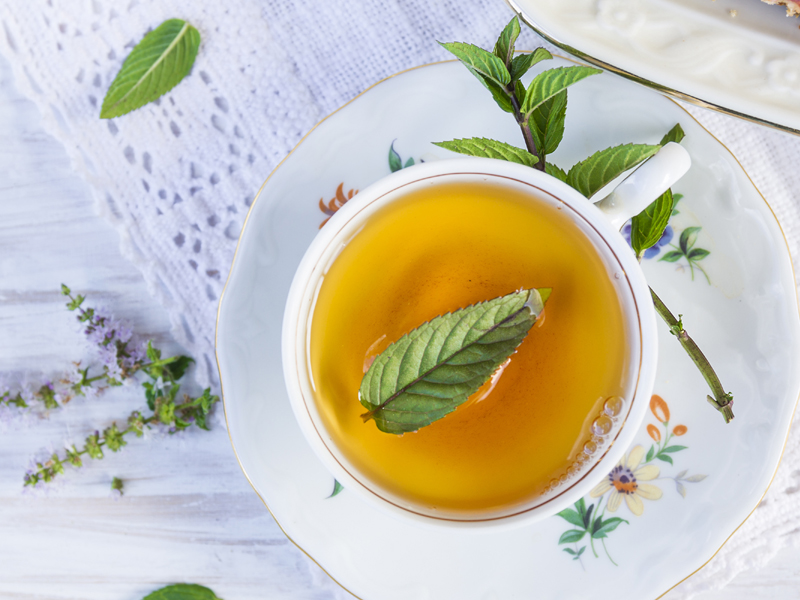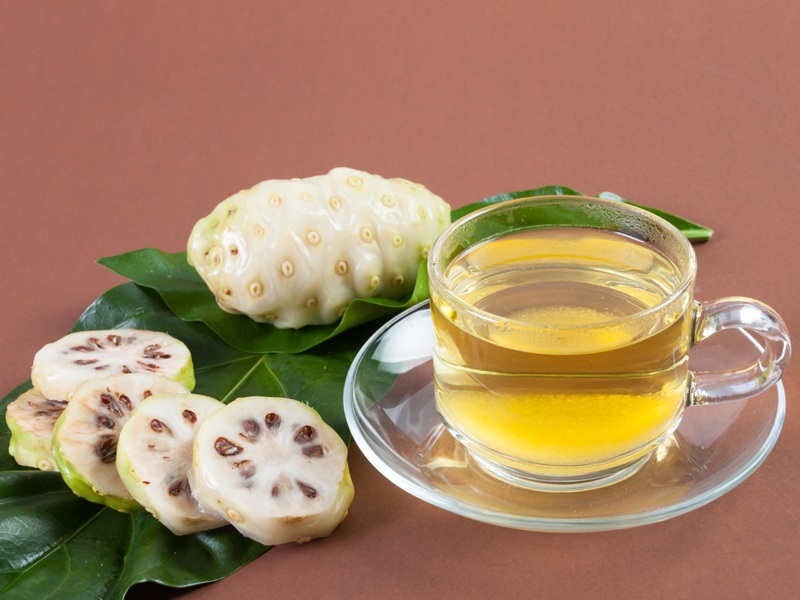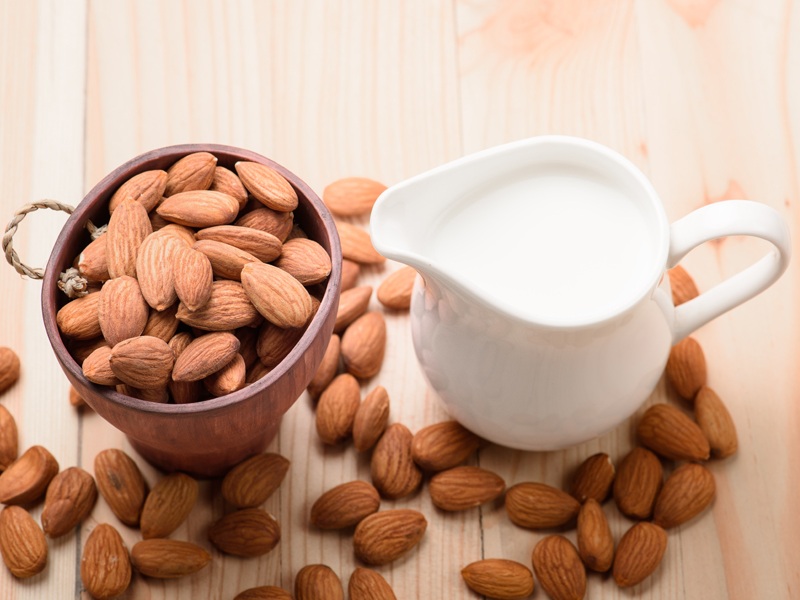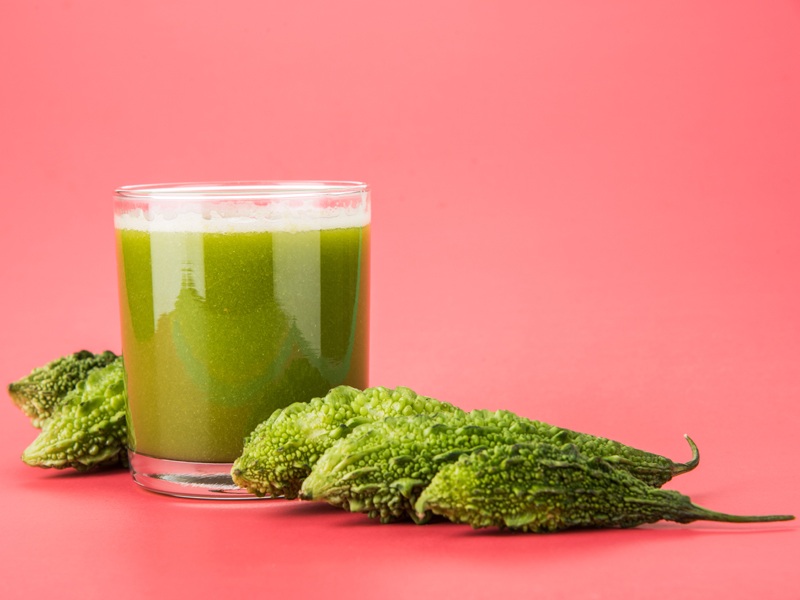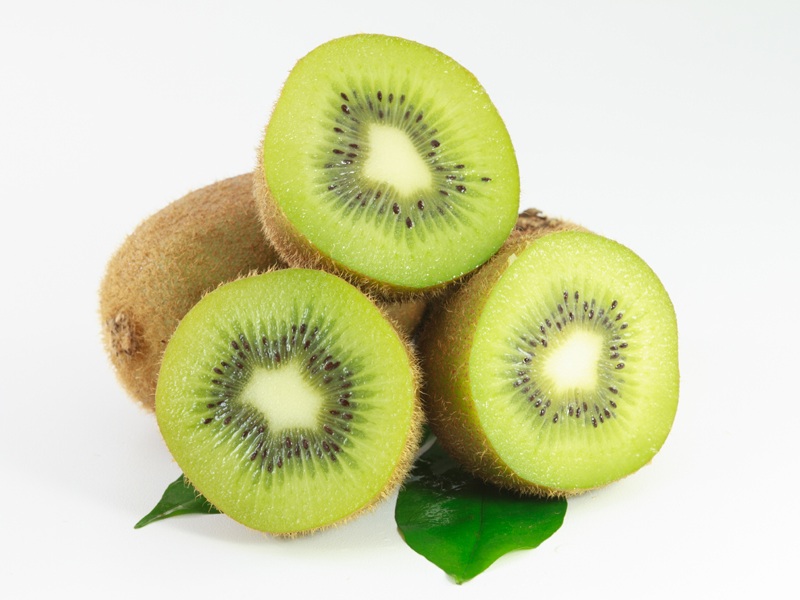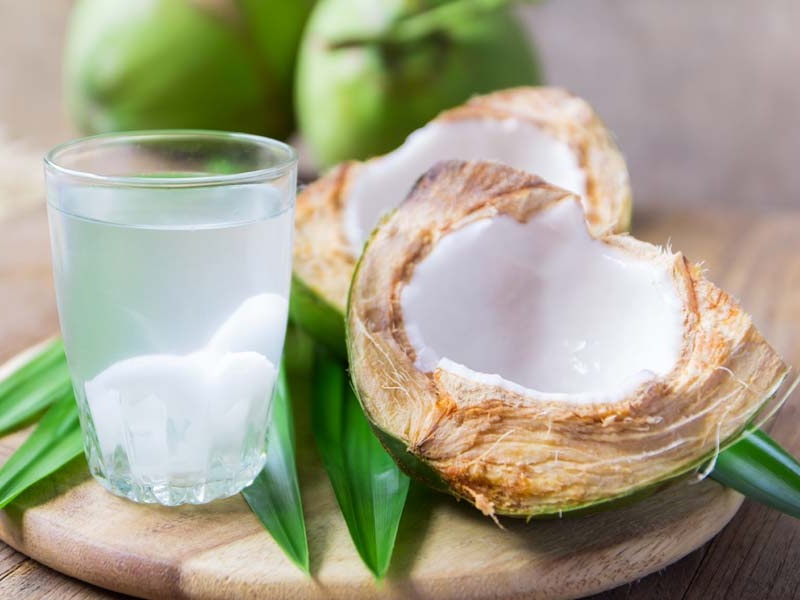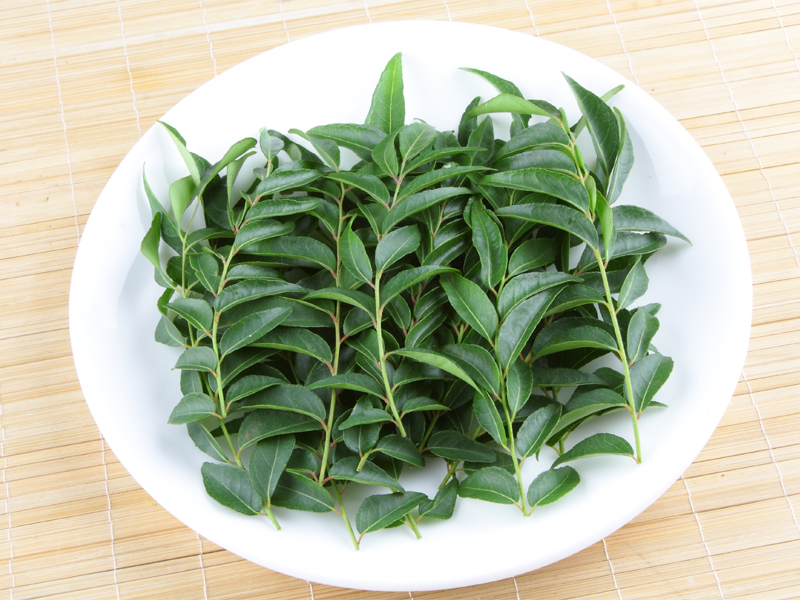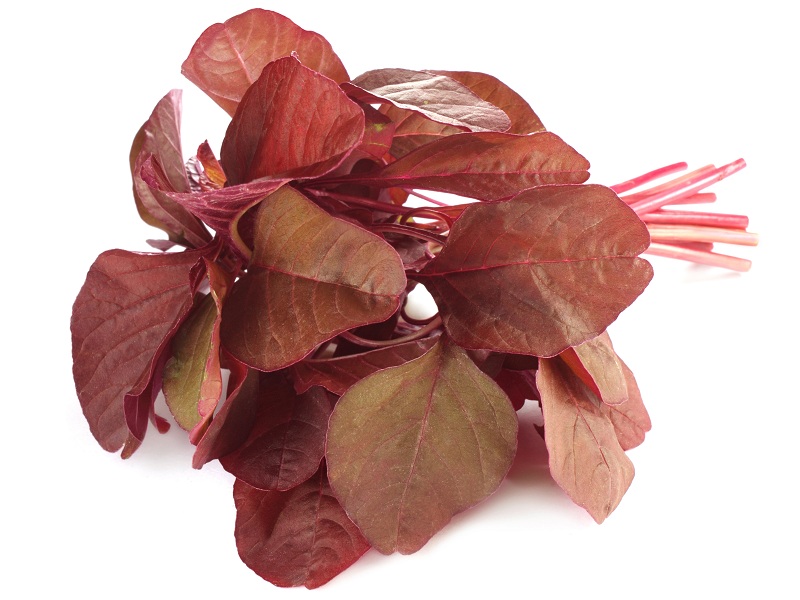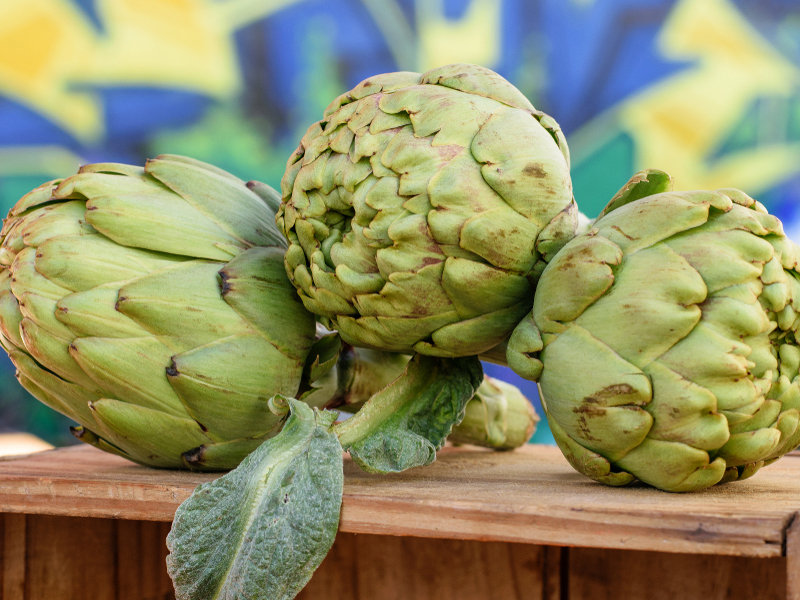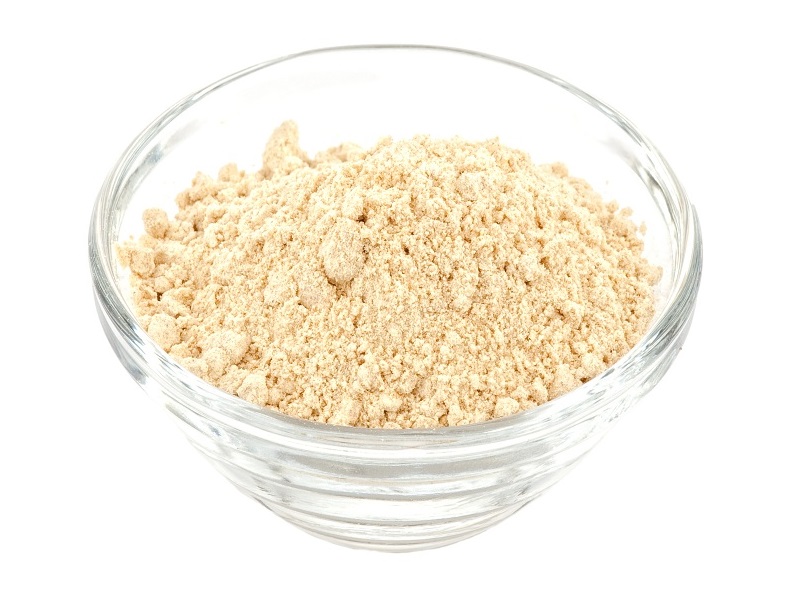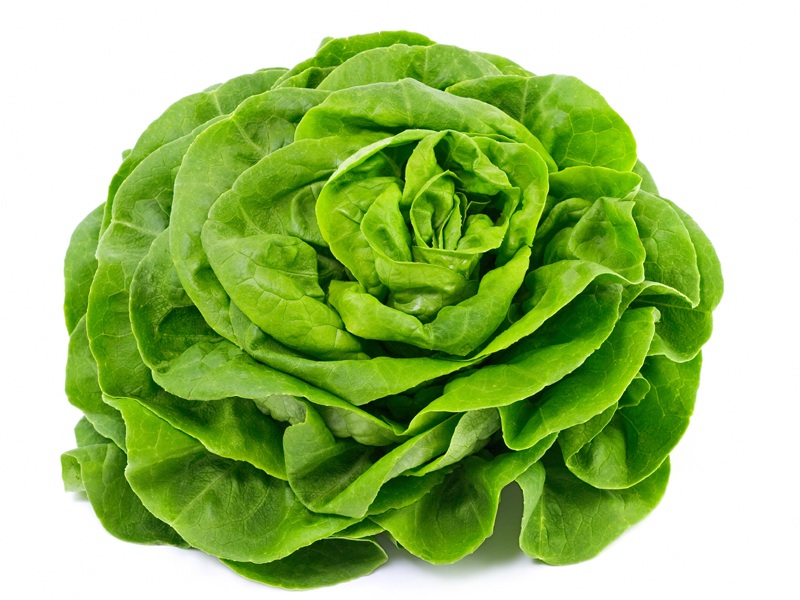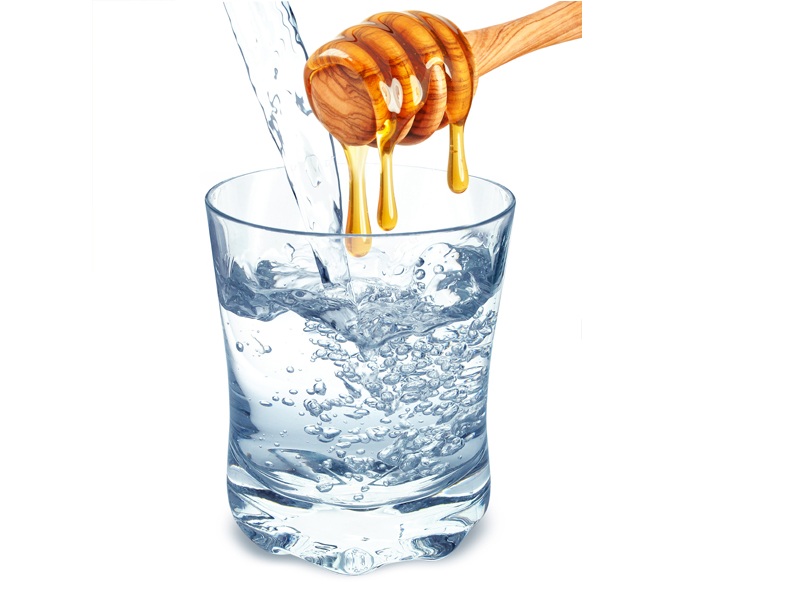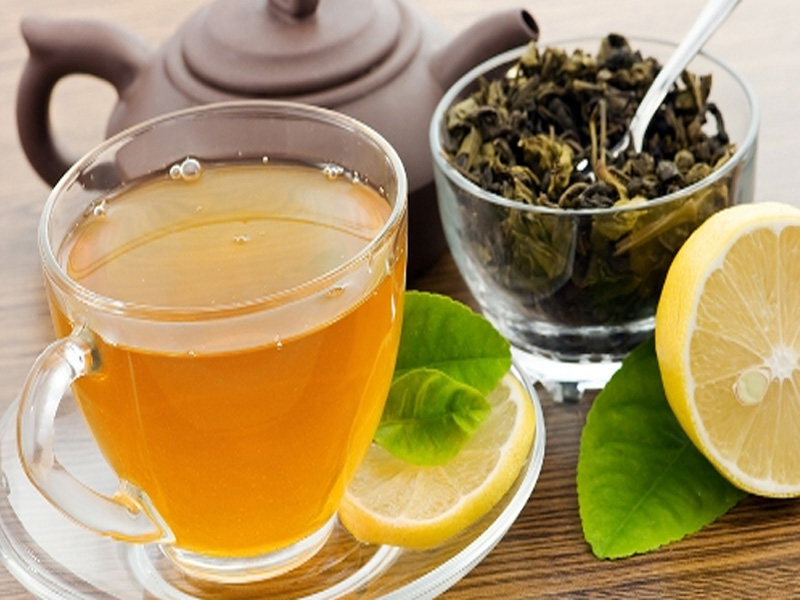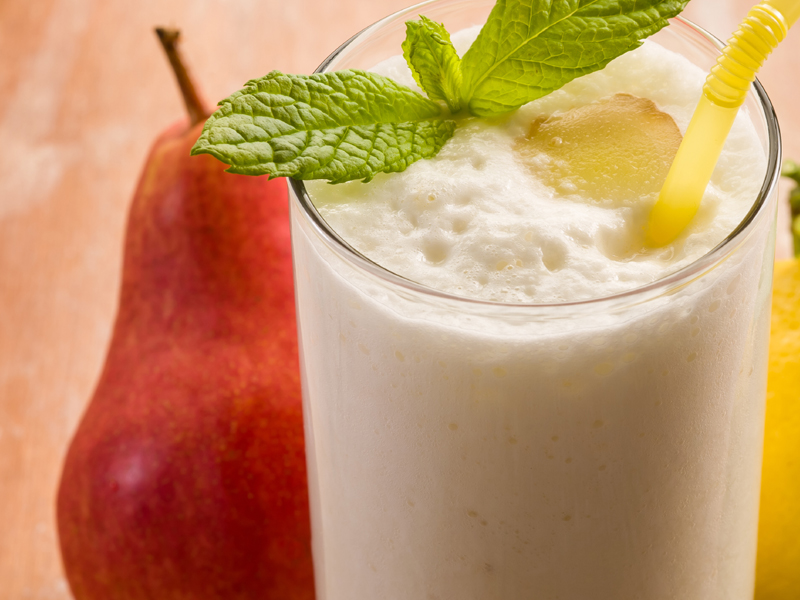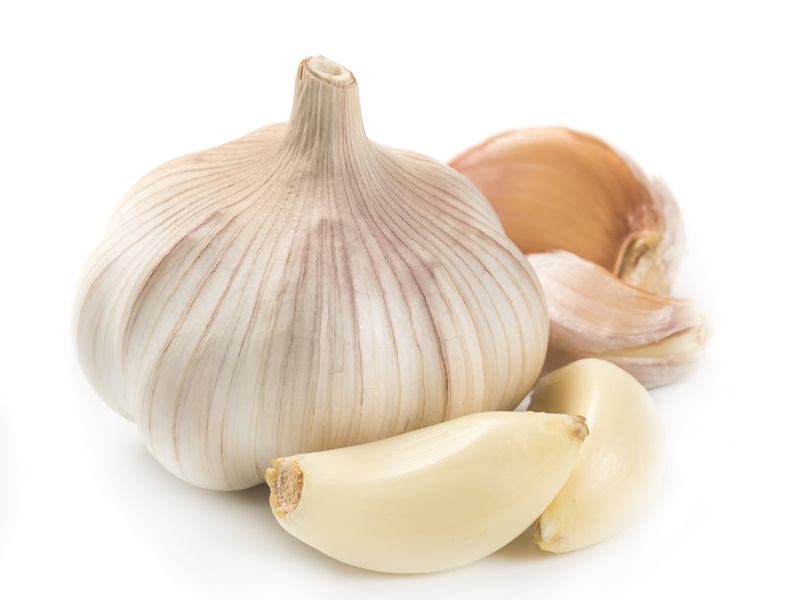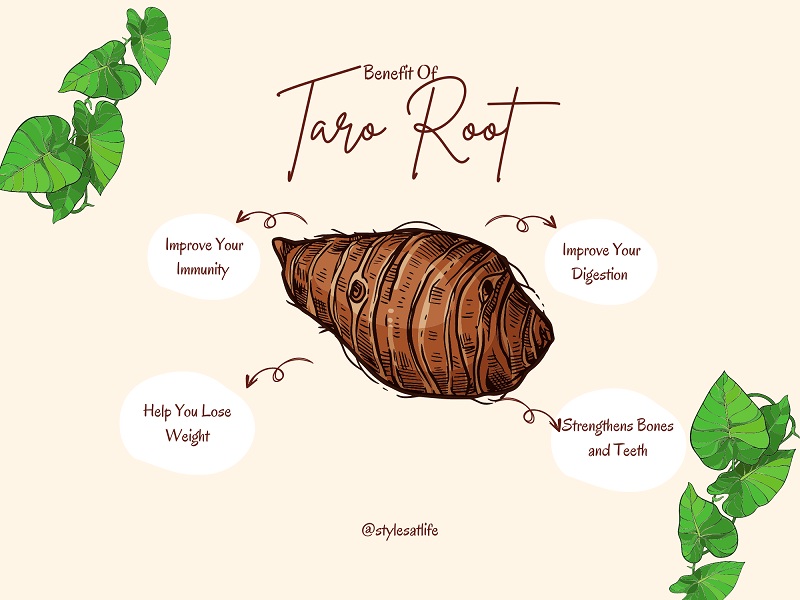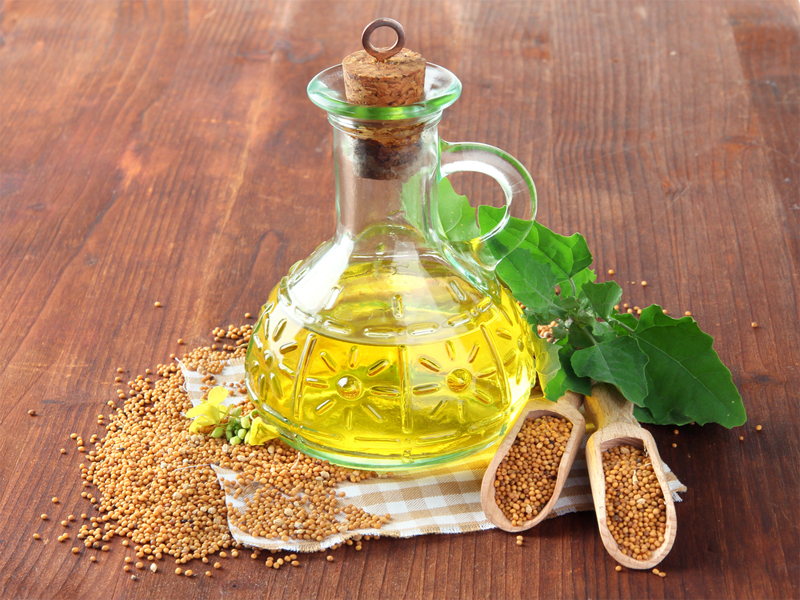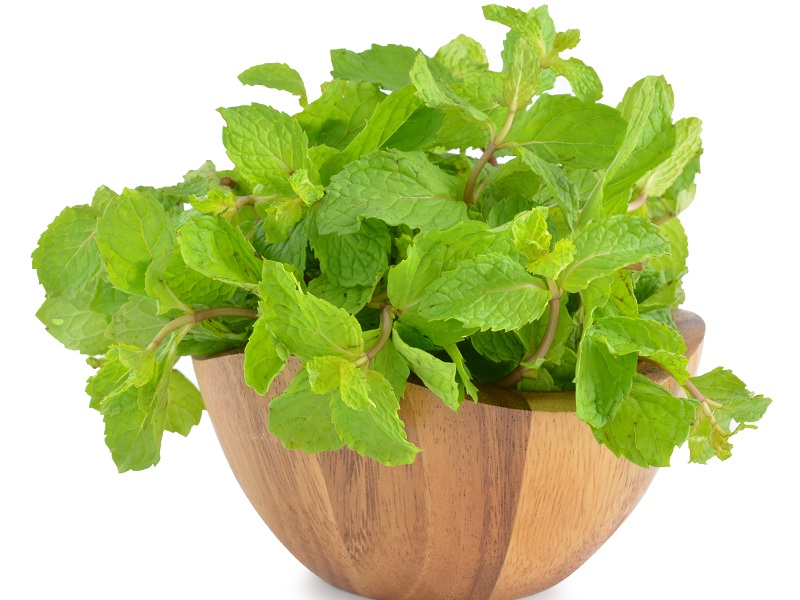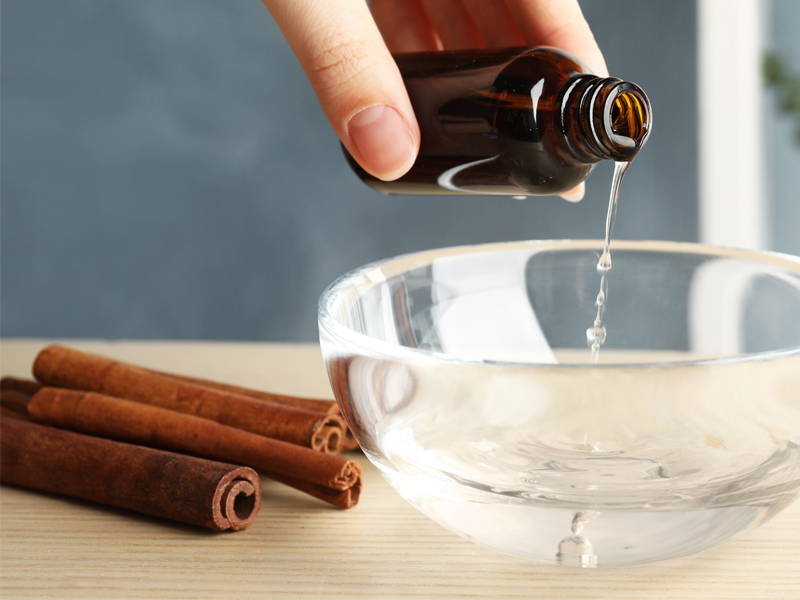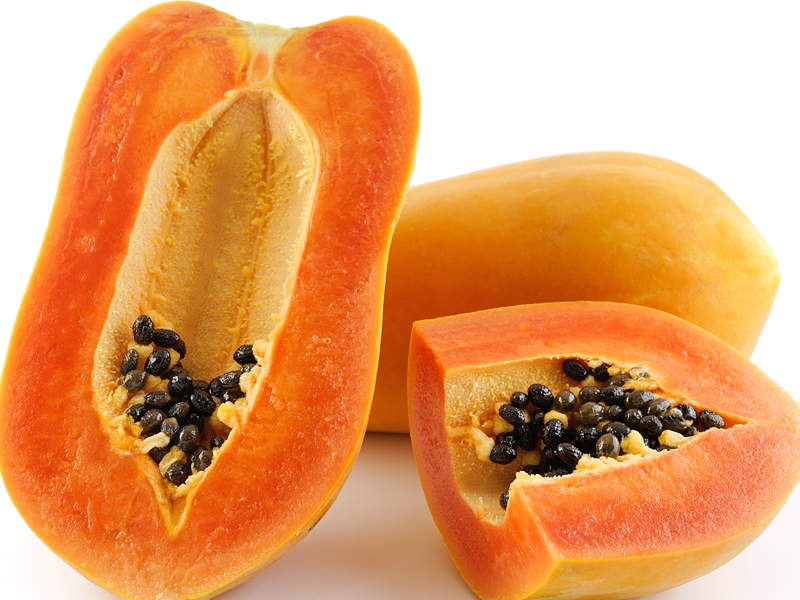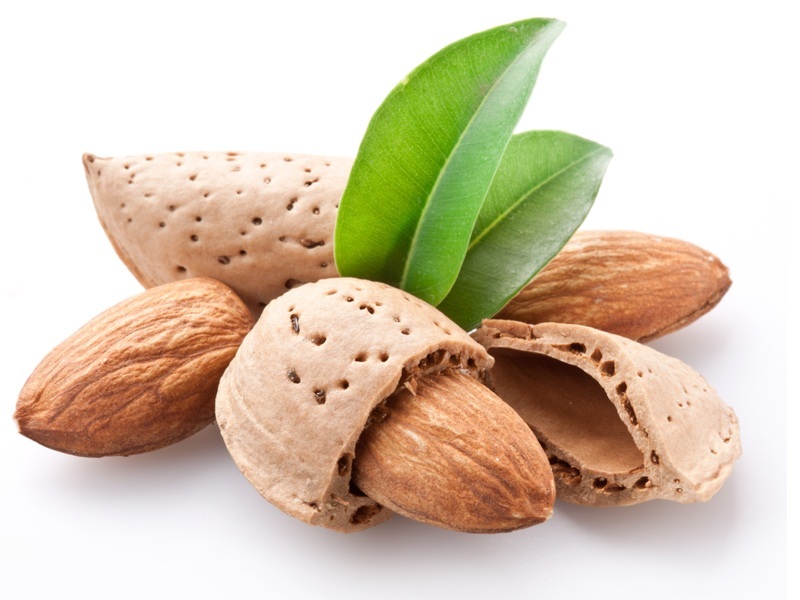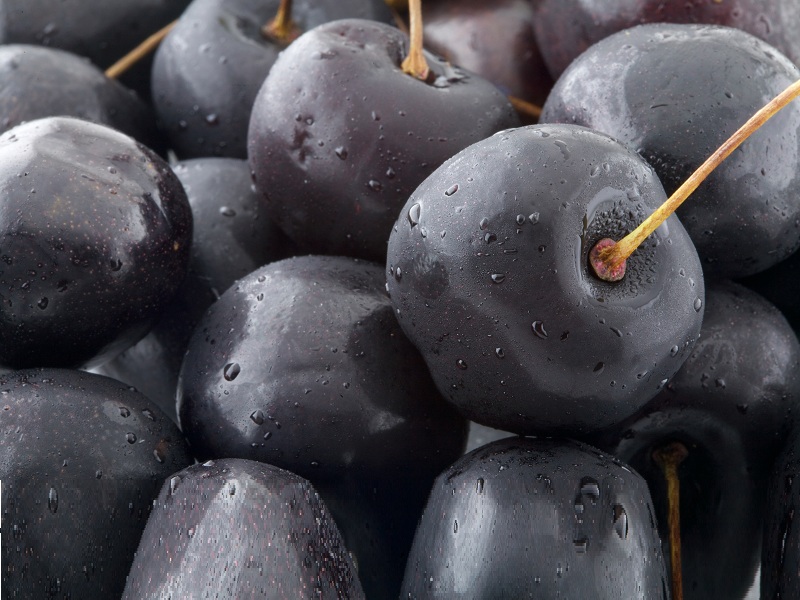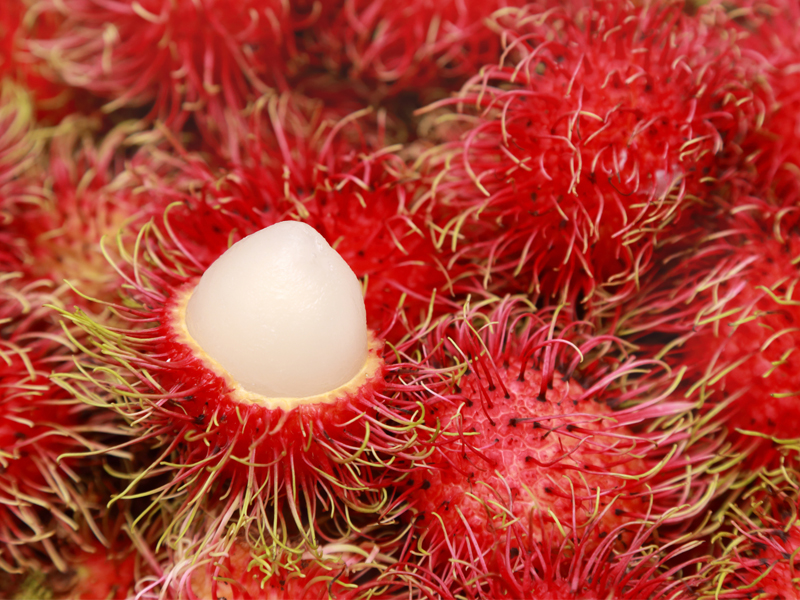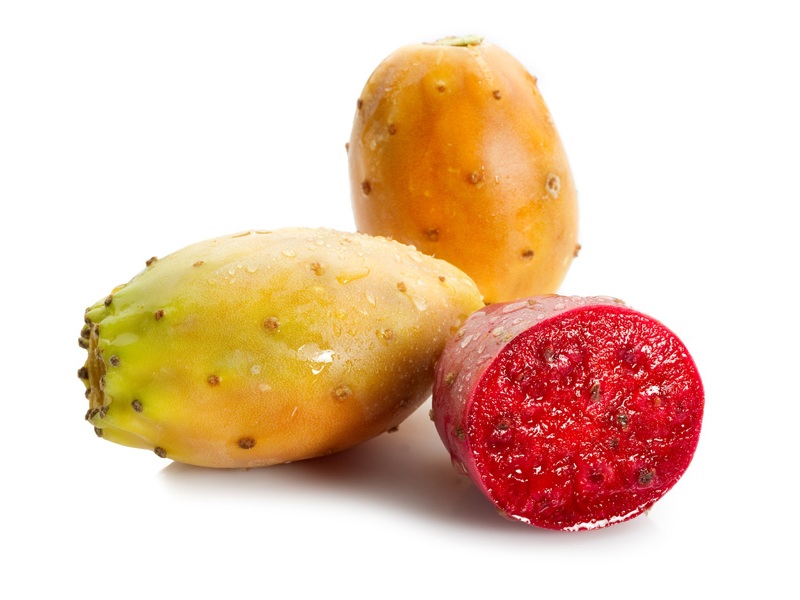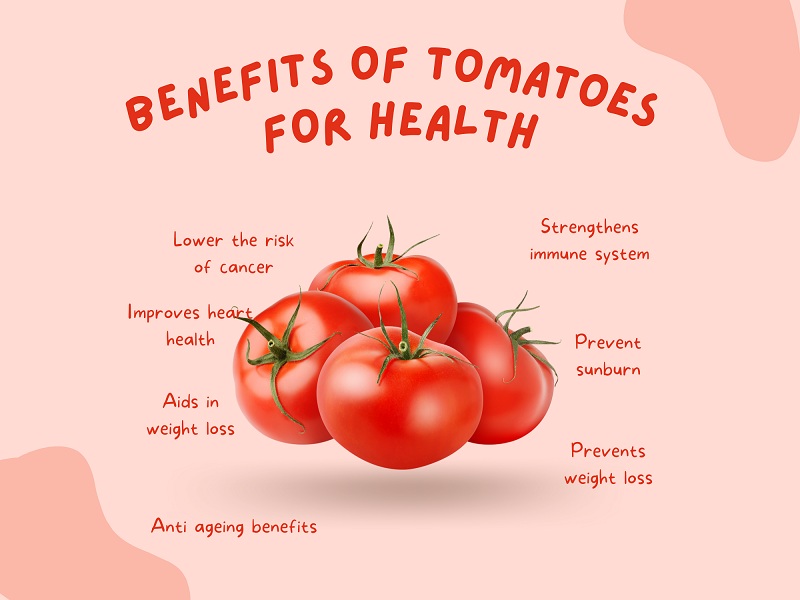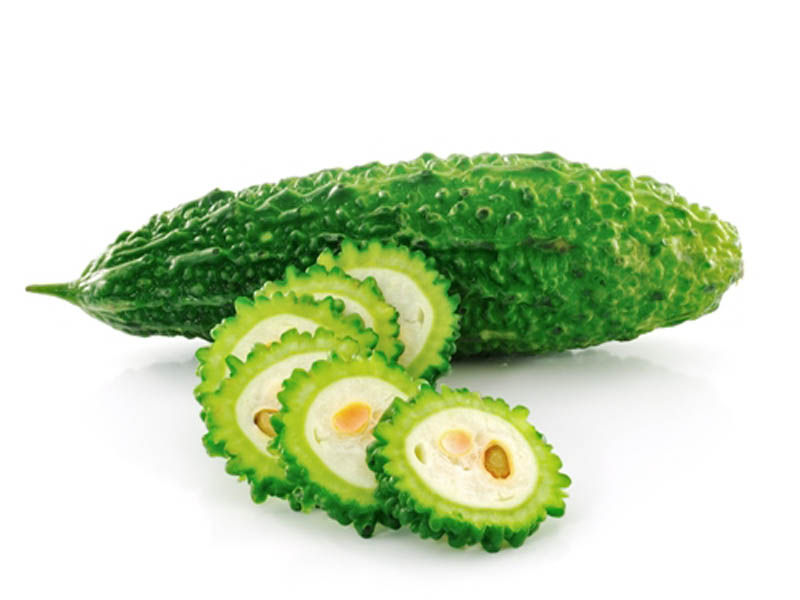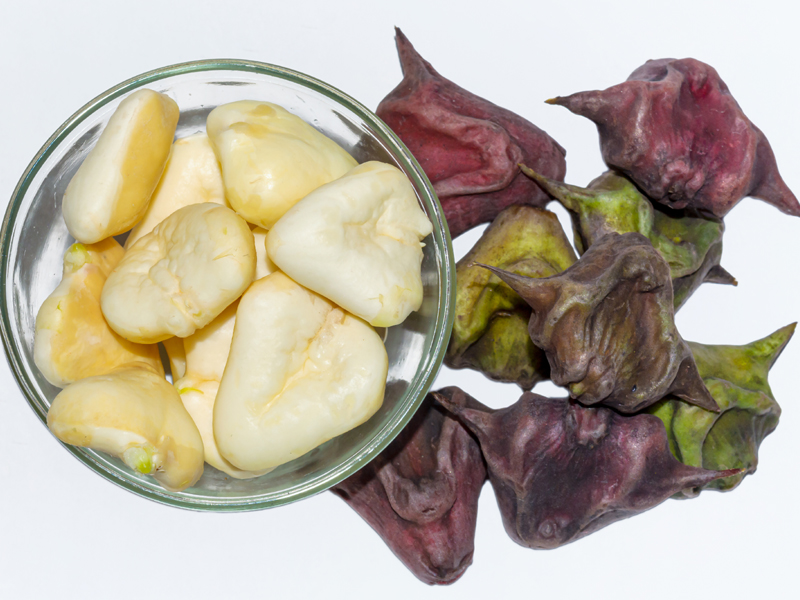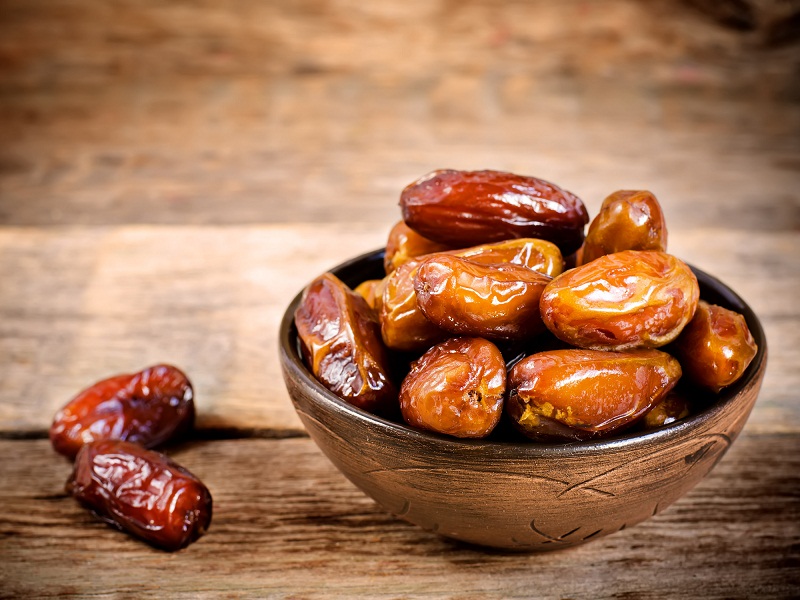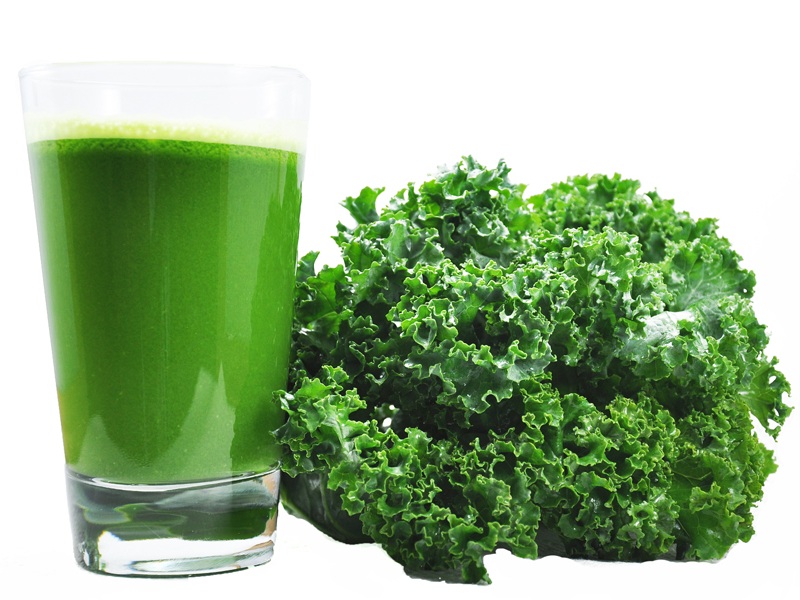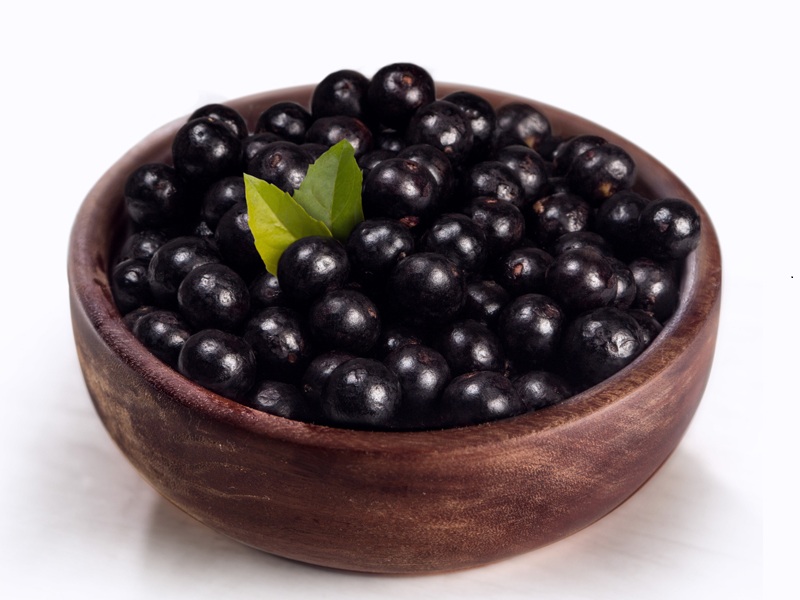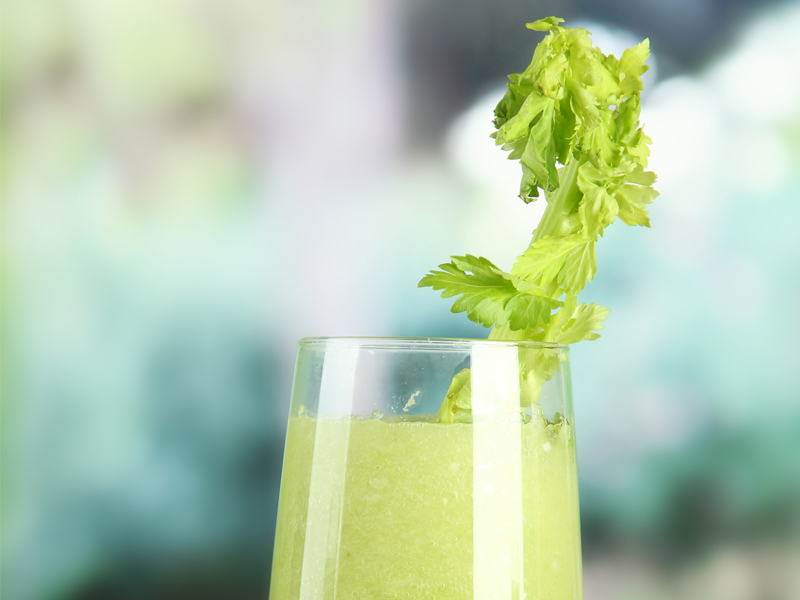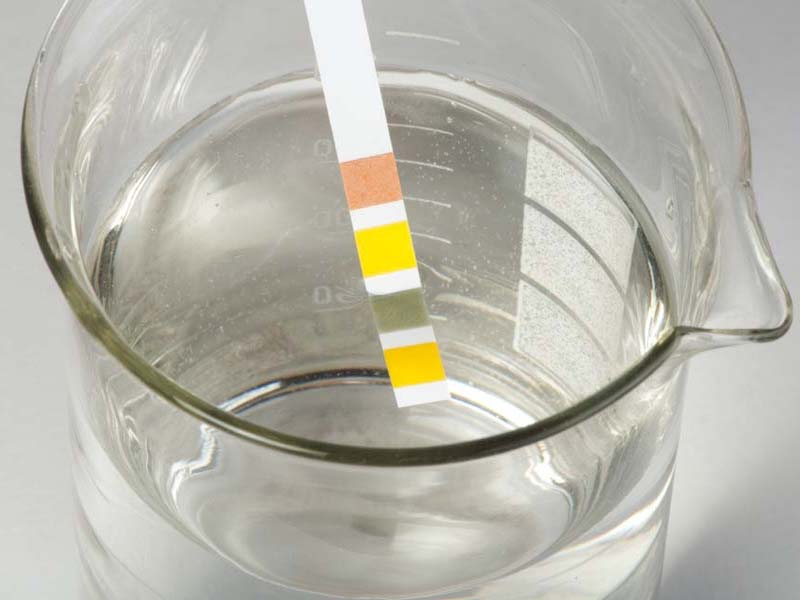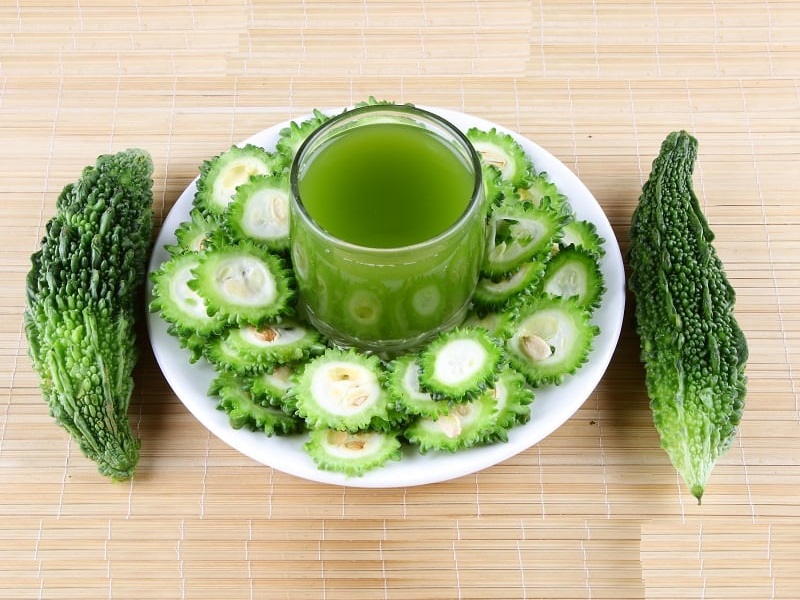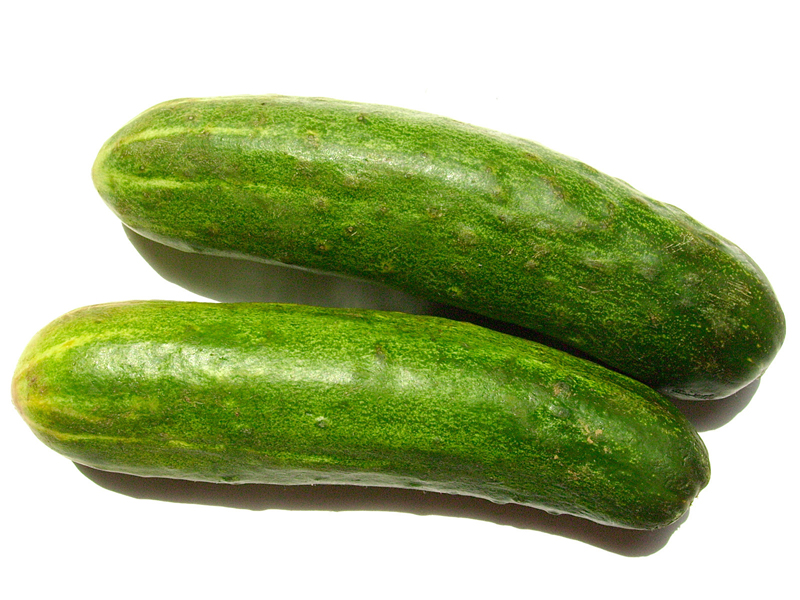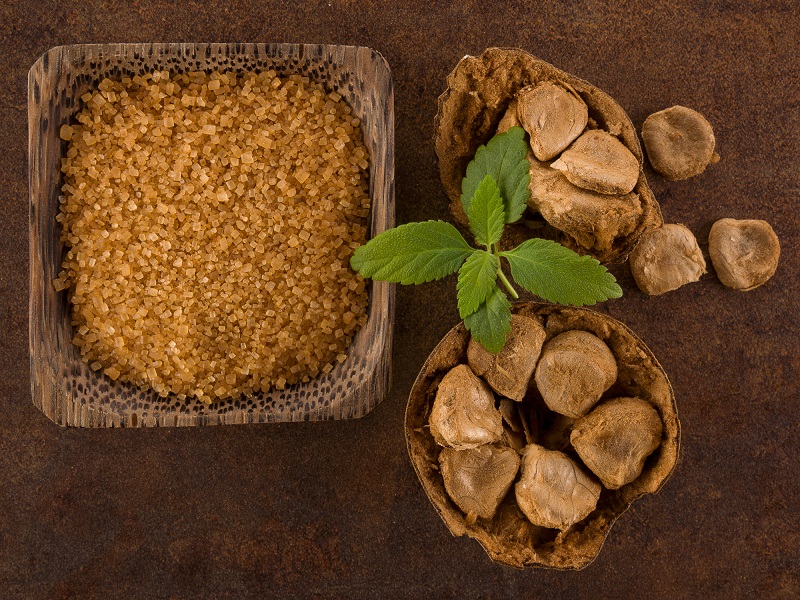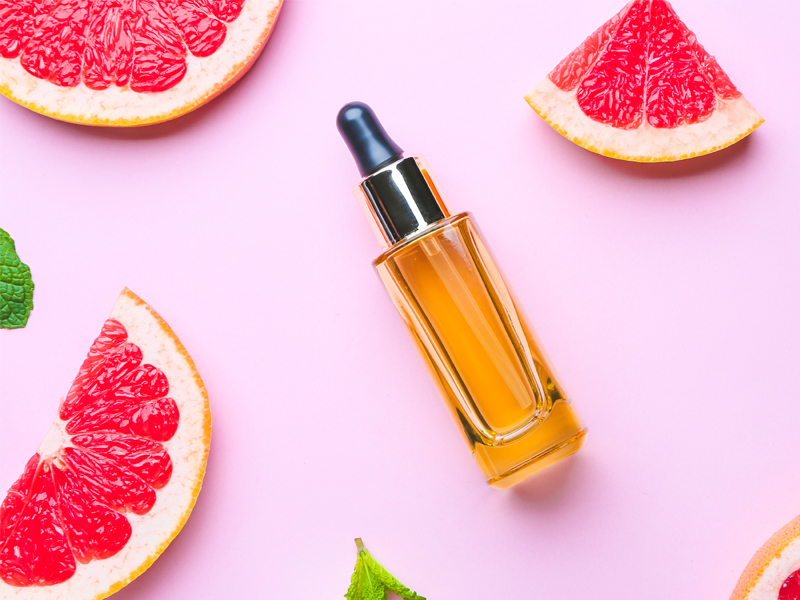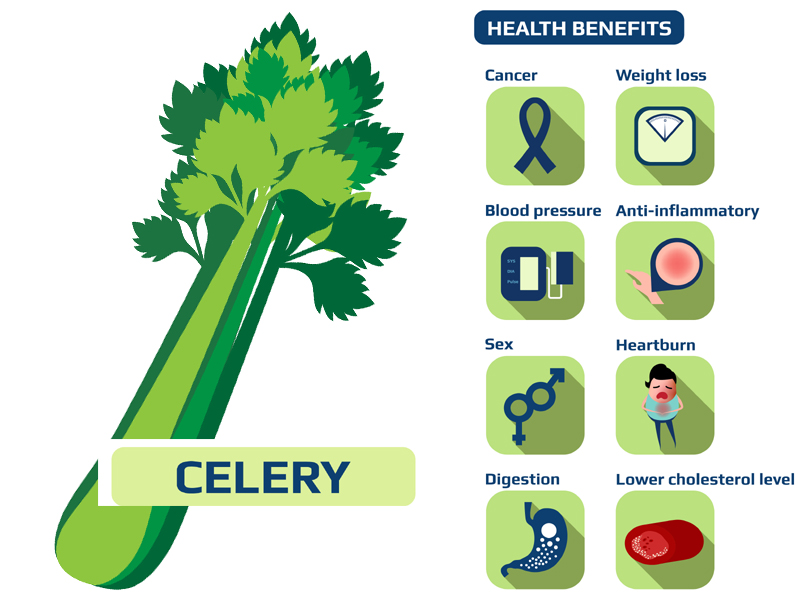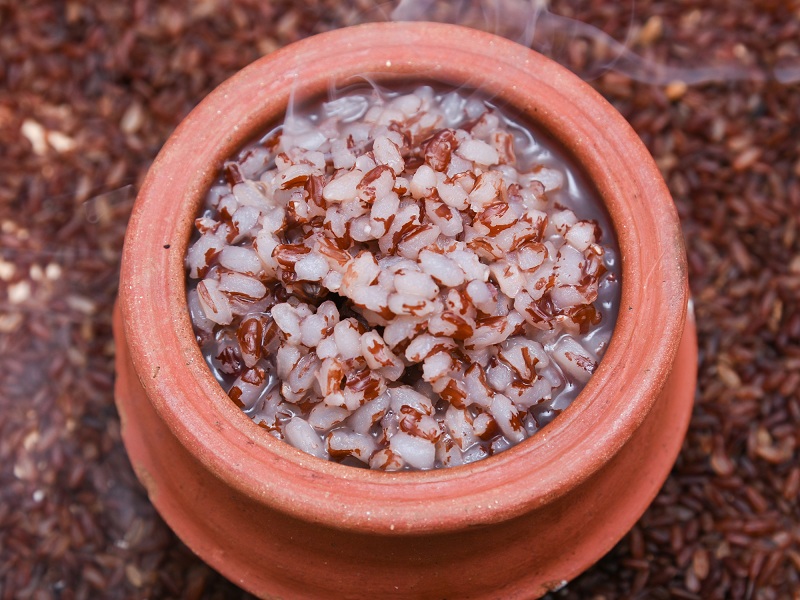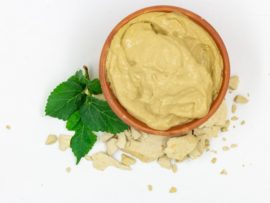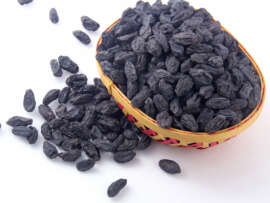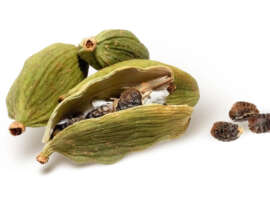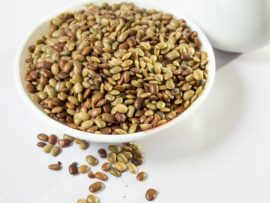On a bright summer day, Watermelon is one of the go-to foods. It helps you combat scorching heat while offering an array of health benefits, from reducing cancer risk to strengthening the immune system. In addition, this fruit has a uniquely mild sweetness making it a favourite summer treat for many of us.
Watermelon originated in the 6th century in the regions of South Africa. At the beginning of the 7th century, India started cultivating this fruit reaping the benefits. By the 10th century, China began producing watermelons, and now you can get this fruit anywhere in the world. The names of Watermelon in other languages are:
Hindi: Tarbooz.
Telugu: Puchakaya.
Tamil: Tharpoosani
Kannada: Kallangadi.
Malayalam: Thannimathan.
Gujarati: Tarabuca.
Marathi: Tarabuja.
Types of Watermelon:
Watermelon belongs to the Gourd family and is a sizeable melon-like fruit. This fruit’s insides are red pulp inside with a juicy texture with the green outer skin. Watermelon belongs to both the fruit and vegetable categories. Here are the common types of watermelons whose taste and size vary depending on the location they are grown:
- Picnic watermelons.
- Seedless watermelons.
- Yellow watermelons.
- Icebox watermelons.
Is Watermelon Good for Health? And Its importance:
Watermelon is filled with vitamins, minerals and several antioxidants that make this juicy fruit an excellent option for a healthy body. The deep red colour of this fruit comes from an antioxidant called lycopene, and it is also a rich source of vitamins A, C, B and Potassium. Watermelon contains a lot of water and is low in calories. However, it might have less fibre content compared to other fruits.
With all the nutritional content of Watermelon, adding this fruit to your diet can benefit people of all ages. In addition, there is no denying the beneficial effects of Watermelon on our bodies.
Watermelon Nutrition Benefits:
The vitamins, minerals, and antioxidants present in Watermelon make it an excellent addition to our diet. Here are the Watermelon nutritional facts:
- 46 calories.
- 0.2 grams total fat.
- 0 mg cholesterol.
- 1.5 mg sodium.
- 170.2 mg potassium.
- 11 g total carbohydrates.
- 0.6 g dietary fibre.
- 9 g sugar.
- 0.9 g protein.
- 17% RDI of Vitamin A.
- 1% RDI of Calcium.
- 20% RDI of Vitamin C.
- 2% RDI of Iron.
- 3% RDI of Magnesium.
Benefits of Watermelon for Health, Hair and Skin:
Many people are still not aware of the benefits of eating Watermelon. To be more specific, people are not aware of the health benefits of Tarbooz. But, if you are also one of them, then here you get 22 incredible watermelon fruit benefits for the skin, hair, and health.
1. High in Antioxidants:
Watermelon has high amounts of flavonoids, carotenoids, triterpenoids, and phenolic compounds. You will be able to neutralize free radicals and reduces inflammation with the help of the carotenoid lycopene. Watermelon also has triterpenoid cucurbitacin E, which blocks the activity of cyclooxygenase enzymes with its anti-inflammatory properties.
2. Strengthens the Immune System:
Watermelon helps strengthen your body’s immune system since it is a rich source of Vitamin C. It also helps your immune system produce antibodies since it is a rich source of vitamin B6. In addition, vitamin A in the fruit protects your body from infections by regulating the immune system while aiding in the formation of red blood cells (1).
Read: Health Benefits of Watermelon Seeds
3. Stress Buster:
Watermelon is one of the fruits that will help you relieve stress because Watermelon contains vitamins and nutrients in high amounts, such as Vitamin B6. These nutrients ease panic attacks and anxiety and relieve stress by producing the required chemicals to do the same. In addition, you will be able to relax your blood vessels without the side effects of drugs by adding Watermelon into your diet.
4. Improves Heart Health:
It is worth noting that lifestyle factors play an essential role in lowering the risk of heart disease, a leading cause of death globally. For example, Watermelon is good for the heart by lowering blood pressure and cholesterol levels, reducing the risk of a heart attack (2). Lycopene might also prevent oxidative damage by lowering blood pressure and cholesterol (3). Watermelon also contains magnesium, potassium, vitamins A, B6 and C, heart-healthy vitamins and minerals.
5. Reduce Muscle Soreness:
Watermelon might be the perfect key for muscle soreness, whether it is trouble after a workout or strain. This fruit helps soothe sore muscles after a heavy workout since it is packed with electrolytes and amino acid citrulline. In addition, Citrulline in watermelons can help reduce muscle fatigue, as per an Iranian study. Citrulline might help relieve muscle soreness by accelerating the process of lactic acid removal. Drinking watermelon juice might help your muscles recover faster by receiving more oxygen.
6. Prevents Kidney Injury:
The percentage of potassium is lower in Watermelons than in other foods, though they are a good source of potassium. Therefore, people suffering from chronic kidney disease need to stick to low-potassium fruit options. Watermelon can be a healthy option for you (4). However, the kidneys might not eliminate excess potassium from the blood in some individuals suffering from chronic kidney disease. Therefore, this might cause complications. Therefore, consult your doctor before eating Watermelon if you have chronic kidney disease.
7. Good for Your Liver:
Unlike Alcohol and Caffeine, Watermelon increases urine flow without straining the kidney by acting as a natural diuretic. It also helps your liver process Ammonia, which helps the kidneys get rid of excess fluid without putting strain on them.
8. Help Prevent Cancer:
Watermelon benefits for cancer also come from the compound Lycopene, which reduces the extent of cancer insurgence. In addition, the characteristic red colour of watermelons comes from the pigment Lycopene, which also prevents the onset of certain cancers since it is a powerful antioxidant (5).
You can find 20 milligrams of lycopene in a two-cup serving of Watermelon that might protect you against numerous types of cancer by battling free radicles (6). In addition, according to a Chicago study, lycopene also exhibits chemopreventive properties in prostate cancer cells (7).
9. Watermelon Benefits Weight Loss:
Did you know watermelon benefits weight loss? Yes! Watermelon can make you feel full with fewer calories because of its high water content (8). In addition, the high amount of water in Watermelon might contribute to weight loss by speeding up metabolism and flushing out toxins and fats. So by adding fruits like Watermelon that have low-calorie density into your diet, you will be able to lose weight healthily (9).
10. Watermelon Safe for People with Diabetes :
Although watermelon benefits diabetes, it is necessary to be cautious. Watermelon has a lower glycemic load but a higher glycemic index and, therefore, a diabetic-friendly fruit. In addition, Watermelon has anti-diabetic properties, as per a Nigerian study (10). Another study shows that watermelon pomace juice might eventually treat diabetes by increasing the mass of brown adipose tissue and reducing excess white fat mass. However, some studies state the opposite effect. Therefore, it is best to take your doctor’s advice before consuming Watermelon if you have diabetes.
11. Watermelon Help to Manage High Blood Pressure:
Watermelon is especially beneficial for blood pressure because it has a natural source of Citrulline. In addition, it is closely related to an amino acid called arginine, which plays an essential role in blood pressure maintenance. As per the study, volunteers’ consumption of concentrated Watermelon juice increases the arginine levels converted from Citrulline. Furthermore, potassium is another nutrient in Watermelon that reduces and regulates high blood pressure.
12. Helps to Keep Your Brain and Nervous System Healthy:
Watermelon has another antioxidant called Choline which contributes to several functions and activities. Some of the activities are muscle movement, learning and memory, the transmission of nerve impulses, early brain development and maintaining the structure of cell membranes. Although there is not enough evidence, Choline might slow down the progression of dementia in Alzheimer’s disease, as per theory (11).
13. Promote Blood Flow:
Watermelon can be an excellent option for improving blood circulation. It also helps lower blood pressure, thereby helping your heart in the process. Watermelon can make blood vessels more flexible, increasing blood flow with the help of the potassium in the fruit. It also eases the stress on the heart in the process.
14. Protects Your Joints:
Yet another known advantage of Watermelon is that they protect your joints. The natural pigment called beta-cryptoxanthin present in Watermelon protects your joints from inflammation, thereby protecting your joints in the process. As a result, it could make you less likely to get rheumatoid arthritis over time, as per some studies. In addition, lycopene might help keep your joints safe by fighting the free radicals in the body, reducing the damage in the process.
15. Help You Stay Hydrated and Cool:
Lycopene is yet another primary compound found in Watermelon, with several benefits. Lycopene exhibited anti-inflammatory properties as per an American study (12). The health facts about Watermelon come from the high water content, which keeps your body hydrated and cool. Keeping your body adequately hydrated will regulate body temperature, normal organ function, cell nutrient delivery, and alertness (13).
Read: Is Watermelon Good for Weight Loss?
16. Healthy Digestion:
Watermelon is good for health and necessary for digestion because it has plenty of water and a small amount of fibre. Water moves waste through the digestive tract more efficiently, while fibre helps keep your bowels regular (14)(15). People with low fluid and low fibre intake were more likely to experience constipation, as per a survey in 4561 adults. There might have been other factors nonetheless (16).
17. Satisfies Your Sweet Tooth:
If you want to satisfy your sweet tooth but don’t want to load your body with sugar, choosing Watermelon can be an ideal option. Although Watermelon is low in sugar, it is an iconic summer fruit that will satisfy your craving for a sweet tooth without actually filling your body with harmful sugar.
18. Promotes Wound Healing:
The high amounts of vitamin C present in Watermelon help form new connective tissue, thereby helping heal wounds by improving your immune system. In addition, collagen is the main component for wound healing in high amounts in this fruit. Therefore, you can increase watermelon intake, which helps improve the vitamin C in our body.
19. Reduces Dental Problems:
Watermelon might have the ability to keep the capillaries and gums healthy with the help of Vitamin C present in the fruit. In addition, Watermelon can also prevent conditions like bleeding gums and gingivitis, which are caused due to a deficiency of vitamin C (17). Furthermore, the Vitamin C in Watermelon can reduce the risk of gum diseases and other gum infections by killing the bacteria in the mouth.
20. Might be Beneficial to Your Eyes:
The high amounts of beta-carotene present in the Watermelon are converted into Vitamin A, which helps protect your eyes against age-related macular degeneration and prevents night blindness by producing the pigments in the retina of the eyes (18). You can also maintain the mucus membranes, skeletal and soft tissue, teeth and healthy skin with the help of vitamin A.
21. Watermelon May Help Promote Healthy Skin:
If you wish to promote healthy skin, eating or even using Watermelon can be an excellent option. Vitamins A, B and C are present in this fruit and can benefit your skin by strengthening, protecting and nourishing it in the process (19). In addition, vitamin C helps with the overall glow by brightening your complexion by stimulating collagen production (20).
22. Treat and Prevent Acne:
Suppose you are looking for a natural solution to treat and prevent the formation of acne. In that case, Watermelon can be an exceptional solution. Watermelon increases the nitric oxide in your body, which accelerates the healing process of acne or any wounds. In addition, the anti-inflammatory properties of Watermelon also help reduce the inflammation caused by acne scars.
How to use:
- Take some fresh watermelon juice and apply the juice onto your skin using a cotton ball.
- Use this remedy continuously for two months to see the results.
23. Controls the Aging of Skin:
The Watermelon benefits for skin include the prevention of ageing skin. The anti-ageing benefits of Watermelon come from the antioxidant lycopene and Vitamins A and C, making your skin clear and smooth. All you have to do is take a watermelon cube and rub it all over your face. Leave it for some time, and then wash your face with lukewarm water.
24. Protects the Skin Against Sunburn:
Lycopene and beta-carotene are compounds that can protect your skin against sunburn, according to a German study (21). You can also deal with skin conditions like psoriasis and vitiligo with the help of Beta-carotene present in Watermelon. Another nutrient contributing to skin health is the amount of Vitamin A in Watermelon, which creates new skin cells by repairing them.
25. Help Calm Skin Inflammation:
Watermelon benefits skin including a reduction in inflammation because of the presence of a compound called lycopene. The anti-inflammatory properties of lycopene, a carotenoid, is considered the best to fight any inflammation in our body (22).
26. Promotes Hair Growth:
Watermelon is an excellent source of Vitamin C, which is necessary for synthesizing collagen, which plays an essential role in strengthening your hair and keeping your skin supple.
27. Help Treat Erectile Dysfunction:
The health benefits of Watermelon include treating Erectile Dysfunction by relaxing and dilating the blood vessels with the help of amino acid citrulline in the fruit. However, more human research is needed (23). Nitric oxide helps in blood vessel dilation by converting Citrulline into arginine, a precursor for nitric oxide.
Read: Fruits in Summer Season in India
In addition, according to an Italian study, oral citrulline supplementation has been shown to improve erection hardness in people with erectile dysfunction (24). Furthermore, Watermelon has ingredients like phytonutrients that trigger reactions similar to natural viagra.
How To Eat A Watermelon?
It is essential to consume Watermelon properly if you wish to get the best results and reap the health benefits from Watermelon. Here are some of the best ways you can include Watermelon into your diet:
- Watermelon salad.
- Watermelon in the form of doughnuts.
- Watermelon juice.
- Solid Watermelon pieces.
- Watermelon squash.
- Watermelon cake.
Best Time To Eat Watermelon:
Consumption of Watermelon should be avoided late at night because this fruit is slightly acidic. The best time to consume Watermelon is between 12 to one PM when your body’s digestion is at its peak. If you wish not to disturb your digestive process, avoid eating Watermelon after 7 PM.
Next time you find a Watermelon, don’t forget to get one for your family, especially during summers. It helps work as a potent weapon against heatstroke because of its high water content and offers several other benefits. Include watermelon into your diet and reap all the health benefits it provides. Don’t forget to let us know if you found this article helpful!
FAQS:
1. What are the side effects of Watermelon?
Ans: Although Watermelon can be very beneficial for your health, over-consumption of this fruit can cause some side effects. Here are some of the disadvantages of consuming Watermelon in an excess amount:
- It might cause digestive disorders.
- It might increase glucose levels in your body.
- It might cause liver inflammation.
- It might cause cardiovascular issues.
2. How much sugar does Watermelon have?
Ans: The major part of Watermelon’s calories comes from the sugar content. Although Watermelon might contain anti-diabetic properties, it is best to consult a doctor if you have diabetes.
3. When can we eat Watermelon?
Ans: You can consume Watermelon any time of the day. Either as breakfast, after lunch or as an evening snack. Make sure to take the carbs into account if you have diabetes.
4. Are watermelon seeds and rind edible or not?
Ans: Yes, the whole fruit of watermelon is edible along with its seeds and rind. Watermelon seeds are very safe to eat and have many health benefits. These seeds are low in calories and rich in nutrients like iron, zinc, copper, magnesium, potassium, folate and amino acids. You can eat these seeds raw or roasted. Also, watermelon rind is completely edible and healthy. It is the white part attached to the delicious pink flesh of the watermelon. It is rich in fiber and rich in vitamins A, C and B6. A bit bitter when eaten raw, but can be cooked.


